[non-paywalled issue] The Rabbit Hole 🕳🐇 issue no.44
Dear reader,
Here are the visuals, words, poetry, and art so far that stirred my soul for the month of January:
1. 💻 Open this issue in your web browser (not phone) at a time where you have at least 30 mins to read.
2. ☕ Grab hot tea or coffee
3. 👚 Change into something comfortable and ideally sit against some fluffy pillows, with your computer on your lap at a 45 degree angle
4. Light a candle 🕯️
5. 💨 Take 5 breaths and listen to this compassion meditation
6. Get reflective. Meditate on a question you have and run it by this I Ching reading
7. 🎵 Press play for music. Listen while you read this issue.
~ Augusto Cury
― Albert Camus, Notebooks: 1935-1951
The relation between nature and human being: Agnieszka Lepka
People enjoy riding boats at a pond where cherry petals are floating, Nagoya, Japan, April 1977 ‘
cozy spaces
TADAO ANDO STUDIO OSAKA, 1991 Osaka, Japan
Panda Tower, Chengdu Research Base of Giant Panda Breeding,
The top of the curtain wall system of the Panda Tower has a mechanical system that opens the façade units according to programmed angles and speed on special days, such as the birth of new Giant Panda babies, the return of Giant Panda from oversea facilities, and important holidays and festivals. The opening of the façade resembles the sprouting of a bamboo shoot. The interaction with the visitors is eco-friendly and uses clean energy.
Nisarga Art Hub, Ernakulam, India,
House 1616, Barcelona, Spain
Spyglass at Hometree, Sonoma County, California,
Cloud Tea House,
Lu Yu Tea Cultural Campus, Xisaishan Resort, Huzhou, China,
Harudot Cafe by Nana Coffee Roasters, Chonburi, Thailand,
Forest Villa, Hefei China
Zimmermann ‘Luminosity’ fall 2023
[architecture] Peruvian Penthouse
Located in the capital city of Lima, the 9,622-square-foot home even comes with a sun-filled greenhouse.
[hotel] Aman Kyoto
Set in a secret garden at the heart of a forest, Aman Kyoto rests a stone’s throw from Kyoto’s golden Kinkaku-ji Temple and 16 other Unesco World Heritage Sites. The resort is nonetheless a secluded world apart, with light-filled suites and pavilions set in tranquil glades and its steaming private onsen offering healing in the Aman Spa.
[advice] Yamaguchi City — My 'New York Times' Pick This Year
A few months ago The New York Times asked me for my picks for places to visit in 2024. For me, the choice was obvious: Yamaguchi City.
Yamaguchi is often called the “Kyoto of the West,” though it’s much more interesting than that — and it suffers from considerably less “tourism pollution.” A compact city of about 190,000, it lies in a narrow valley between the Inland and Japan seas.
I wrote about that trip and the walk and the city right here, nearly four years ago, in Ridgeline 061:
Yamaguchi City has been our base for the last three nights and has proven weirdly delightful; I came with no expectations, and while its tagline: “The Kyoto of the West” seems perhaps a notch or two overly grandiose, this small town is charming and far more cosmopolitan than expected. There’s the sakura-lined Ichinosaka River with a superb ice cream / tea shop, solid pour-over coffee stands, and a general humming of youth and energy about town. There’s the impressive Ruriko-ji five story, original 15th century (1442, Muromachi era) wooden pagoda with cypress shingles and beautiful roof lines. There’s even a Shigemori Mirei garden over at Jyoei-ji (though the whole thing is in need of a little TLC).
[hotels] 10 new hotels to make holiday-planning more fun
Holandsfjorden is the gateway to the Svartisen glaciers, 142 square miles of ice cap in Norway’s far north. Poised on poles right over the fjord, this solar-powered, carbon-neutral ring of rooms takes its form from traditional A-shaped fish-drying devices and rorbu fisherman’s cabins. Architects from Snøhetta designed the 94 ‘floating’ rooms, Scandi interiors and a zero-waste restaurant offering sustainable dining.
In the Game ‘Nego,’ Fit as Many Cats as You Can into a Tight Space
Japanese sculptor and author Yuka Morii has created a table game inspired by felines’ need to stretch, loaf, and nap in any available spot. Titled “Nego,” a play on the Japanese word for cat, neko, and the popular game of “Go,” the object is simply to fit the most cats on the board by taking turns placing them onto a small grid.
[route] Take a Ride on the Yagi-Shingu Bus, Japan’s Longest Local Bus Route
There are only three buses per day that travel the Yagi-Shingu route and the first one departs at 9:15am from Yamato Yagi Station in Nara. The bus then slowly makes its way south down Nara prefecture and into Wakayama prefecture, arriving at its final destination, Shingu Station, at around 3:47pm.
The Yagi-Shingu Bus makes a total of 3 bathroom breaks along the way, where passengers can get off to stretch their legs and pick up some local delicacies, or even explore and catch a later bus. For example, at the Gojo Bus Center you can score a local specialty called kakinoha-zushi, which is particularly beautiful in the fall.
The official website also recommends getting off along the way at Hotel Subaru (for their natural hot springs) or Totsukawa Murayakuba (also for hot springs but also a museum featuring local folklore). Of course, we recommend riding the entire bus in a single day, which by-the-way will cost you 5350 yen.
“I think perfection is ugly. Somewhere in the things humans make, I want to see scars, failure, disorder, distortion.” - Yohji Yamamoto
[essay] Beyond the Therapeutic
But we also see efforts to find in the religious and philosophical traditions of the past the resources to mitigate atomism and alienation. Psychological man may have been born to be pleased, but of late, it seems, it is his pleasure to be saved. Witness, for example, the proliferation of (often commoditized or medicalized) spiritual practices like yoga and meditation, books devoted to adapting ancient wisdom for modern discontents, or “trad” lifestyles that turn religion into culture-war performance.
From Rieff’s perspective, most, if not all, of these efforts amount to little more than items on the menu of “therapeutic devices.” Instead of leading out of the self, these traditions become consumed and assimilated into projects of monomaniacal self-creation and curation.
[essay] a spirituality that transforms
But with transformation, the very process of translation itself is challenged, witnessed, undermined, and eventually dismantled. With typical translation, the self (or subject) is given a new way to think about the world (or objects); but with radical transformation, the self itself is inquired into, looked into, grabbed by its throat and literally throttled to death.
For authentic transformation is not a matter of belief but of the death of the believer; not a matter of translating the world but of transforming the world; not a matter of finding solace but of finding infinity on the other side of death. The self is not made content; the self is made toast.
[essay] Two kinds of introspection
“I guess I’m asking how I can find my own identity.”
Answering Kellie, Cave opens by saying, “You don’t need to know who you are to become an artist. Art molds us into the shape it wants us to be and the thing that serves it best.”
The self is not something you can set out looking for; it reveals itself gradually through the choices you make.
We must cease to concern ourselves with our unique suffering – whether we are happy or sad, fortunate or unfortunate, good or bad – and give up our neurotic and debilitating journeys of self-discovery. Art of true value requires, like a jealous and possessive god, nothing less than our complete obedience. It insists that we retract our ego, our sense of self, the cosmetics of identity and let it do its thing.
The way Cave frames it, introspection stands in the way of art. To make art, you need to lose yourself; you need to become a receiver of whatever art wants to communicate. If you spend too much time with a therapist, for instance, building up a complex model of who you are, that model is going to limit what you allow yourself to do.
[essay] How to be More Agentic
In my way of thinking, radical agency is about finding real edges: things you are willing to do that others aren’t, often because they’re annoying or unpleasant. These don’t always surface in awareness to the point one is actually choosing -- often they live in a cloud of aversion that strategically obscures the tradeoff.
Court rejection
Ask for things. Ask for things that feel unreasonable, to make sure your intuitions about what’s reasonable are accurate (of course, try not to be a jerk in the process). If you’re only asking for things you get, you’re not aiming high enough.
Seek real feedback
In many contexts, the way to get good feedback is to give people a way to provide it anonymously. Anything else creates friction by layering on social dynamics. To get honest feedback, you want to make it as comfortable as possible for people to give it.
Increase your surface area for luck
What I discovered by casting a wide net was that I have very little ability to predict how useful a call will be in advance. Nearly all of my most fruitful collaborations over the last 3 years have come out of meetings I booked almost at random.
Assume everything is learnable
Most subject matter is learnable, even stuff that seems really hard. But beyond that, many (most?) traits that people treat as fixed are actually quite malleable if you (1) believe they are and (2) put the same kind of work into learning them as you would anything else.
Learn to love the moat of low status
The moat of low status is one of my favorite concepts.The idea is that making changes in your life, especially when learning new skill sets, requires you to cross a moat of low status, a period of time where you are actually bad at the thing or fail to know things that are obvious to other people.
Don’t work too hard
This might be the most important item on the list. It took me almost 40 years to learn it, because my instinct is to think more hours mean more productivity as long as you’re really trying to be productive -- that’s just multiplication, right? No. The reality is that grinding, even if it temporarily increases output, kills creativity and big picture thinking.
Burnout is the ultimate agency-killer.
[essay] What Is Life Asking of Me?
Faith, at its core, is trust in yourself and the totality of your experience. This is not to be confused with mere hope, which is more a passive longing for a desired outcome. Hope often hinges on external circumstances, while faith involves a deeper, active commitment to trust in the process and the journey, regardless of the outcome. Faith is a highly active state, marked by an acceptance of the present, an inner surrendering, and a gentle softening in the heart and body.
In our achievement driven and increasingly secular culture, the words 'acceptance,' 'surrender,' and 'faith' might seem like relinquishing agency and control, but that couldn't be further from the truth. Having faith, having trust is an active pursuit. It involves allowing, acknowledging, and accepting what’s present—a situation, an emotion, a sensation, or an inkling—even if it conflicts with what we think we want or what our social network values. Faith is not about taking our hands off the wheel. Rather, it's about navigating life’s twists and turns with a different kind of guidance and resource, one that empowers us to meet and engage with life's complexities and uncertainties.
[essay] The problem of long-term close friendships
There was a point a year and a half ago when I felt I had found a community that would last forever. One best friend in the West Village, another best friend in the Upper East, an apartment with roommates that I loved coming home to. I wrote at the time, “I yearn for best friends that I’ll still be best friends with in 30 years.”
A year and a half later, this vision seems harder than ever. One best friend is in a relationship and is leaving the city soon, another best friend has become harder to reach; the roommates are still there but one of them is moving out soon too. Everyone is always moving somewhere new, dating someone new, working somewhere new.
…
There is something else that will help too, but it’s harder to do: addressing my deep-seated dread towards goodbyes. They make me unbearably sad. If I know you’re moving away in a few months, I try to get myself ready for that by distancing myself now. But this is futile. You have to say goodbye eventually, even in the most committed and enduring friendships. Saying goodbye in forty years is not gonna be any easier than saying it in three months. The more I can internalize this, the more I can treat each friendship as the precious and singular experience that it is, without any guarantee of how much longer it’ll last.
[essay] Wait, am I middle aged?
How did this happen? And where had I been when this transition into uncool began? Was I at the chiropractor?
Or was it something far more sinister… the natural progression into the permanently uncool phase of… middle age? After decades of being told how relevant my generation was, was it time to accept that geriatric millennials like me were now officially….. irrelevant?
But here’s where it gets confusing.
According to the shows my generation watched on our big, clunky, 1990s television sets, middle aged people are supposed to have stuff like…
1: Kids
2: A retirement fund
3: A job that’s boring but they’ve accepted it because middle age is boring so it fits with their lifestyle
4: A body that they complain about looking nothing like the body they had in high school
Middle aged people say things like “This music is too loud” or “turn down that rap music.” They go bed before midnight and wake up before 7am.
I don’t have these things — except Botox, so you’d never know my age anyway.
So… Am I supposed to try to keep up? Or do I just tap out and “embrace middle age,” even though I don’t seem to display any of the telltale signs/symptoms of an official “middle aged person”?
Honestly, I don’t know the answer.
But I’d like to think that millennials, Gen Z, TikTok tweens and Hailey Biebers coming together to unite in a Glorious celebration of the pants I wore when I got my first period is exactly what intergenerational harmony is all about.
[essay] You Can't Spiritually 'Wake Up' - You Can Only Become Lucid.
There are many parallels that are drawn between enlightenment, dreaming and waking up. It's common for people to make direct comparisons between attaining spiritual realisations and waking up from a dream. And it's not even meant as a metaphor, but rather an exact analogy. The claim is that the mental move that occurs when one comes out of a dream, while emerging from sleep, is the same mental move that occurs when one spiritually awakens; except it is not a dream induced by sleep that they wake up from, but a dream that persists even during the typical waking state.
However, most of the time what people think of as a spiritual awakening is really a false spiritual awakening. They believe they have literally 'woken up' out of delusion, but in actuality, they have just replaced the story of one dream for another, and are still fully bought in. The main issue with the phrasing of 'awakening’ is that people take it to mean they have woken up out of a dream and are now in direct perception of a mind-independent objective world, which is not subject to the empty, perspectival nature of everything.
Rather than waking up, a better analogy is of becoming lucid. Being lucid means being clearheaded, having a non-confused, sober understanding of one’s condition. The realisations in question are not actually about waking up out of a dream, rather it's more apt to say that we can become lucid of the nature of the reality we perceive. That is to say, just as we can become lucid within a dream, meaning we realise the nature of the state happening as being a dream while it is happening, we can have similar clear understandings of our state while awake during the day. Eventually, we become lucid of the nature of this knowable reality (that is it is neither something nor nothing). We do not however, wake up from the dream. The dream continues. And in fact, to think that you have woken up is to actually have lost lucidity and fallen for another dream without realising it.
[essay] Making Art, Even Here
I was alone in a windowless room with nothing but The Task and my fear.
Things got very, very bad.
…
I talked to my mom about the idea of treating my thesis as art, and she got really quiet, like she does right before she’s going to say something important.
“Marina,” she said, “you must write this thing as only you can.” She told me to approach my PhD as I approach my art, to bring my whole self—weird and wonderful—into the process. My voice had a place here.
This turned the very, very bad place into a creative constraint.
…
My fingers hovered over my laptop, on the verge of touching The Task, and suddenly I was overcome by an urge to pay attention to what the experience of facing my work felt like. I rubbed my hands over the painted wood of the picnic table, the bumpy keys of the keyboard, my cheeks and eyebrows. Then I ducked below the picnic table and grabbed a small rock from the gravel underneath. The rock was smaller than the palm of my hand, rough, angular. I placed it next to my computer as I typed, I danced it with my fingers as I thought. It became a friend, a witness, an anchor.
I brought the rock home with me that evening. Then another, then another. Every day I touched The Task, I chose a rock that embodied how I felt, that protected me, that made me laugh. Each rock became a manifestation of the intangible textures of my efforts.
And I am also making plans for what I will do with these jars of rocks and the folder full of sister texts: this tangible evidence that the impossible can shift into the possible, that creativity can thrive in the margins like sidewalk-crack-grass, that making art can reconnect us with our deepest aliveness.
[essay] Relationships are coevolutionary loops
constraints not only breed creativity, they make for an interesting life
Now, it wasn’t obvious that our lives would have a solution that satisfied both. Sometimes people intersect at one point in time and love each other, but then the arrows of their lives continue in separate directions. When I contemplated this possibility, I saw myself sitting in New York at 40, Johanna somewhere in the forests where Sweden bleeds into Norway, both thinking, it didn’t really get better than that.
But was there a solution?
It was hard to tell, but this wasn’t necessarily a disadvantage. The hardness of the problem might even be a good thing, I figured: it would force us to be more creative. When you write classical poetry, as I liked to do, you impose strict rules on yourself to deliberately make it harder to say what you want—and this is what makes poetry come alive. W.H. Auden, the British poet, praised metrical rules because they “forbid automatic responses, force us to have second thoughts, free from the fetters of Self.” The same thing is true for relationships, I reasoned: I could chart a path through life that made no compromises for others, and it would go where I wanted it to; or I could impose the much stricter rigor that comes from aligning my trajectory with Johanna’s, seeking mutual flourishing, and I’d be surprised where life would take me.
[essay] Cultivating a state of mind where new ideas are born
In 2015, Sam Altman, who was at the time the president of Y Combinator, a startup accelerator that has helped scale startups collectively worth $600 billion, tweeted in reaction that “not [providing coworking spaces] is part of what makes YC work.” Later, in a 2019 interview with Tyler Cowen, Altman was asked to explain why.
SAM ALTMAN: Good ideas — actually, no, great ideas are fragile. Great ideas are easy to kill. An idea in its larval stage — all the best ideas when I first heard them sound bad. And all of us, myself included, are much more affected by what other people think of us and our ideas than we like to admit.
If you are just four people in your own door, and you have an idea that sounds bad but is great, you can keep that self-delusion going. If you’re in a coworking space, people laugh at you, and no one wants to be the kid picked last at recess. So you change your idea to something that sounds plausible but is never going to matter. It’s true that coworking spaces do kill off the very worst ideas, but a band-pass filter for startups is a terrible thing because they kill off the best ideas, too.
This is an insight that has been repeated by artists, too. Pablo Picasso: “Without great solitude, no serious work is possible.” James Baldwin: “Perhaps the primary distinction of the artist is that he must actively cultivate that state which most men, necessarily, must avoid: the state of being alone.” Bob Dylan: “To be creative you’ve got to be unsociable and tight-assed.”
When expressed in aphorisms like this, you almost get the impression that creativity simply requires that you sit down in a room of your own. In practice, however, what they are referring to as solitude is rather something like “a state of mind.” They are putting themselves in a state where the opinions of others do not bother them and where they reach a heightened sensitivity for the larval ideas and vague questions that arise within them.
[essay] End-of-Life Dreams: A hospice doctor makes sense of our final visions
Right up until the end. In her last days, it was not blood work or vital signs that foretold her death. It was a dream. If that sounds strange, it is because our society mostly shuns death and consequently knows little about dying.
“Medically,” Dr. D said, “Lisa is much better. Her vital signs are strong, and she is not experiencing any nausea. This is the good news. The bad news,” he continued, “is that your wife called the nurses in the middle of the night to say that she saw her parents on a boat outside the window beckoning her to come. I know this may not make sense,” he went on, “but we see this repeatedly in our patients. When patients report a vision like this, they almost always die within a day or two. I’m so sorry.” My wife died a little more than twenty-four hours later.
Kerr’s comment on this case helps explain why he is passionate about listening to the dreams and stories of his patients: there is wisdom at the end of life that is missed if one thinks dying is only about death and not also about life. “Old couples,” Kerr writes, “have much to teach us about true love. Their bond requires no big declarations, loyalty tests, or dramatic endings.… They continue to feel and believe in it even when the person through whom that love originated leaves them. For elderly patients especially, their love for their other half is who they are. Jobs, ambitions, hobbies, mortgages, and plans have come and gone. What is left and what matters is the relationships they have maintained, cherished, and tended to through a lifetime of small gestures and greetings, loving glances and humorous words, shared stories and forgiven faults.”
[essay] When Philosophers Become Therapists
use this link to jump the paywall
In his twenties, he’d tried psychotherapy several times; he would see a therapist for a few months, grow frustrated, stop, then repeat the cycle. He developed a theory. The therapists he saw wanted to help him become better adjusted given his current world view—but perhaps his world view was wrong. He wanted to examine how defensible his values were in the first place.
One day, a housemate showed him a book called “Philosophy, Humor, and the Human Condition,” by the French Israeli philosopher Lydia Amir. Amir, the housemate explained, was his cousin. In addition to teaching part-time at Tufts University, she offered “philosophical counselling” to private clients.
The sessions were a hybrid between therapy and an academic seminar. Between meetings, Amir sometimes gave him reading assignments: Schopenhauer, Nietzsche, Hume.
…
David gradually reconsidered his view of monogamy. “Lydia put me in the mind-set of, Let’s imagine you get what you want. Your wife goes off and has ten orgasms with a handsome basketball player. How do you feel? Do I really want polygamy for both of us, or do I just want absolute freedom for me combined with control over her?” After conversations with Amir about Stoicism, Nietzsche, and other philosophers, he understood freedom in a new way—not as the ability to do whatever he wanted but as a conscious decision to live in a certain way. “You can actually make a choice to limit yourself,” he told me. “I stopped looking at my wife as someone limiting my freedom. I took responsibility for my choice.”
…
[film] Ice Climber Freezes to Death : Shown the Purpose of Life (Near-Death Experience)
Peter Panagore shares the story of his Near-Death Experience, occurring while ice climbing in the Canadian Rocky Mountains on the Icefields Parkway. Peter and his friend went on a day ice climbing expedition in the mountains and were trapped unexpectedly overnight. Peter froze to death and experienced the Divine Light on the Other Side. He was then sent back into his body and was able to descend the mountain to tell his story.
"Know that you can still find a way out... and that's In" - Peter Panagore
All Near-Death Experience Stories ⇨ Near-Death Experiences
[essay] Sowing Anachronism: How to be Weird in Public, and Private
use this link to jump the paywall
Now that we live on the edge of Mennonite country, we frequently encounter horse-drawn carriages conveying families to the grocery store or church, young ruddy-cheeked men and women cycling long distances to school or work, or gaggles of children walking alongside the fields toward home. Most of us cannot imagine (and may not desire) to return to such a seemingly cumbersome pace of life. Yet in an age where technology has wholly reformed our imagination, visible models of anachronism serve an essential role in reminding us that slowness and effort make us more human.
It is essential that we remember that we as individuals have agency. We do not have to wait for reforms moving from the top toward us. We can start from a bottom-up direction and instigate seeds of change by unsettling the assumptions about omnipresent technology use.
[podcast] John Churchill - The Three Strands of Awakening
The best podcast episode i listened to in the past month with Dr. John Churchill.
Dr. John Churchill is a Doctor of Psychology and teacher of Buddha Dharma as well as a practitioner of Traditional Chinese Medicine and author. John’s interest in psycho-spiritual development, Integral theory, Contemplative studies, Western Esotericism, and Mahayana Buddhism began in his adolescence, leading him to spend several years as a Buddhist monk at Samye Ling Monastery in Scotland. During this time, John received the esoteric Planetary Dharma transmissions that would in time unfold as his contribution to a planetary fourth turning teaching. He is also a founding member of the Integral Institute.
[essay] Reality Eats Culture For Breakfast: AI, Existential Risk and Ethical Tech
The issue at play in the AI question, or the question of tempering our growth in general, isn’t just that our technology is built without higher values that can mitigate its excesses. It’s that culturally we lack a story as to why values even matter to begin with.
…
Real virtue comes not from performative values, but from an alignment with a deeper level of reality. Or, as Lao Tzu puts it, “The highest virtue is not virtuous and that is why it is virtuous.” In his excellent piece on Tolkein and C.S. Lewis, N.S. Lyons describes how both thinkers saw the seeds of our growing tech dystopia. And part of it, according to C.S Lewis, came from a misunderstanding of where values come from. Lewis wrote that “The human mind has no more power of inventing a new value than of imagining a new primary colour.”
Values, in the way C.S Lewis and theologians might define them, come from an alignment with true reality. They are not commodities for us to trade in a narcissistic quest for self-fulfillment, or things we can make up, choose from a pile and build into our technology.
From this perspective, real values come from beyond humans. From the divine. They are not something that can be quantified into ones and zeroes, but something that can be felt. Something that has quality.
[essay] the virtues of the boring draft
Boring the reader is a bad thing. It’s the cardinal sin of narrative and storytelling. Going on and on while the reader is bored is actually a sign of disinterest and disrespect, perhaps even immoral depending on how Protestant you are. But I have this theory that most boring patches of fiction stem from a writer trying to avoid being boring, and that such patches can be avoided by trying to bore the reader. Let me explain.
…
When I tell authors to try to bore me, to dedicate space and time to the listing of details about the circumstances of their characters, I am trying to get them to stop thinking in terms of psychology and abstraction. I am trying to get them to move away from their very excellent and refined taste, to forget the examples of the books they have read, and to focus instead on the surface of their story. Have they considered the most basic facts of their character standing in a room of strangers for the first time? Why have we not told the reader how the character has arrived to such a place? Why have we not told the reader what they hope to get out of being in such a place?What is the temperature of the room? What is the temperature of the wine? Is there a skin on the gravy at the buffet? What are the people talking about? Really, what are they talking about. The tax code? Lacrosse scores? Basketball? Politics? Religion? Are they telling bad jokes? Naughty jokes? Are the women eating? Are they pointedly not eating? Does the room smell like it’s been smoked in? How long have they been waiting in this room? What are they waiting for?
[podcast] The Emerald
I’ve been loving this podcast lately - very high production value:
The Emerald explores the human experience through a vibrant lens of myth, story, and imagination. Brought to life through the wise, wild, and humorous vision of Joshua Michael Schrei — a teacher and lifelong student of the cosmologies and mythologies of the world — the podcast draws from a deep well of poetry, lore, and mythos to challenge conventional narratives on politics and public discourse, meditation and mindfulness, art, science, literature, and more.
At the heart of the podcast is the premise that the imaginative, poetic, animate heart of human experience — elucidated by so many cultures over so many thousands of years — is missing in modern discourse and is urgently needed at a time when humanity is facing unprecedented problems. The Emerald advocates for an imaginative vision of human life and human discourse as it questions deep underlying assumptions about societal progress.
[essay] 50 pieces of advice
From yours truly
2023 has been one of the most difficult and fruitful years of my life. I’ve learned about surrender experientially in life, love, spirit, play and work.
Here are small curdles of insight, in no particular order, that I've accumulated along the way - some from guides, some from my own experience. I hope they spark something for you as well.
Some of my favorite:
Waking up is the process of not just transcending the content, but transcending the mechanism itself. Content: the shoulds and conditioning of the ego. Mechanism: the movement towards the external for wholeness.
There are only 3 ways to be truly happy: expressing awareness through your art, helping others become more aware, resting and being in awareness. You can replace awareness with words like God, the universe, source, and love.
We need people and the world. You can’t just ruminate by yourself, you have to experience things, see how the world reacts around you, how you react. To sit in the rawness of that and feel into its resonance with your soul and heart, not your mind. Are you going more towards goodness, love, expansion, and truth?
Knowing conceptually requires effort. Knowing experientially requires surrender.
You don’t need to take psychedelics to wake up, you need to be taking more risks where you put everything at stake. Where you die before you die.
[essay] no good alone
Somewhere between hyper-capitalist motivation videos, pseudo-spiritual tweets, and Instagram therapy infographics, a predominant mental-health narrative has emerged on the internet. It takes many forms, but is perhaps best defined by its penchant for isolation: it begs you to “focus on yourself,” to “protect your peace,” to sever relationships that don’t serve you and invest your newfound time and energy into self-improvement. Seductively, it whispers that you “don’t owe anyone anything.” It glamourizes — and moralizes — a life spent alone.
Martyrdom feels entirely at odds with the self-optimizing solitude you see advertised by Instagram infographics and Twitter therapists — if you relate to one of the two phenomena, you likely feel completely repulsed by the other — but I think they are far more like mirror images than opposites. Both strategies rely on the fantasy that isolation can eliminate harm to yourself or others. They both use the idea of your own healing as a metric for the kind of relationships you deserve to experience. Both centre around the same fundamental belief that we have to be perfect in order for people to love us, or to be deserving of the love we’ve been given. Most damning of all, they are both infected by the same rotten premise: that it is possible, even ideal, to get better by yourself.
…
It is a cruel and fundamentally inhuman tragedy that the culture has convinced so many of us that we must be healed in isolation, because being surrounded by people — people who love us, or care for us, or are willing to sit in the same room with us while we clean up our messes — is about the only way that I, for one, have ever been able to get better.
[music] Escape to Forests Around the World with the Ambient Sounds of tree.fm
Designed by the Berlin-based design studio New Now, the soothing platform compiles crowd-sourced audio clips from the lush tropics of Kerala to the lively jungles of Madagascar.
[essay] Shadow on the Sun
Everyone knows that The Villages has the highest rate of S.T.D.s in the United States (it doesn’t), that residents attach colored loofahs to their golf carts to signal their wife-swapping preferences (unlikely), and that there’s a vast black market in Viagra (this one’s true). I was warned that I’d probably be pounced upon by some lubricious sexagenarian. (No such luck.) People treat it like a curio, a weird Floridian quirk, which it is: this city populated exclusively by the retired. But the real story goes deeper, and The Villages is not just a bubble. Its residents might never have to leave their little utopia, but it is deeply, deeply enmeshed in the workings of the world.
The job of The Villages is to be that purpose. It is here to soak up as much of this extraordinary bounty as possible: to ensure that a significant slice of an entire planet’s worth of economic activity ends up in central Florida. They do this by selling the thing that all these people have been working for all their lives: perfect leisure before you die. Like the pyramids for the Egyptians, or the moai for Rapa Nui, The Villages is the final output of our society; the thing all our collective efforts have come together to produce. Our monument. It is a place of infinite, affordable delight. I have been there. It is the worst place I have ever been.
…
The message of The Villages is this: that the true purpose of human life is to have fun, to drink and play golf, and you can only really experience the true purpose of human life once you’ve retired: when you’ve nothing left to do but exist. You are not old, because age is just a number. You do not need to be looked after. What you need is to start living your best life. When they were young, the Baby Boomers broke apart the multi-generational community: untempered youth, wild youth leading itself towards its own ends. Now, they’re doing it again. They have absconded from their duty as old people, which is to be the link between the future and the past—because the world doesn’t have a past anymore, and precious little future either. You are suspended in an infinite present. You still wear blue jeans. You will never die.
[modality] Alethia Coaching
In Aletheia Coaching, we leverage the wisdom of Attachment Theory, to consciously create the coaching relationship as a “secure base.” And, as depth unfolds, Presence itself is realized as the ultimate secure base. This deepening sense of security helps to unfold a deeper mutuality and deeper dignity, at the same. time.
Presence is the ultimate resource for flourishing in the midst of our complex world. As human beings, we are all more deeply and profoundly resourced than we know. We are more loving than we know. We are more courageous, stronger, more compassionate, kinder, more powerful, and more steadfast. And so much more. The realization of such wholeness and completeness - the depth of our Being - can unfold palpably in our direct experience. When we unfold our depth in this way, we experience a profound shift in our perspective on everything. New and unimagined possibilities unfold. In Aletheia Coaching, the coach’s job is to offer an attuned and psychologically safe relationship that deepens the client’s unfoldment in real-time.
The Four Depths gives us the four aspects of the Aletheia Coaching method. Namely,
Parts Work - unfolding our defensive and vulnerable parts (inspired by Internal Family Systems and Voice Dialogue) •
Process Work - unfolding our bodily felt senses and imaginal felt images (inspired by Focusing and Embodied Imagination) •
Presence Work - unfolding our innate wholeness and its many qualities and resources (inspired by The Diamond Approach, Daoism, and Yoga)
Nondual Work - unfolding our ultimate freedom (inspired primarily by Tibetan Buddhism and Daoism, and secondarily by Christian, Jewish, and Muslim nondual meditation)
[essay] Attitude’s and Cancer: What kind of help really helps
Five years ago I was sitting at my kitchen table having tea with an old friend who told me that some months earlier he learned he had thyroid cancer. I told him about my mother, who had surgery for colon cancer fifteen years ago and has been fine ever since. I then described the various theories my sisters and I came up with to explain why she had gotten cancer. We had a number of them; probably our favorite was that she had been too much my father's wife and not enough herself. We speculated that if she had not married a cattleman she might have become a vegetarian and avoided the fats implicated in causing colon cancer. Our other pet theory was that her side of the family's acknowledged difficulty expressing emotions may have contributed to her getting cancer; we may have been influenced by Woody Allen's line, "I don't get angry, I grow tumors instead." Over the years we had become quite comfortable with our theories and stories about this traumatic event. My friend, who obviously had thought deeply about cancer, then said something that shook me deeply.
"Do you see what you're doing?" he asked. "You're treating your mother like an object, spinning theories about her. Other people's theories about you can feel like a violation. I know, because in my case the ideas my friends have come up with about my having cancer have felt like an imposition and a burden. It doesn't feel like they're coming primarily from concern for me, and they certainly did not honor me at a difficult time. I felt their 'theories' as something done to me, not something done to help me. The thought of my having cancer must have frightened them so much they needed to find a reason, an' explanation, a meaning for it. The theories were to help them, not to help me, and they caused me a lot of pain
[journalism] A Camp for Japan’s Social Recluses
Hikikomori are usually defined as people who isolate themselves at home for more than six months, rarely interacting with anyone other than their families, or sometimes no one at all.
He arrived at Hito Refresh Camp, a relatively new therapeutic concept aimed at helping hikikomori — it is part support home, part collective farm. Its Japanese name is Hito Okoshi, literally “person revitalization,” similar to machiokoshi, or “town revitalization,” a term often used in attempts to rejuvenate Japan’s hinterland communities. The camp sits deep in the wooded hills of rural Okayama, down a winding road that branches off the expressway and wanders past sprawling fields and old farmhouses topped with glistening black roof tiles. Hito Refresh Camp is located over 90 minutes by car or train from any major city, lending it a sense of unusual remoteness in a country linked by excellent transportation infrastructure.
…
“I think the root of hikikomori is how difficult it has become to raise children in Japan,” says Noto. “There used to be a ‘community’ of people who helped with child-rearing in the past, with its own experience and wisdom built up over generations. But it’s now left to each family, and many mothers are doing it in isolation. Children are cut off from human relationships and later have trouble with communication. I believe hikikomori basically lacked love from their parents and surrounding family when they were kids, depriving them of confidence.”
[essay] The Ego Doesn't Die: Why Western spirituality is so confused, and what to do about it
Neither Jung nor Almaas would argue that we need to ‘kill’ our egos. Instead, the process of transformation is one of understanding and strengthening the ego in order to access deeper parts of the psyche that allow us to become more whole, authentic and real. This is best expressed through the paradoxical idea that “you have to become someone to become no one.”
However, low resolution versions of this idea have also become popular in the ‘spiritual but not religious’ communities that proliferate in Western culture, and often there is an implicit belief that the ego is a problem to be dealt with. People engaging in meditation, yoga and other spiritual practices in the West often fall into the trap of thinking that dissolving our ego structure through different practices and experiences will lead to happiness and liberation.
[guide] Demystifying death – a palliative care specialist’s practical guide to life’s end
Even people who are comfortable discussing death – including the inevitable prospect of their own – might understand little about how it actually tends to unfold unless they’ve experienced it firsthand alongside a loved one. In this brief animation, author Kathryn Mannix, who worked as a palliative care physician for 20 years, offers viewers a sensitive, honest and practical guide to how death tends to progress under normal, or perhaps ideal, circumstances. Pairing her narration with gentle, flowing animations, the UK filmmaker Emily Downe’s short makes a powerful case that there’s deep value in discussing and understanding death well before it touches us.
[essay] The four layers of emotional healing
From my experience, I believe there to be four layers of healing emotional wounds:
Identifying and acknowledging the core wound;
Unlearning limiting beliefs;
Processing suppressed emotions; and
Changing how we cope through our thoughts and behaviors.
[essay] Learning the Language of the Heart
Let’s begin with six important realities about the heart-mind dichotomy:
The mind speaks only through thoughts, the heart speaks through emotions.
The heart doesn’t discriminate among emotions, it simply wants to feel. For the heart, all emotions are good because emotions communicate the needs of the heart.
As a result, the heart never suffers. All suffering comes from the ego and its judgment and interpretation of certain emotional states.
Fear is the only emotion that doesn’t come from the heart. Fear always comes from ego, it is in direct contrast with love, the mother tongue of the heart. All discomfort arises from the distance between the two. The mind wants you to be secure, the heart wants you to be free.
Control is the ego’s attempt to manage fear. Any controlling thought never comes from the heart. The heart doesn’t fear or control, it loves and trusts.
To learn the language of the heart, you need to stay as close as possible to the level of physical sensation, because that’s the closest you’ll ever get to the truth. Even in the transition from physical sensation to feeling, the ego taints the truth through interpretation which is based on the stories you tell yourself.
[film] How to Practice Sexual Alchemy
A guide to white tantric sacred sexuality based on the ancient universal principles of gnosis throughout all traditions. To really awaken the fires of Kundalini one needs to avoiding orgasm in sex.
[essay] The friendship problem
Friendships are, by their very nature, made of friction. To know what is going on in someone’s day-to-day life, to make plans with them, and then reschedule those plans when someone inevitably gets sick, and then bring over Calpol or soup or an extra laptop charger. To water their plants while they’re away, to ask them to take your kids when you’re feeling sad, or for help getting rid of mice in your house. To show up for the walk you planned even when you’re a vulnerable anxious mess — this is all friction.
And friction is not just interrupting your day or life to help out a friend, but also admitting you need the kind of help you cannot pay for or order yourself. To pierce through your veil of seamless productivity and having-it-together to say: I need something from you, can you help me?
Myself and people my age have been trained under the illusion that we can effectively eliminate any and all friction from our lives. We can work from home, Amazon prime everything we need, swipe through a limitless array of mediocre dates, text our therapist, and have a person go to the grocery store for us when we don’t feel like it, all while consuming an endless stream of entertainment options that we’ll scarcely remember the name of two weeks in the future.
[essay] sparkly people and how to find them
Friends and I call it the “sparkle”. They reliably shine in every context. It’s a joie de vivre mixed in with a dedication to craft, lightly encased in wit. Chances are, they’ll become the best in their field (and have fun doing it). You just want to be around them. They have a good vibe.
From Afar
Ability to make value neutral observations - Can they hold something in the space between judgement and apathy? How often do they use sensational descriptions? Ideally, they’re able to observe something, suspend opinion, and take it for what it is.
Hype adjacent - Can they understand the cultural zeitgeist, without completely falling into it? Are they able to exist comfortably without falling into every micro-trend or hype train? Folded into this, is a certainty in self.
Normalized kindness - How do they treat people, regardless of status?
Consistency of creativity - Do they make things? The output doesn’t have to be discrete code projects or thinkpiece essays - crocheted items, cooking, and gardening more than count. Kudos to anyone that demonstrates a degree of creative regularity (the ultimate transferrable skill).
Within first conversation
Refusal to accept messy explanations - There’s a couple parts to this. When interacting with a new concept, they’re certain enough in their intellectual ability to recognize messy explanations. Secondarily, they’re usually annoyed enough with knowledge gaps that they’ll ask clarifying questions.
Ability to teach things at varying levels - They also don’t give messy explanations. Can they explain to make the student feel smart, and not just to seem smart? Can they translate jargon?
Relationship with useful vices - How do they interact with things that are meant to be bad for you? Examples being social media and alcohol. Similarly, is one’s ability to package blobby ambitions into understandable reference frames. Is this company/magazine/fund a socially legible manifestation of a more ambiguous goal?
Relationship with recommendations - Have they actually engaged with the things pass along?
Callback ability - This is shorthand for their ability to contextualize new information quickly. How big is their mental RAM? This may look like someone’s propensity to make connections/references in conversation.
Interest in history of their field of expertise - Do they recognize the people that have come before them? Knowing history can embed agency. Nothing is “just the way things are”, but are someone’s passion project or life’s work.
Default peace - This one I’m stealing from John Keats. In his selected letters, he highlights a willingness to make peace with ambiguity. Being ok with being confused because it will eventually work itself out.
[interview] Becoming Our Compassionate Self
i’m currently undergoing both IFS and studying Tibetan Buddhism and this was an illuminating conversation pointing to the similarities between both approaches:
This day was an opportunity for an enthusiastic audience to witness a continuing conversation – a meeting of minds – between Dr. Richard Schwartz, founder of IFS or Internal Family Systems and Lama John Makransky, developer of ICT or Innate Compassion Training – which is derived from Tibetan Buddhism.
[biology] Human Nervous System
This is a human nervous system that was dissected by two medical students back in 1925 (only took them 1,500 hours) Apparently, this is one of only four fully intact, dissected human nervous systems that exist in the world today.
[film] We Are as Gods
“We are as gods and might as well get good at it,” wrote Stewart Brand in 1968, as the opening sentence to the now iconic Whole Earth Catalog. For decades, Brand has had an uncanny ability to push “ideas that seem at the edge of believability,” accelerating progress in culture, technology, environmentalism, and more. His approach to work and life influenced many technologists who have gone on to shape our modern world, including Steve Jobs. We Are As Gods, produced by Stripe Press, is the first feature film about Brand’s remarkable life.
Marrying never-before-seen footage with contemporary interviews, the film chronicles his journey, from his early days with Ken Kesey and the Merry Pranksters through the birth of the personal computing revolution, to his latest quest to reorient environmentalism.
[essay] World Building IRL
If everything is temporary, why build anything?
Each organization will have a finite lifespan, and each individual person will have their own timeline within that organization — we all change and grow and move on, and that’s ok. This means that succession planning, mentorship, and handoff should constant and expected daily processes rather than momentous torch-passing moments.
Personal growth, ideas, and relationships persist — and compound — long past the lifespans of organizations and individual contributors.
This is what leads to long-term societal progress. Organizations are nothing more than idea-transporting vessels and friend-making machines.
So even if the vessel is temporary (which it definitely is, as all organizations are), build it anyway. This is not about the rise and fall of the branding you package your ideas behind — this is about adding your piece to the world you want to be a part of and enjoying the friendships and personal growth you experience along the way.
[essay] Soul-Making Scholarship: A Process Manifesto
The possibilities I see begin with a return to the belief that Knowledge matters, and that the pursuit and application of Knowledge can be good, true, and beautiful; that it can be soul-making and whole-making.
I see an academy where people can bring the whole of themselves into research and application, where they aren't asked to contort themselves into a disembodied brain on a stick, pretending to see a view from nowhere. Where they don't deny or diminish the role their hearts, guts, histories, relationships, and callings play in Knowledge work.
Because of the culture and time we were all born into, it can take quite a bit of un-knotting before we can fruitfully re-approach intellect in a way that's grounded, embodied, and integrated into the wholeness of our human capacities. I'd like Instar to be an implicit practice ground for some of those un-knotting skills. Things like somatic resonance, imaginal literacy, and right-hemisphere engagement can be practiced and modeled in these spaces, in these discussions, taking them out of the land of abstract ideas and into the realm of simple, matter-of-fact possibilities that quite frankly aren't that big a deal.
[essay] 🌻 tryhard
I thought a lot about the writing process this year. Craft talk, as they say. I read Working by Robert Caro, In the Margins by Elena Ferrante, The Writing Life by Annie Dillard, and listened to countless episodes of the Longform podcast (highly recommend). I talked to my most productive creative friends about balancing freelancing with full-time jobs. I attended live talks by Brandon Taylor and R.F. Kuang and Jenny Odell (twice); I subscribed to Garth Greenwell and Junot Díaz and Carmen Maria Machado on Substack so I could marinate in their literary minds.
And here’s what I learned from all that: The ones who succeed are often simply the ones who try harder than everybody else. They wake up in the wee hours to write before their first meeting of the day; they turn down social invitations to practice their craft. They kill their darlings; they do the reading; none of this sounds easy because it’s not.
[profile] The priest who plans to open a bakery
In the heart of Kharkiv’s North Saltivka estate is a small church - and an energetic pastor who is determined to open a bakery in the basement to supply local residents with free bread.
Andriy remembers the moment Ukraine’s advance made life more manageable. “One day I woke up and there was ten minutes of silence, without shelling, I can’t even express to you the joy I felt not to hear any explosions or fighter jets overhead for ten minutes. I would never have imagined I would have this kind of joy – simply not to hear explosions.”
[essay] Digital Quality of Life
I believe we culturally need about 3 more MIT Media Lab like institutions today. A clear call around special projects that serve as inspiration points/research towards improving our digital quality of life, recognizing the hold on our time is too central to humanity’s core operations and thus isn’t going anywhere, and that these institutions should be decently freed from the burdens of profit seeking.
That last point is a rare one from me. In generally agreeing that much of our technological progress has been related to a breaking away from higher education institution, and providing the time pressure box of private capital.
I find much of my frustration around the lack of critique culture, is an unwillingness to assess whether or not we are actually trying to improve the nature of our digital ecology. When we can no longer assess the the quality of our intentions, what sits on the other side of that is the purest state of entropy.
[camping place] Spirit Camp
Great place for a reterat :)
[essay] cities and purpose
If American cities could whisper a message, what would they convey?
In his essay on Cities and Ambition, Graham posits cities whisper covert messages about success: New York beckons you to amass wealth, Boston invites you to deepen your intellect, Los Angeles allures with the promise of fame, and Silicon Valley tempts with the lure of power. Other cities may whisper for more hipness, beauty, social prestige, or political clout.
I’ve always felt a bit put off by these messages. In the sense that these “aims” should be more so the byproduct of following one’s own authentic purpose, rather than ends in themselves. Those who strive to help raise the aspirations, conditions, and consciousness of others through their authentic expressions, may naturally secure fame and fortune - but it is a lagging indicator, not a leading one. And whether these things are secured or not, is not of real importance in the end.
If purpose is the fountainhead from which all else springs, imagine a city whispering: “you should be more authentic”.
[essay] Popular education in Sweden: much more than you wanted to know
fascinating snippets on the state of civic life and ego development schools in sweden:
Since leaving Sweden, I have realized that not everyone grows up like this. And I miss it. In fact, if the whole of Sweden was about to burn down and I could only save one thing, I might grab just folkbildningsrörelsen.
Folkbildningsrörelsen: that is the name we have for this movement of self-organized study groups, resource centers, maker spaces, public lectures, and free retreats for personal development.
—
Folk high schools were located in scenic areas - not so much to be romantic retreats for city dwellers but to be close to the farmers who were their main clientele. In The Nordic Secret, Andersen and Björkman argue that folk high schools were retreats for ego development along lines similar to Robert Kegan's. It was about creating the conditions for people who had lived in simple small-scale communities to develop the knowledge and psychological complexity required to navigate modern society. Much emphasis was placed on discussions, practical skills and simulations.
At their peak, 10 percent of young adults in rural areas choose to attend folk high schools. Andersen and Björkman’s thesis is that this created a critical mass, well distributed in the population, that had the intellectual and emotional tools needed to effectively navigate a complex society. This, in turn, would explain the rapid transition that the Nordic countries made, from being the poorest in Europe in the 1850s to being the happiest, most equal, and nearly richest societies in the world eighty years later.
[syllabus] my friends’ liberal arts great books syllabus
includes 1 key message from all the books hes read!
[class] New Ways of Knowing
A lot of heavy hitters from the meta-crisis convos in the class below👇
Learn from the brightest minds in complexity studies, systems change, cognitive science and personal development.
By the end of New Ways of Knowing, you will leave with a deeper understanding of how to embrace complexity and navigate the meta-crisis. You will have new orientations and new responses to complex problems, and a set of practices you can use in your life moving forward. Above all, you will have gone on a deep collective inquiry into our shared humanity and the potential of a new world.
Week One: Introduction with Alexander Beiner (13 Dec)
Week Two: Embodying Complexity with Alexander Beiner (20 Dec)
Week Three: Feeling Multiple Perspectives with Trish Blain (10 Jan)
Week Four: Systems Learning with Nora Bateson (17 Jan)
Week Five: Four Ways of Knowing with John Vervaeke (24 Jan)
Week Six: Tasting the Metacrisis with Jonathan Rowson (31 Jan)
Week Seven: Using Myth to Map Complexity with Sophie Strand (7 Feb)
Week Eight: Game B with Jim Rutt (14 Feb)
Week Nine: Systems and Culture with Minna Salami (21 Feb)
Week Ten: Creating Culture with Peter Limberg (28 Feb)
[new third space] Faight Collective
Located at the cross streets of Fillmore & Haight, the mission of The Faight Collective is to bring positive and creative impact to our community by providing artists, musicians, & crafters a versatile platform on which to grow. From retail, workshops, art galleries, private parties, team building events and more we are passionate about bringing people together to create memorable and meaningful experiences and look forward to hosting your next event!
[third space] Maggie and Rose
Created by mums in 2006, Maggie & Rose Family Members’ Clubs are an inspiring haven for families to come together to eat, play, learn and party.
[mag] Syntax
a magazine about culture and the Internet:
Digital media promised us new modes of reading. Instead, we got sound bites and “which One Direction member should you date” quizzes. Scrolling online became an experiment in self-defense: we’re bombarded by paywalls and pop-up ads, lured by A/B tested headlines and microtrend pieces.
But no one writes how we read. In chat rooms, comment sections, forums, personal blogs. The video essay, the playlist, Tumblr collage—these forms are as familiar to us as the novel, film, and album. Their words would never reach the true citizens of the internet: the 16-year-old meme page admins, the forum trolls, the YouTube video essayists.
So we go back to the blog. Repurpose the zine. We’re sending our reply using the grammar of the internet.
[resource] Some people I admire
The selection of people who we choose to inspire us is one of life's most important choices.
Who you interact with shapes you irrevocably. What you engage with, you internalize.
In Henrik's piece on first we shape our social graphs, then it shapes us:
You see the same pattern with top performers in many domains—researchers, programmers, painters. Often they spend a great deal of thought on how to structure their milieu: whom to interact with, and what work to study and learn from. You can do this for soft values too, training yourself to be generous by surrounding yourself with generosity
[resource] Socratica Toolbox
Socratica host’s weekly co-working sessions for you to work on your passion projects with likeminded people.
[guide] to San Francisco’s founder scene
[guide] East Village, Manhattan
if you want to know what’s happening in NYC, cool stuff definitely is the hottest resource rn
This week’s guide is very special: we tapped East Village local and founder of the online magazine passerby, Clémence Polès for a custom curation. Since 2015, passers by from all over the world have welcomed us into their homes, offering honest looks into their lives—the unconventional paths, mistakes, and small victories that define their day-to-day lives. Dive into all of Clémence’s picks for one of the best neighborhoods to sit down and observe all of the passers by.
[spotify playlist] Mimi Cheng's Cooking and Dinner Party Playlist
[blog] cute online cooking diary
[unconference] for sf bio scene
[clothing] cute boutique
[guide] for ADHD friends
[product] community platform
[tips] for health
[experiences] for the 1%
[activity] river of belonging
[product] cute floor cushions
[ai-generated song] honestly super catchy
[reading log] a cute one
[product] sexy coffee machine
[syllabus] for a sabbatical
[tool] for curation
[ai] make a song
[tips] useful science
[school] new montessori school in brooklyn
[guide] great gift guide
[rabbit hole] how to live a life
[resource] digital public goods
[product] super cute toaster oven
[syllabus] on the commons
Rabbit Hole Community quick links:
archive (password: divedeep)
manage your membership: email patriciamou.is@gmail.com with your subscribed e-mail for fastest turn-around







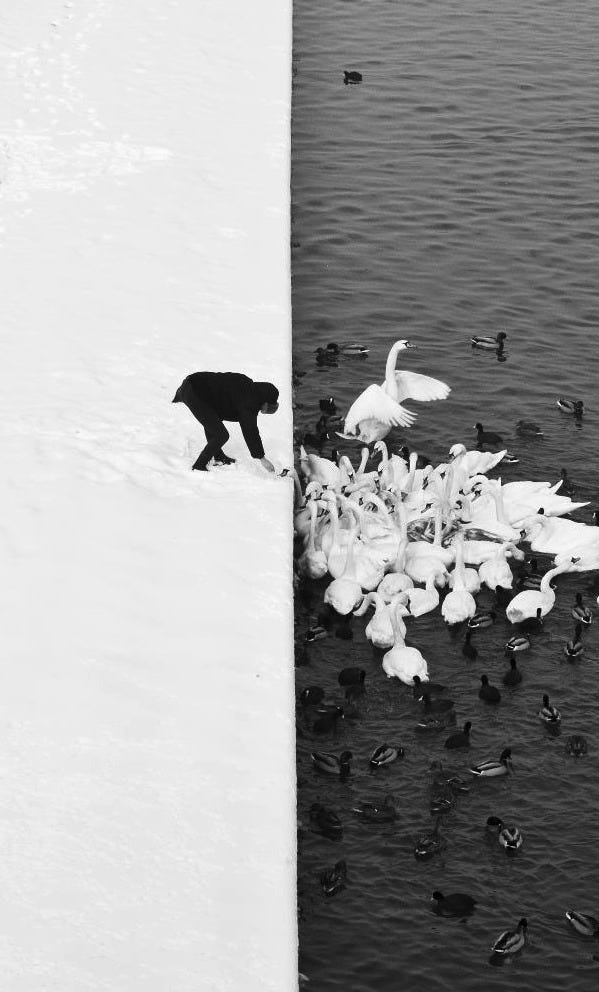






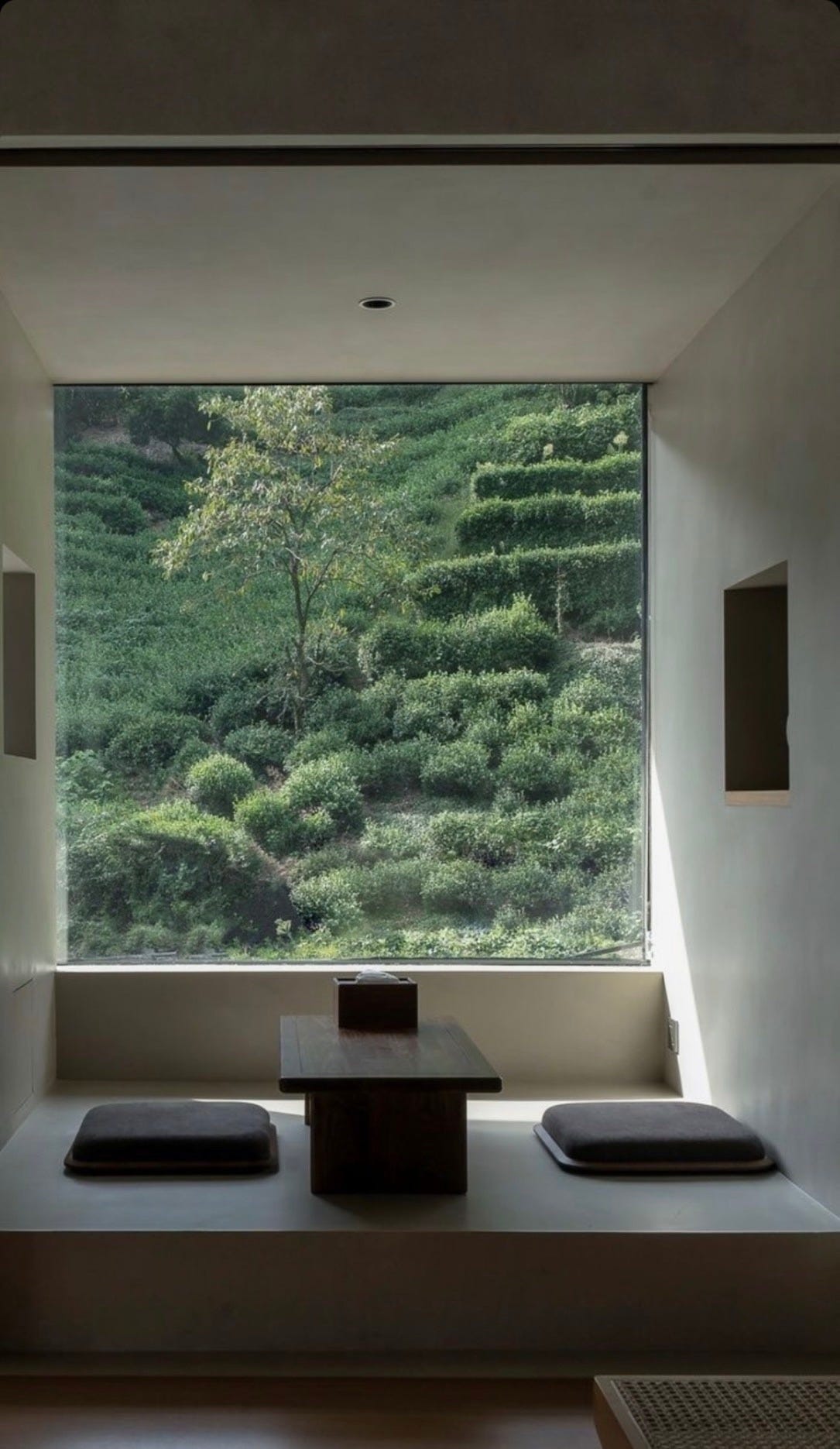




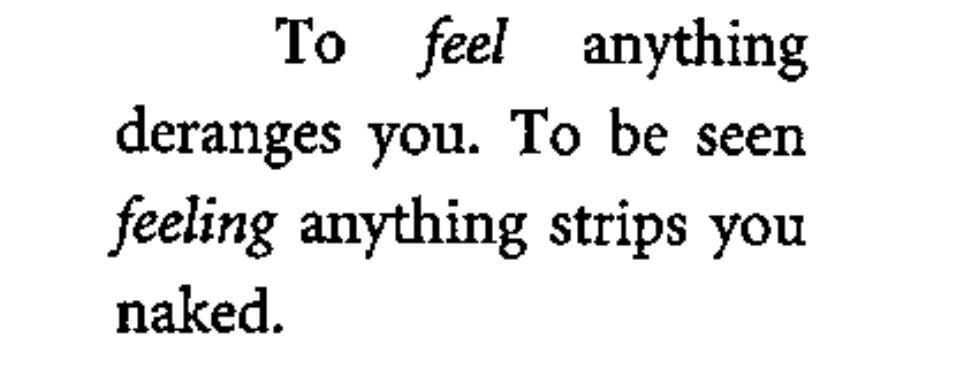
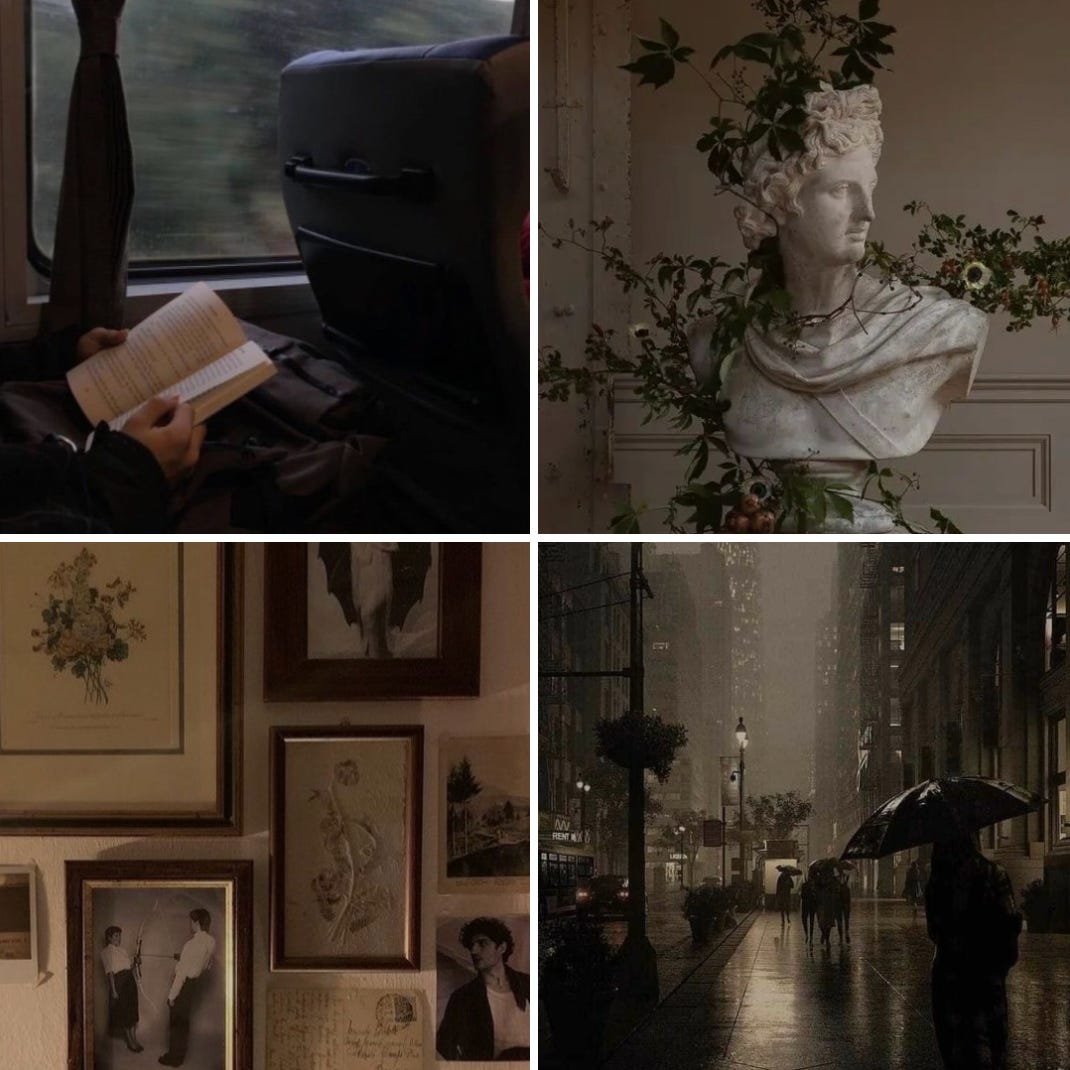


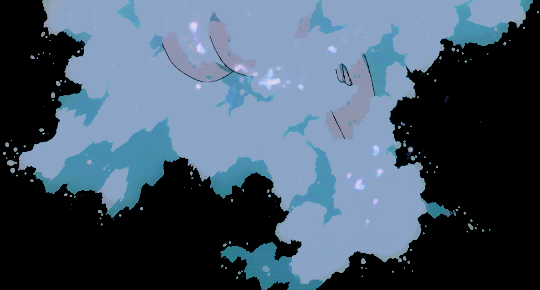
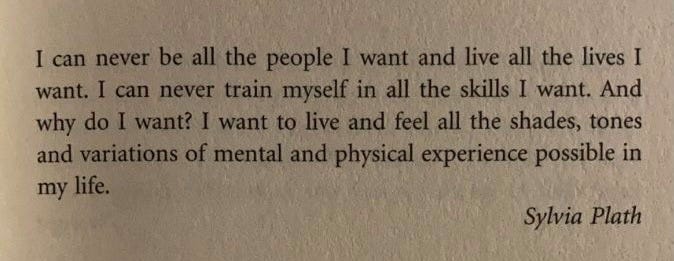

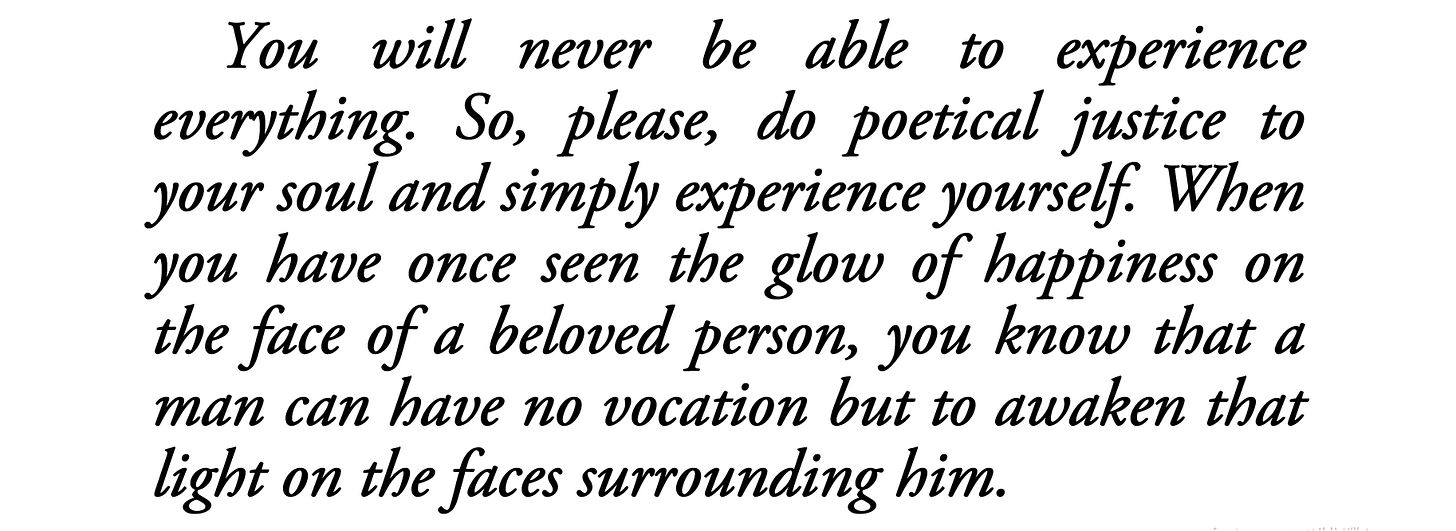
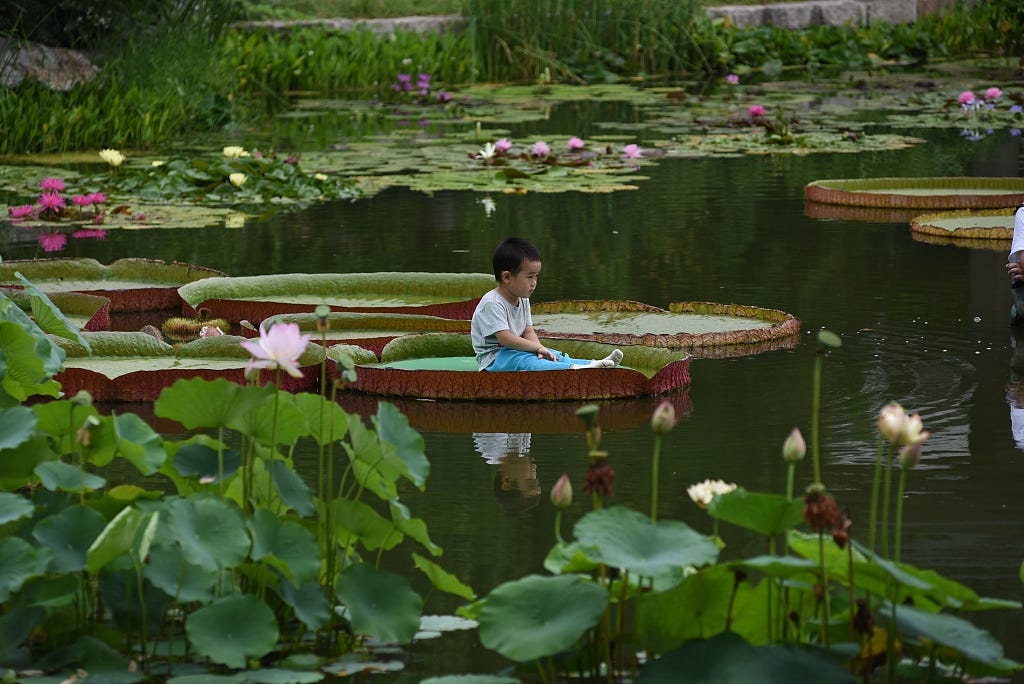
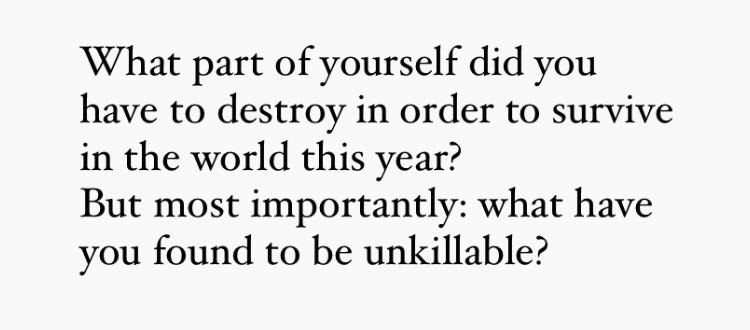
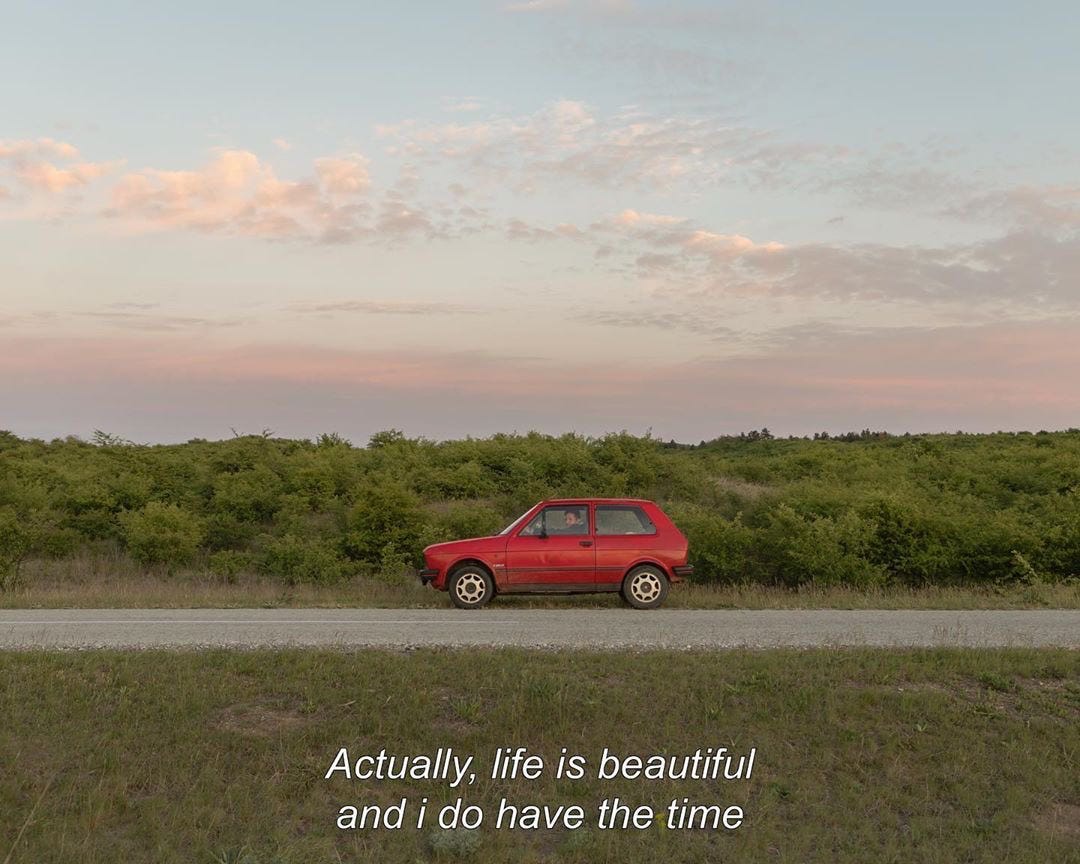

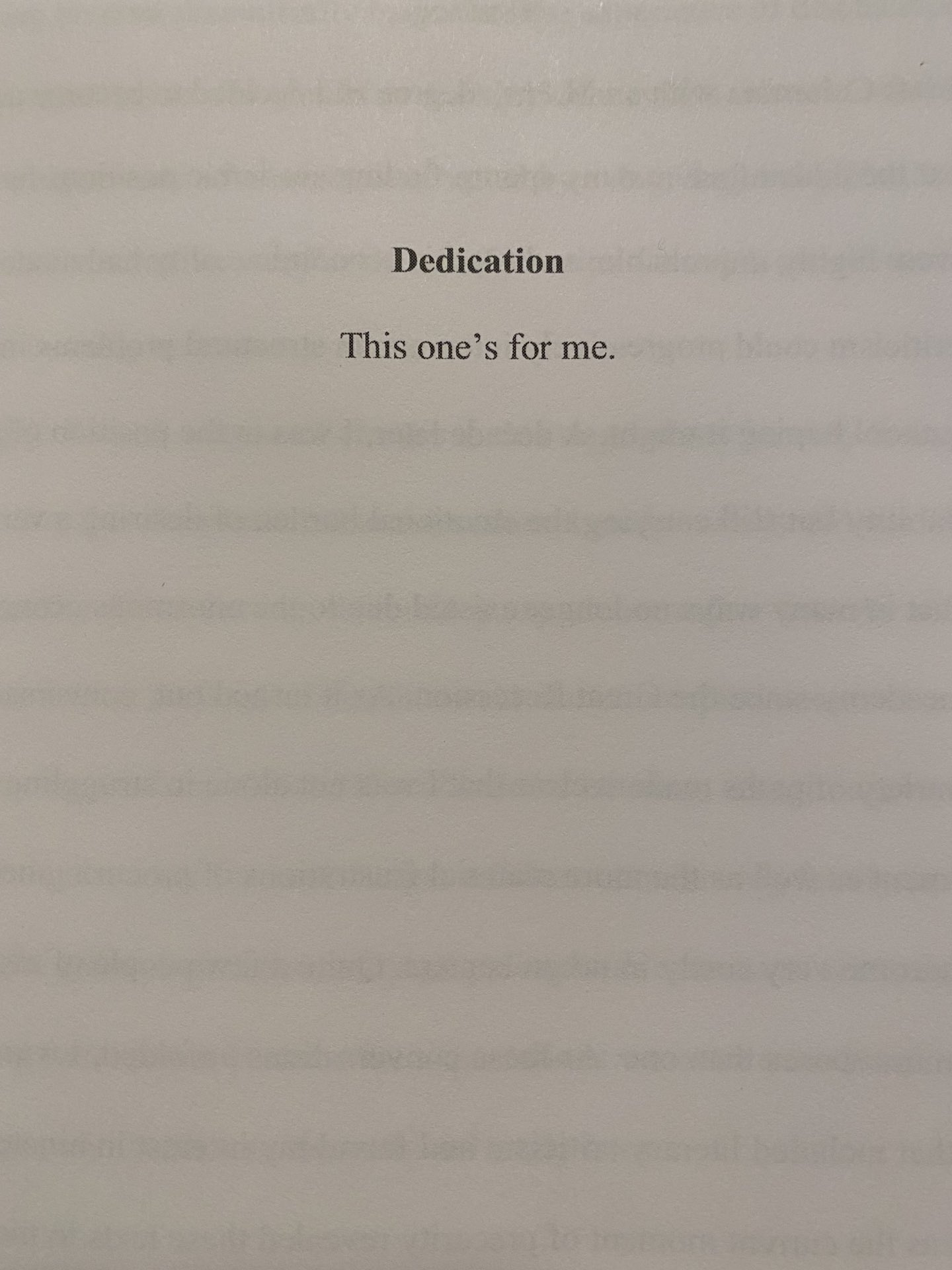

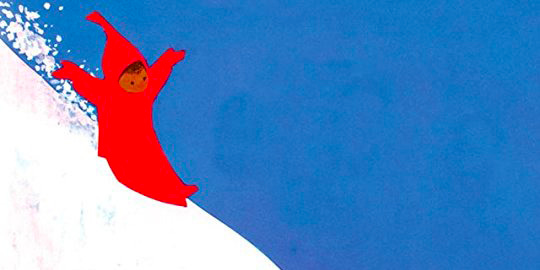
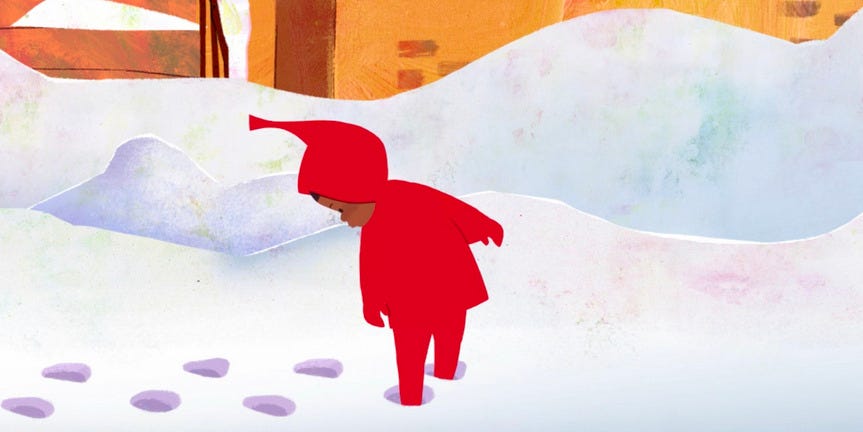
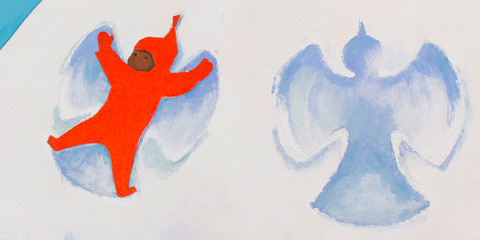
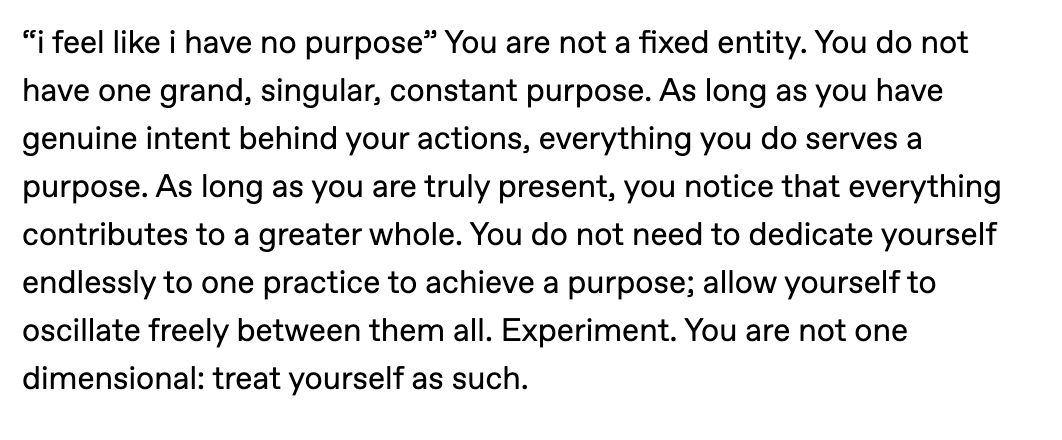
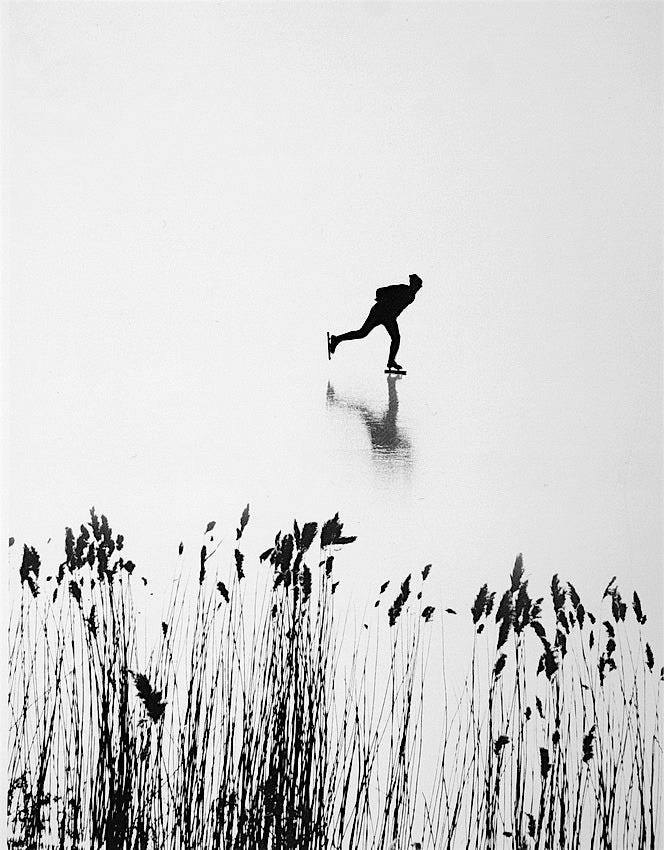

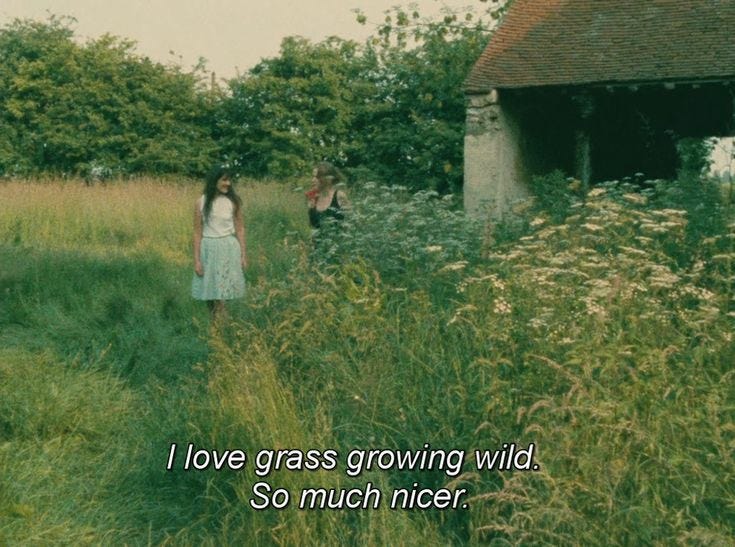
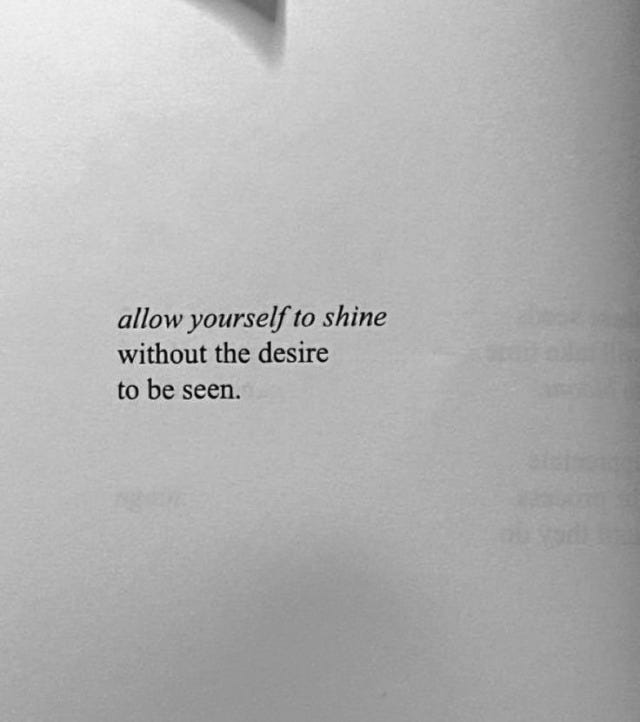

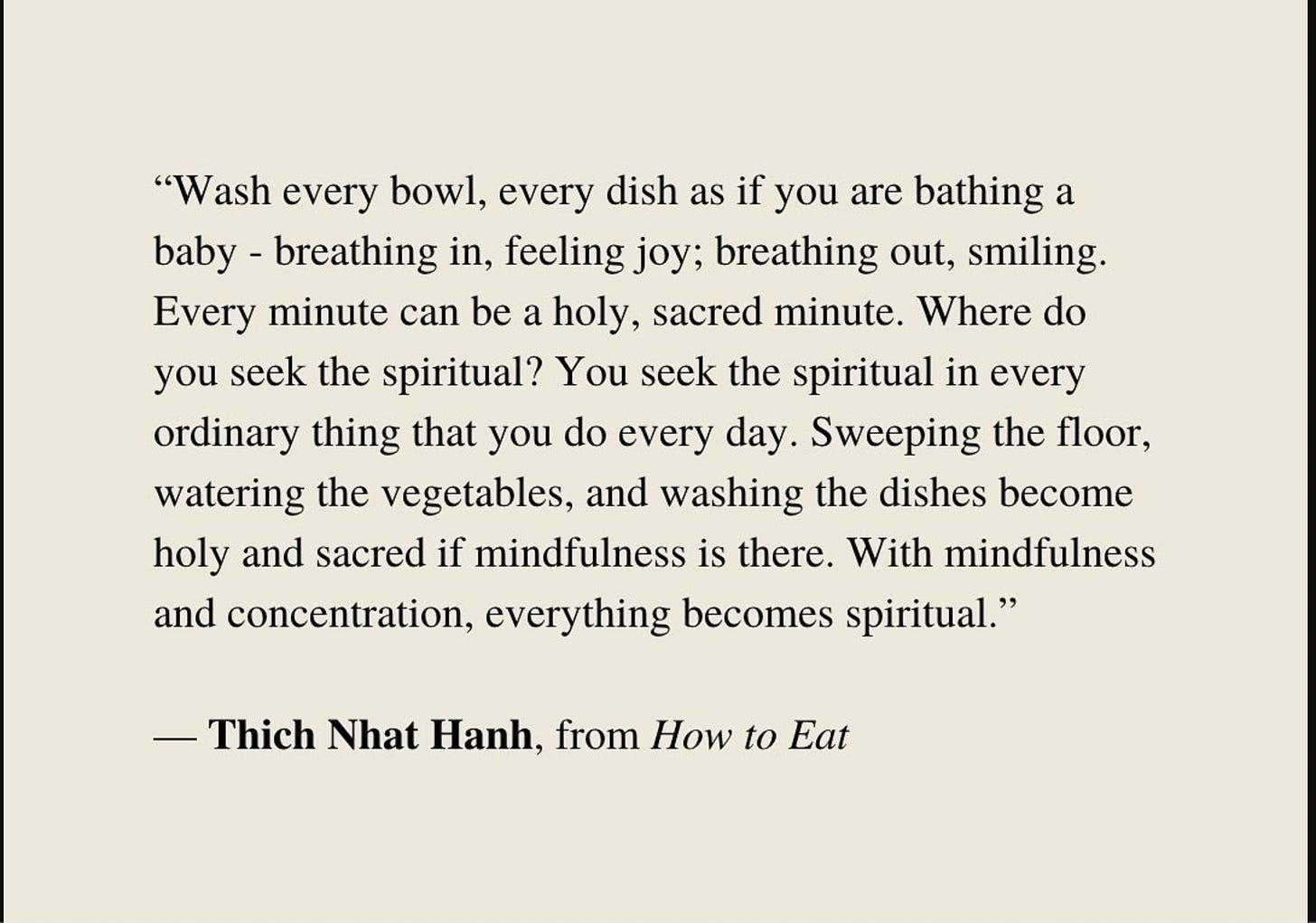
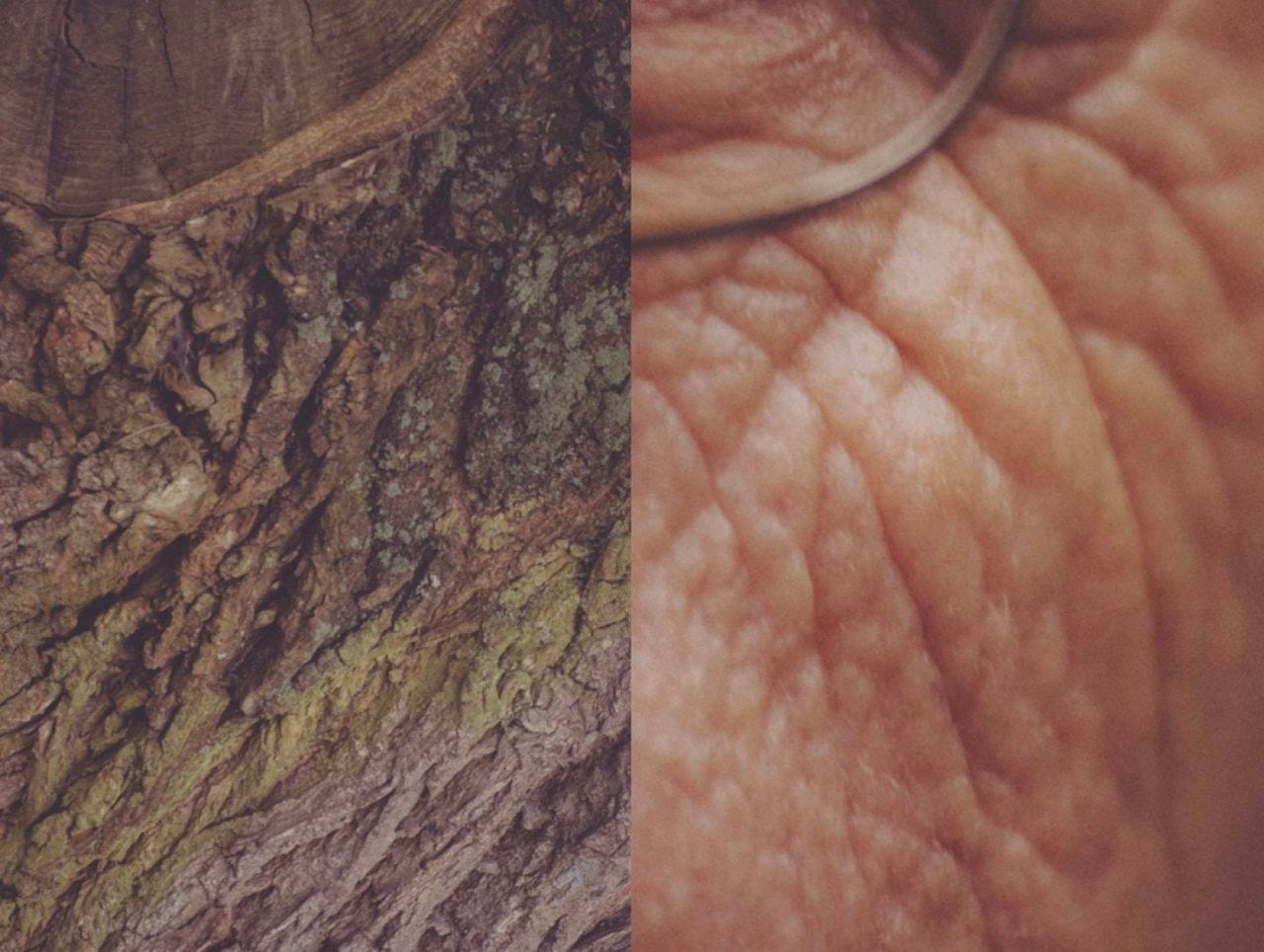



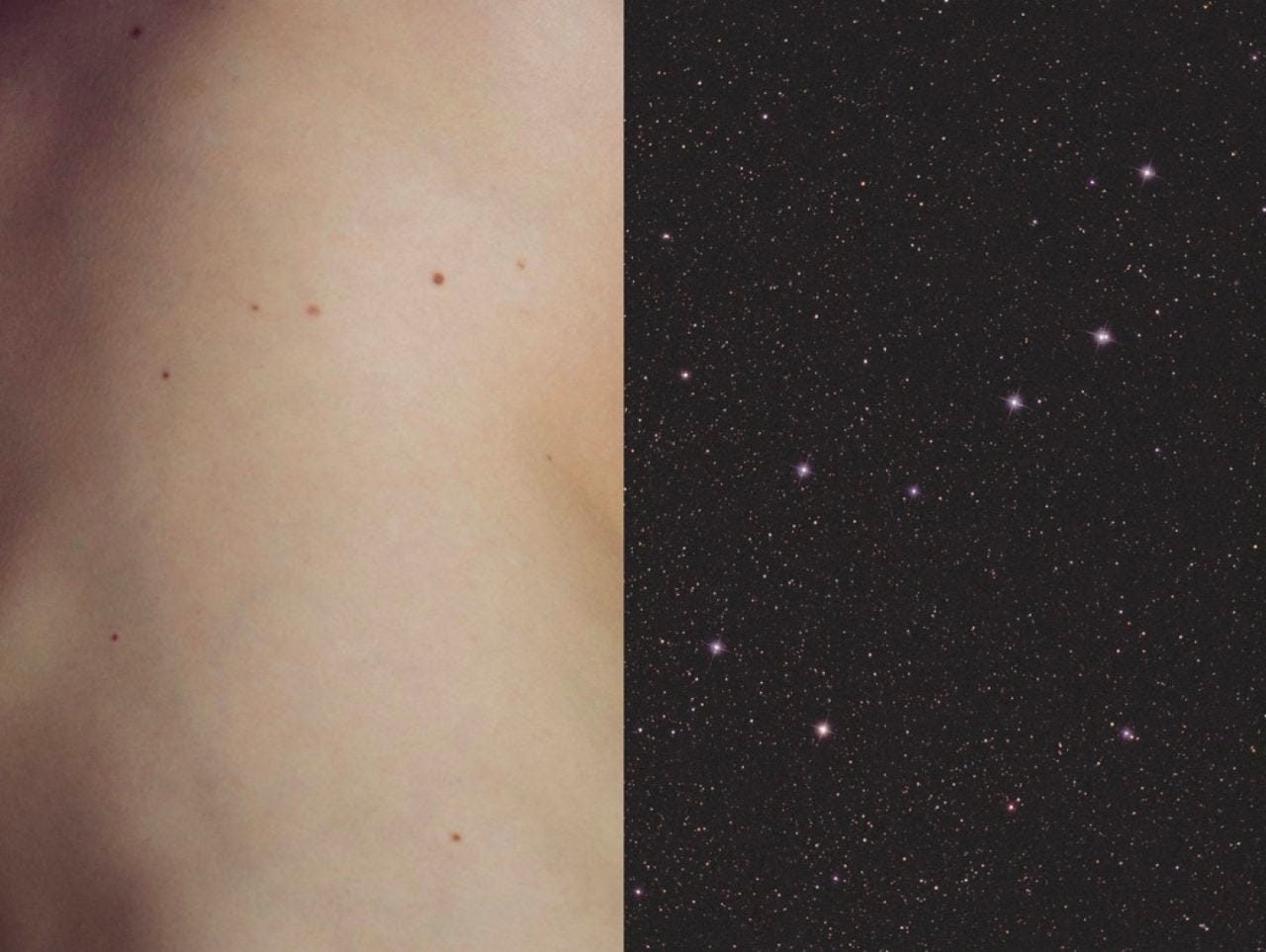


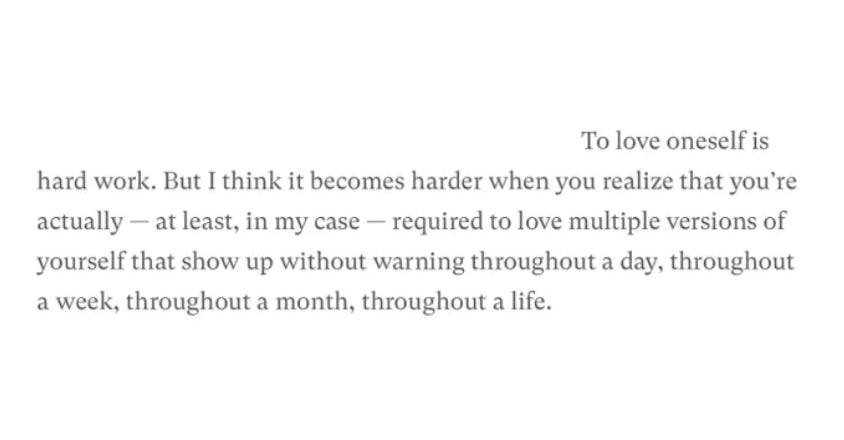
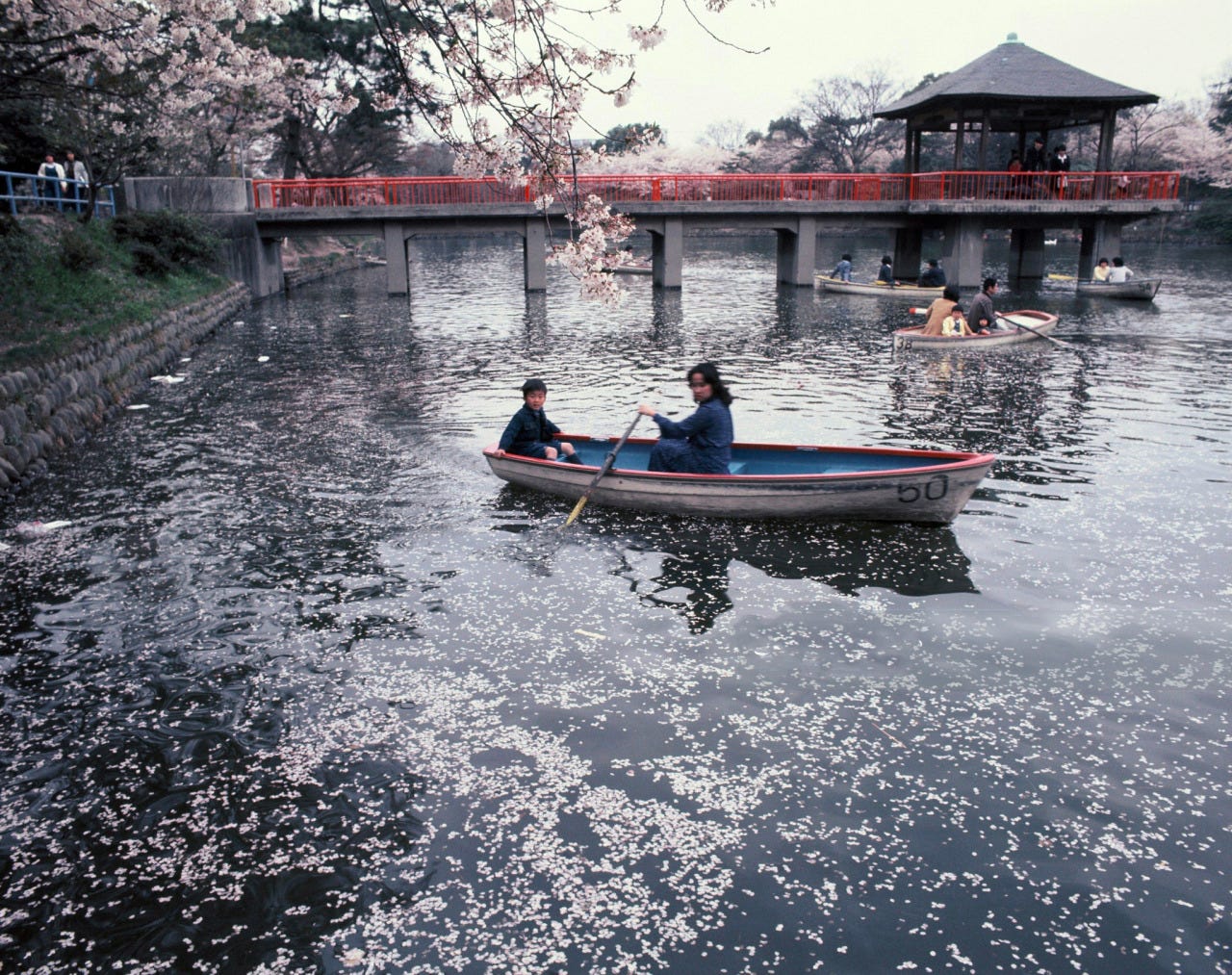

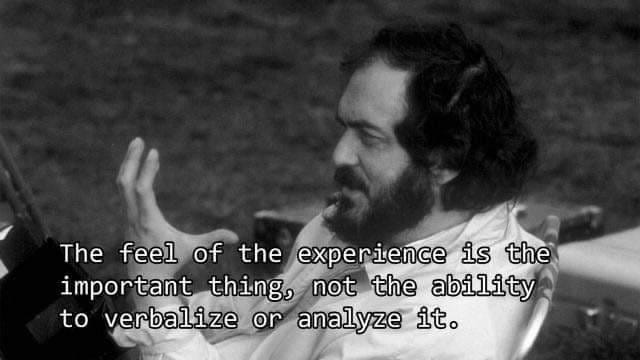

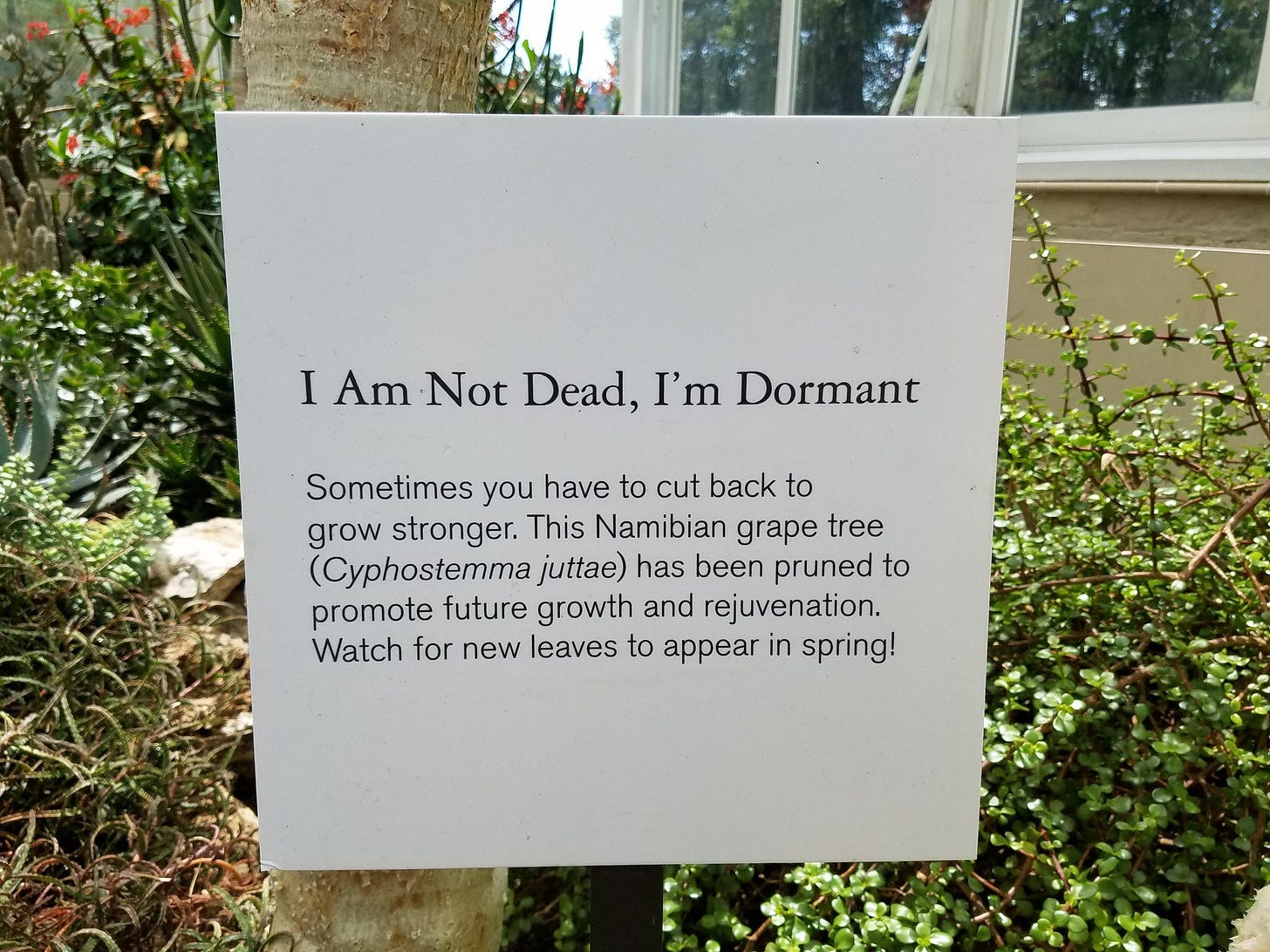

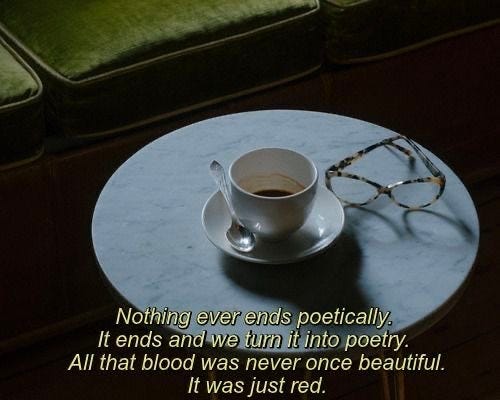
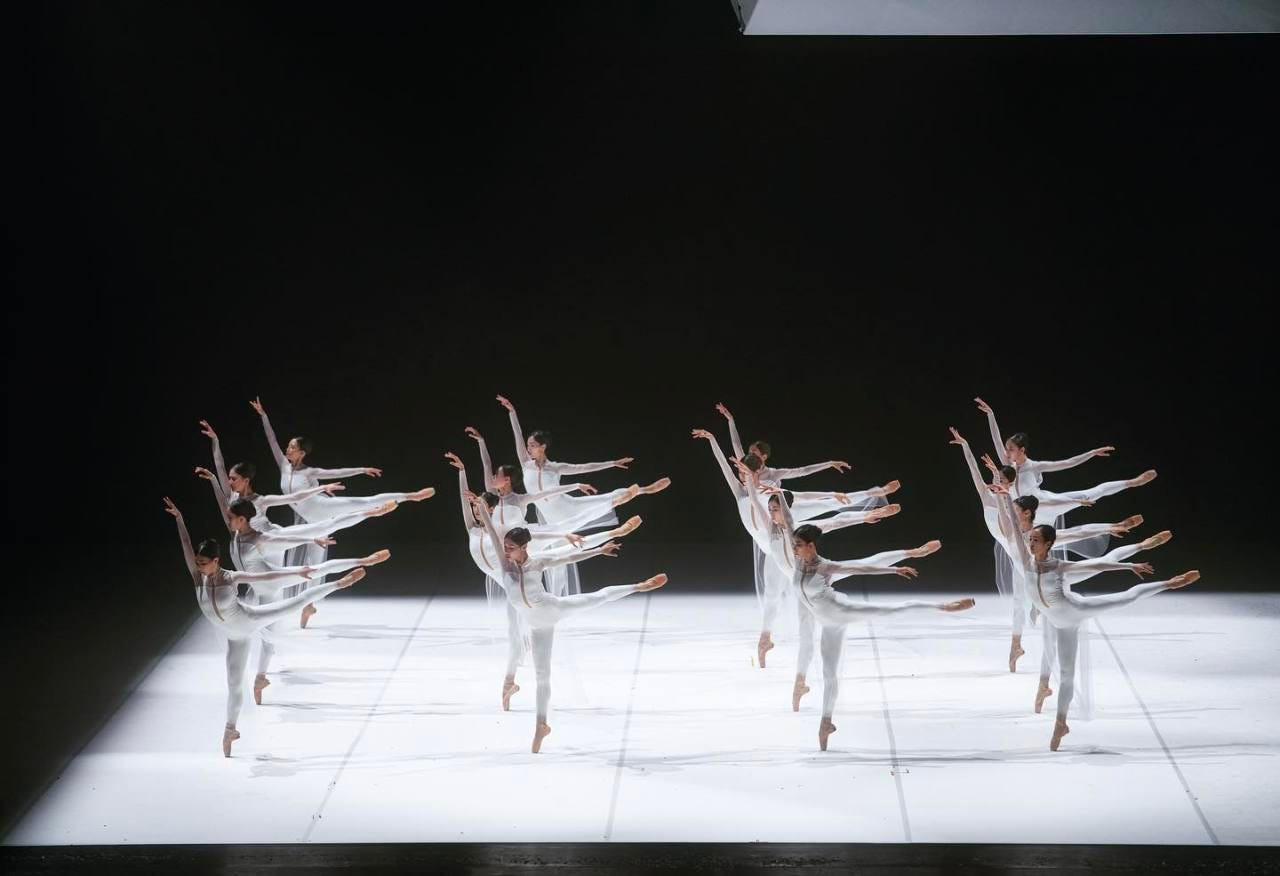
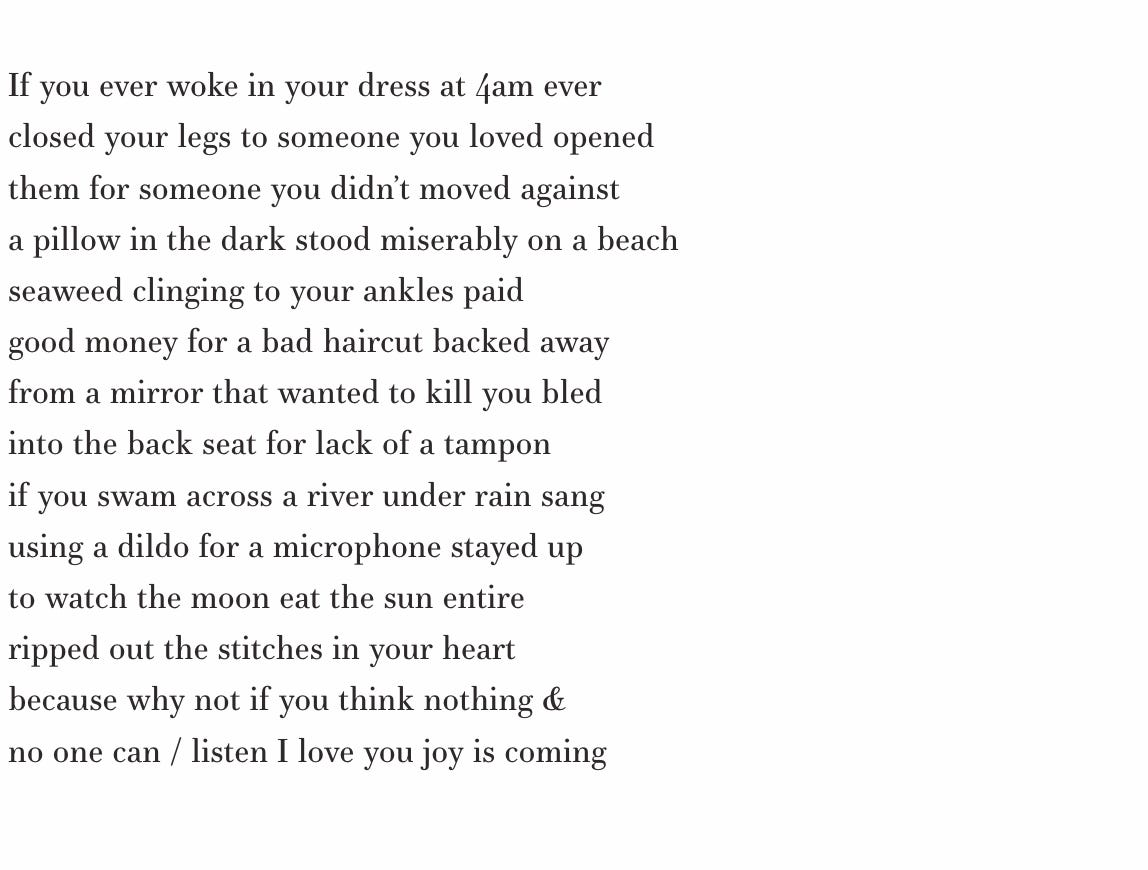
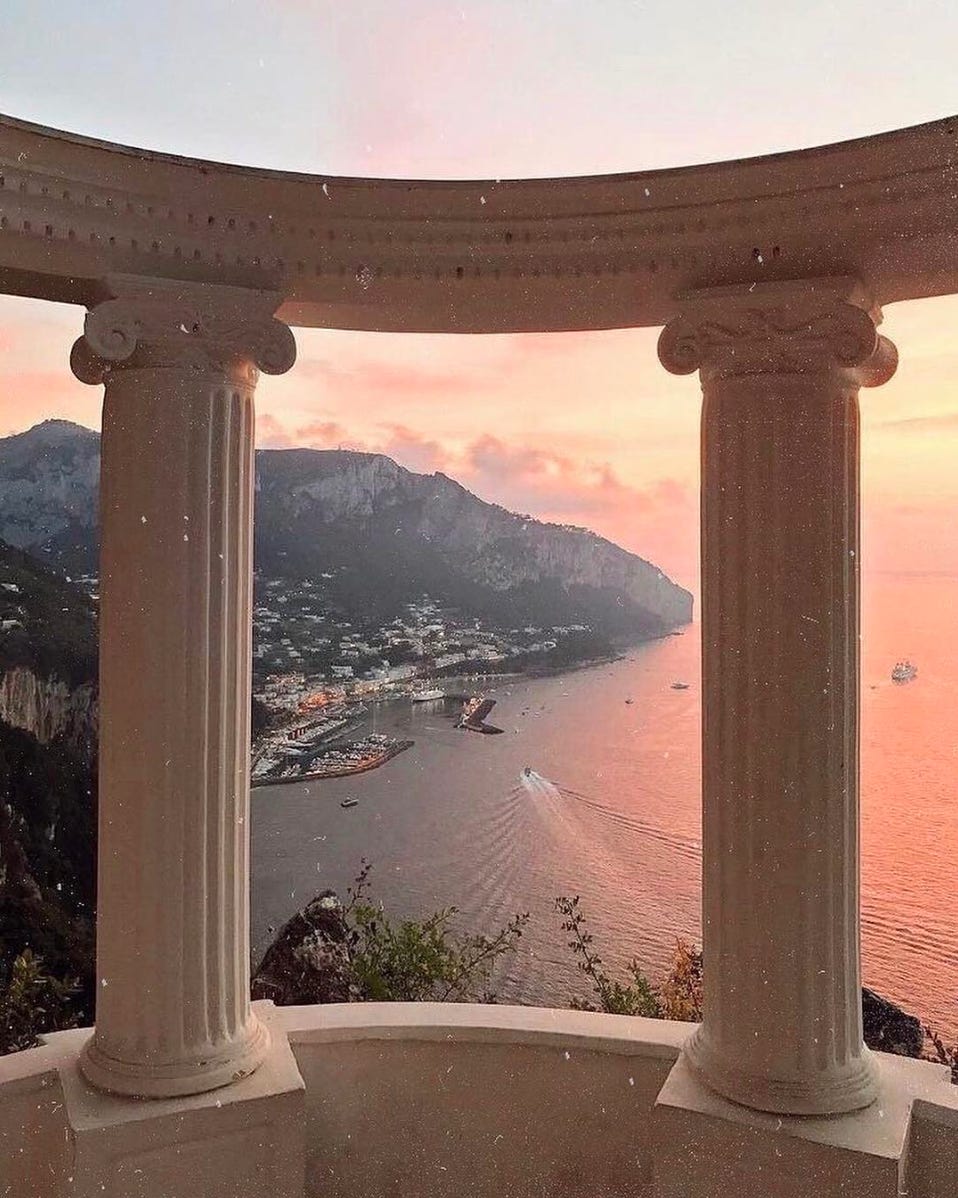

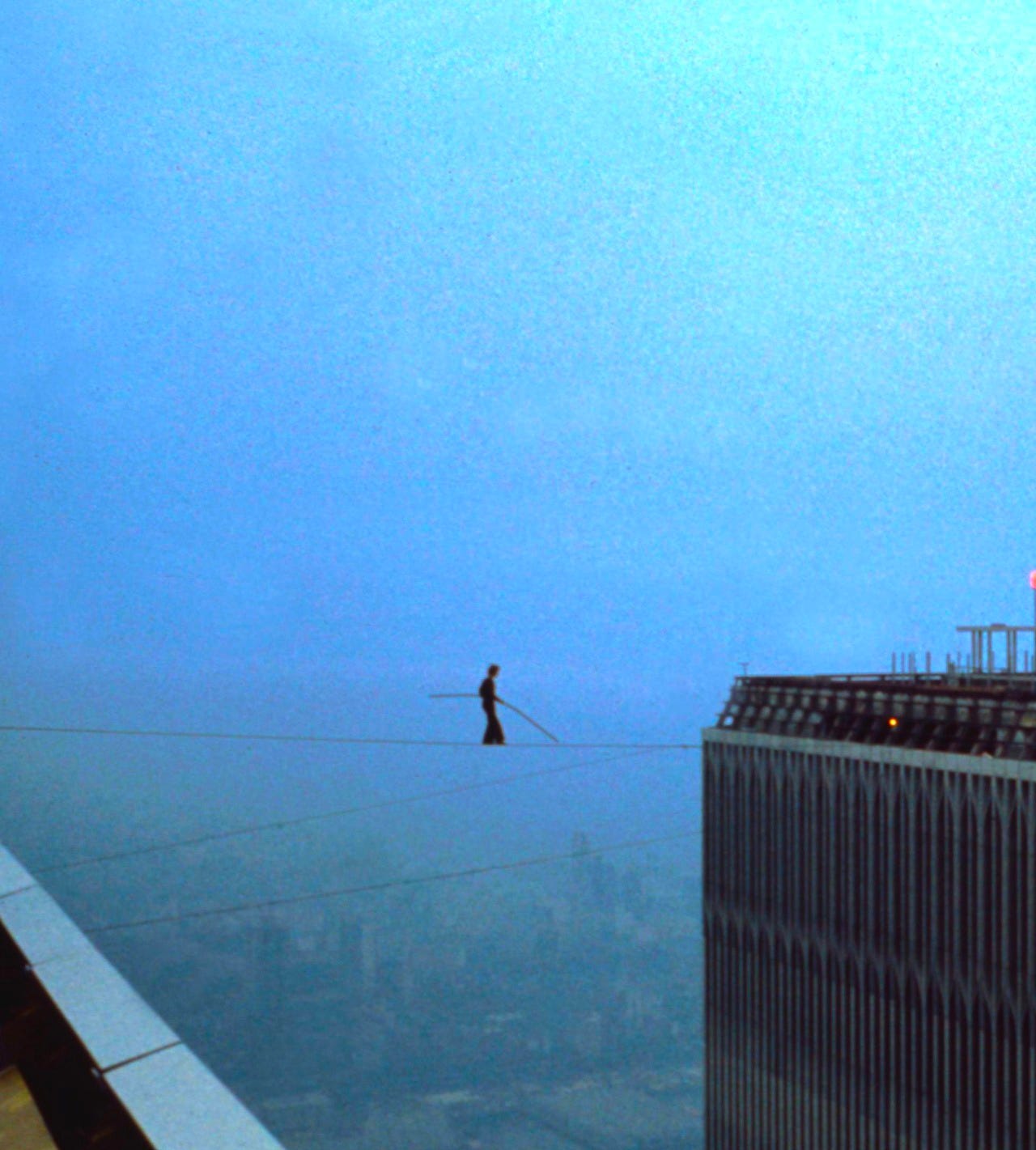


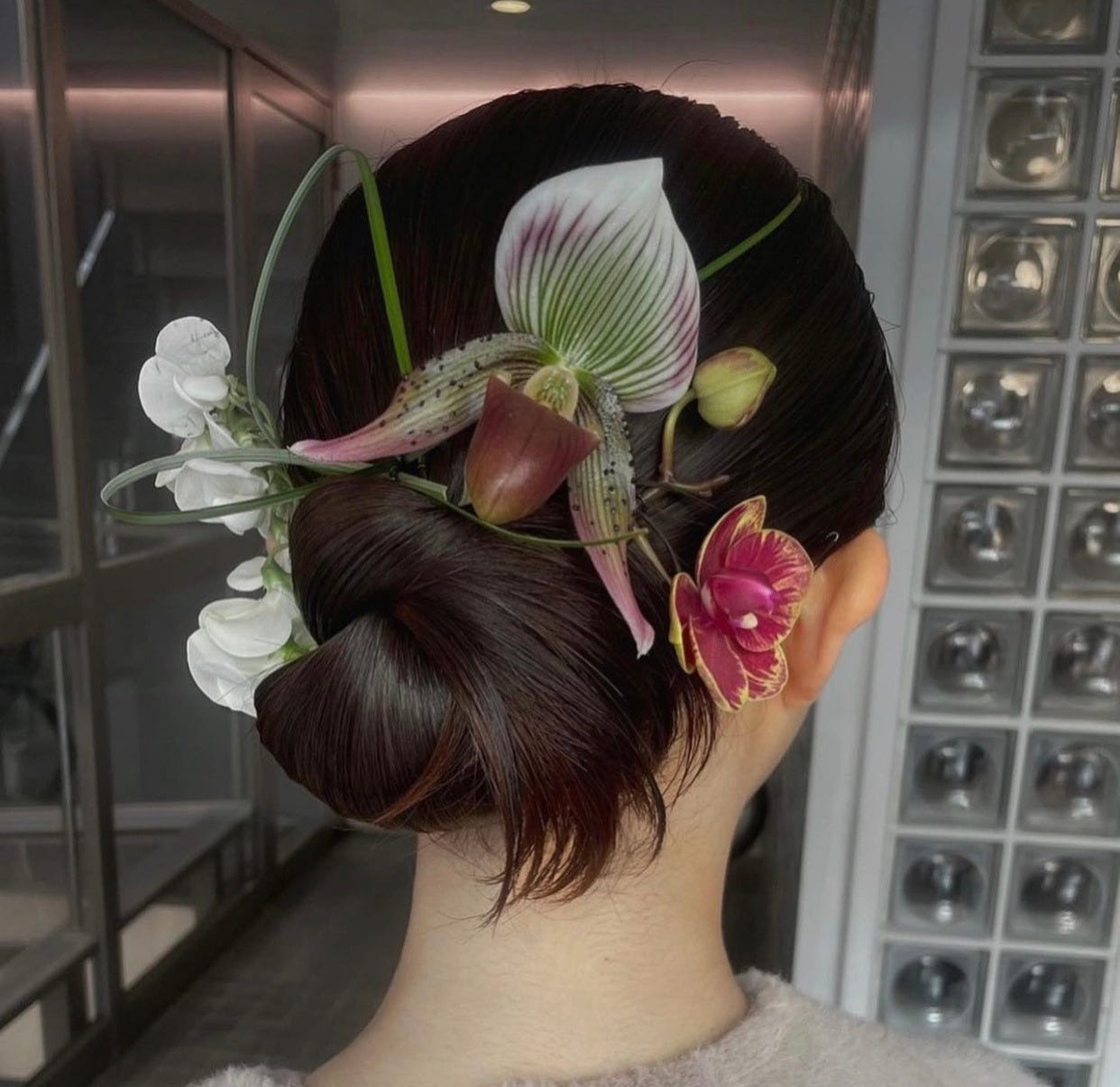
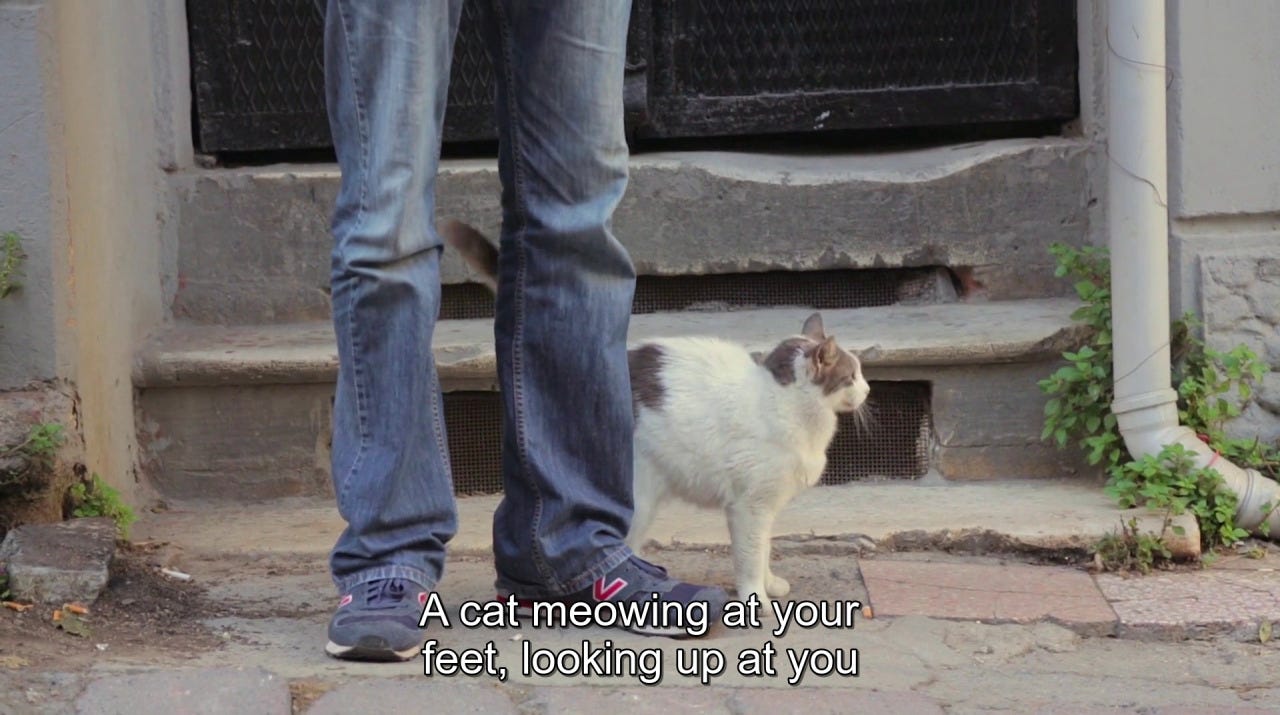
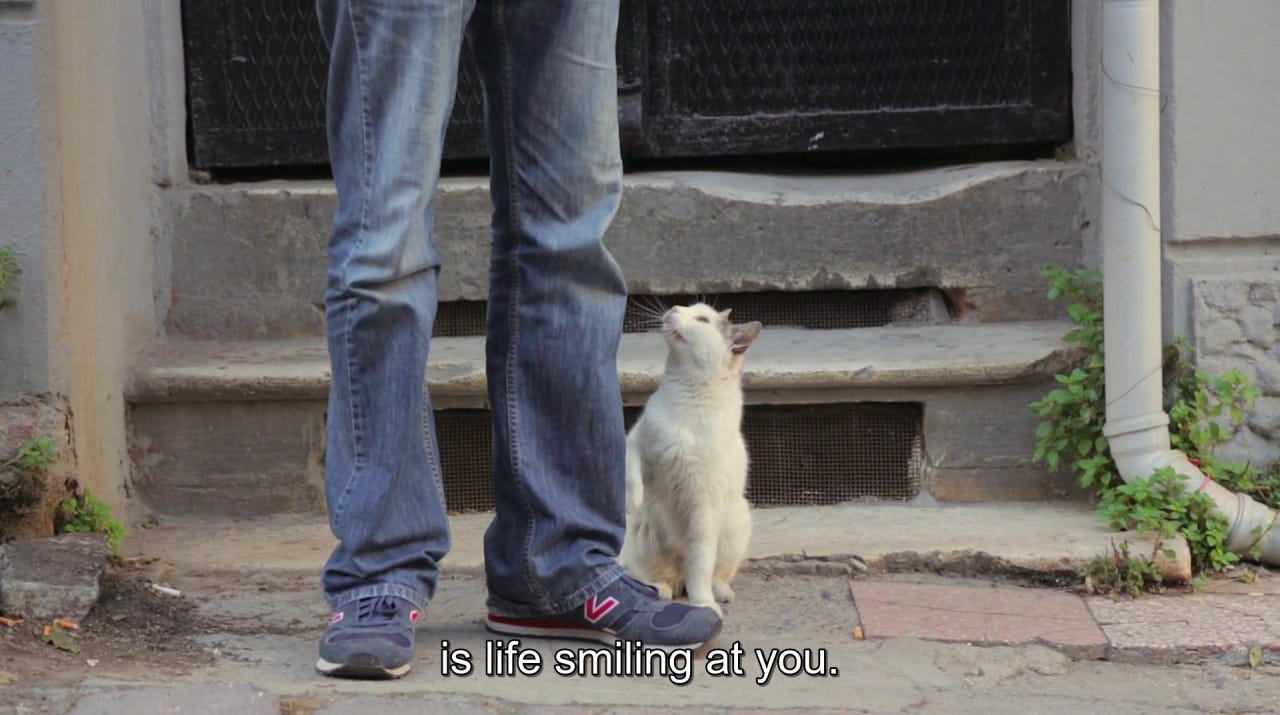

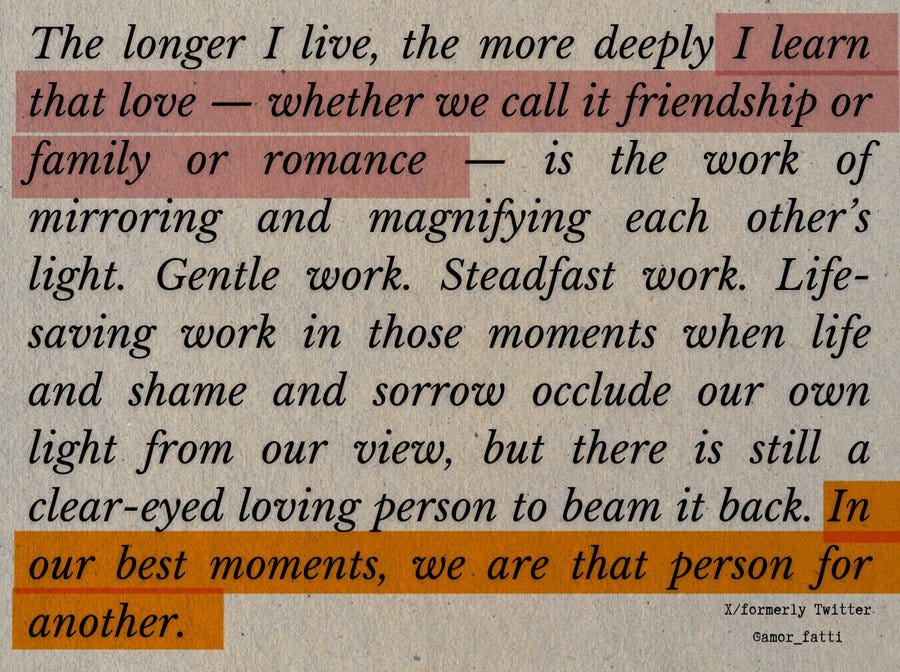


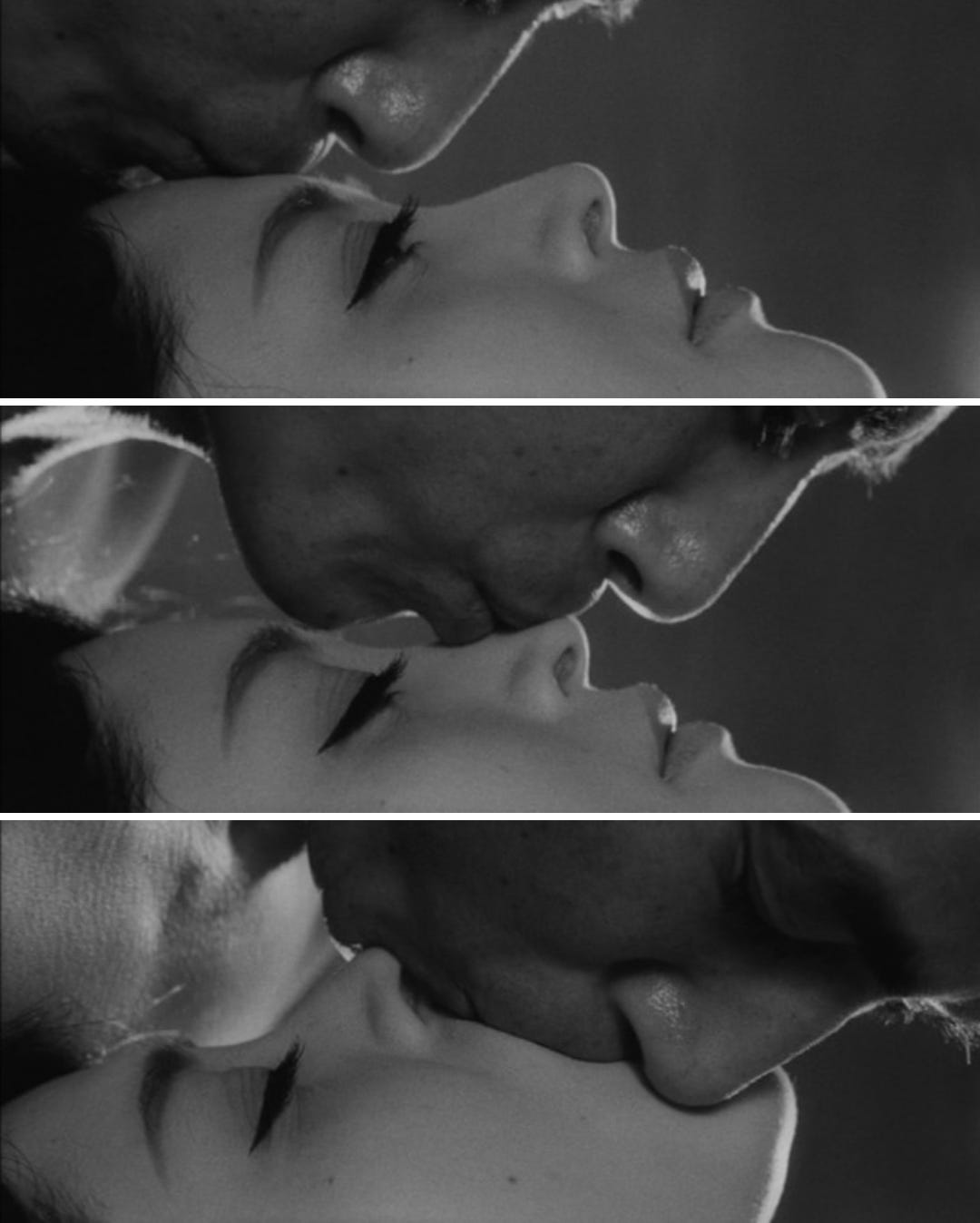

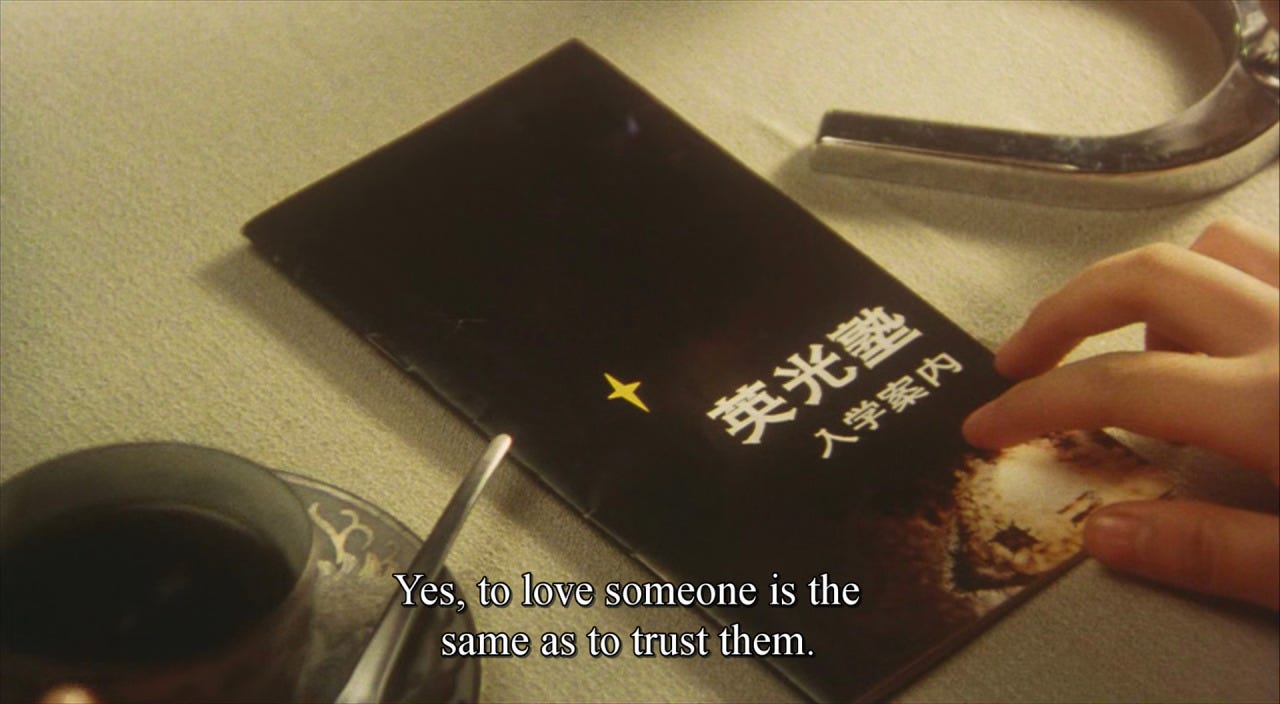


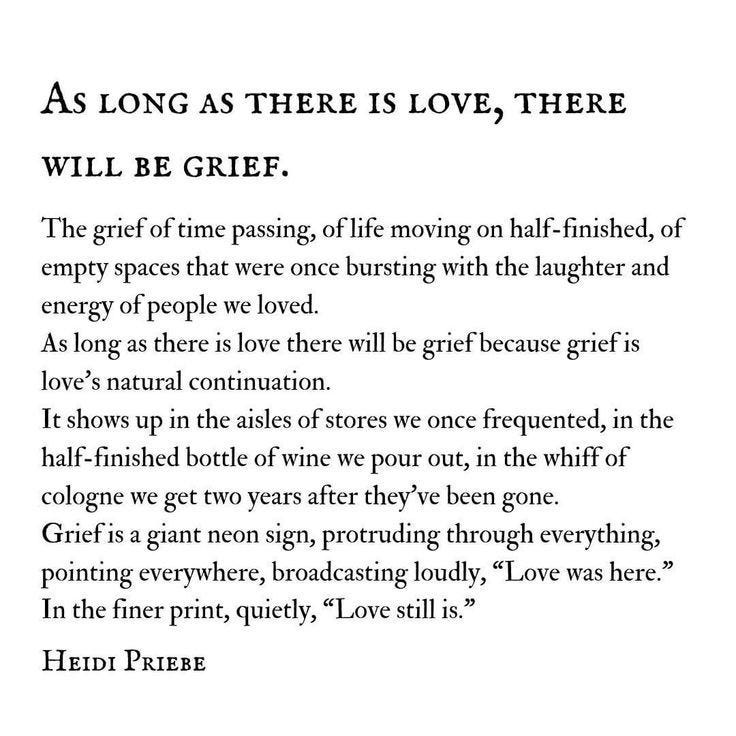





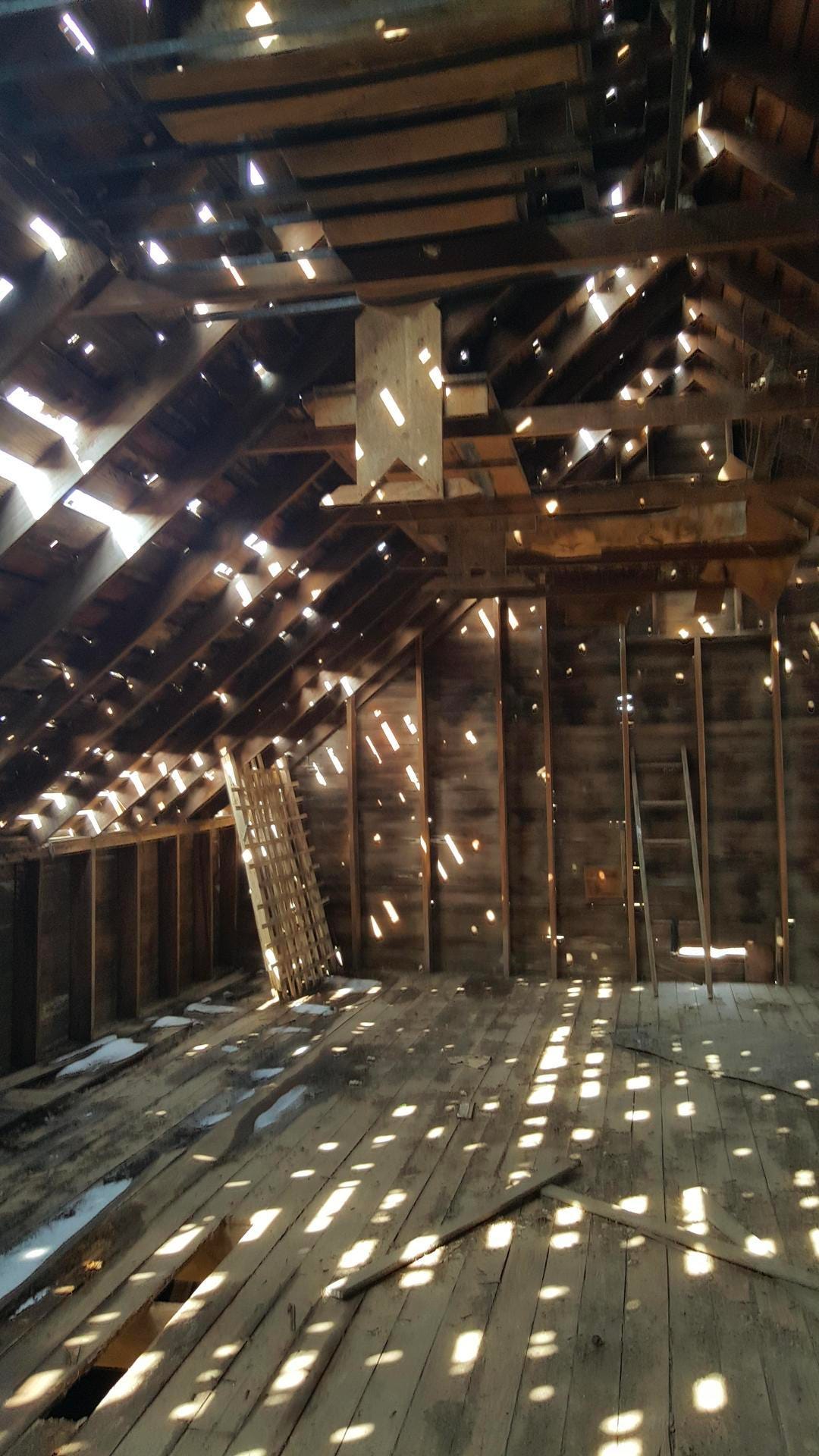
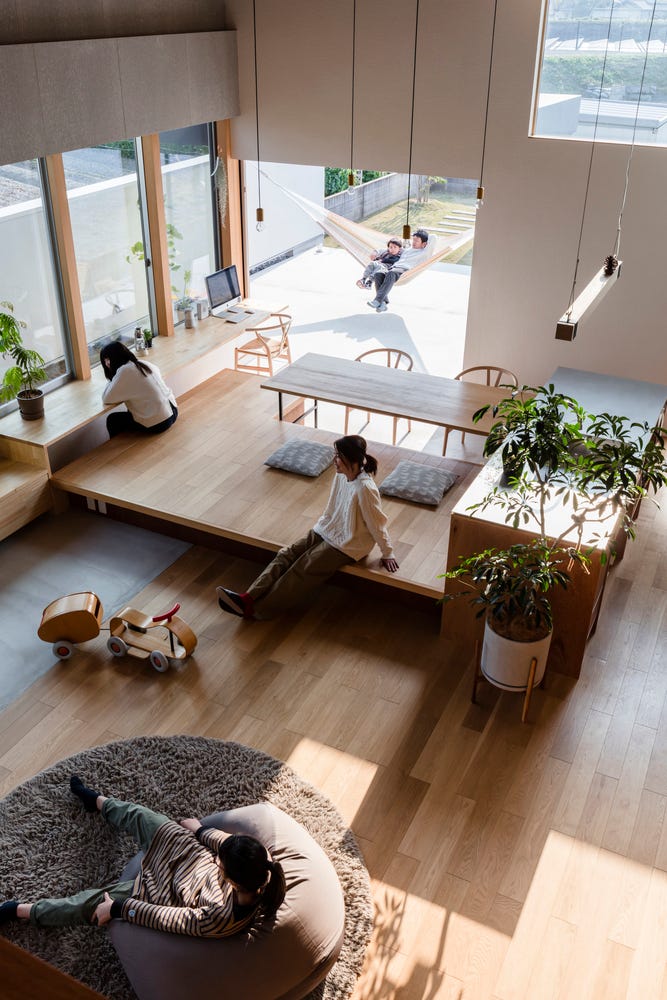

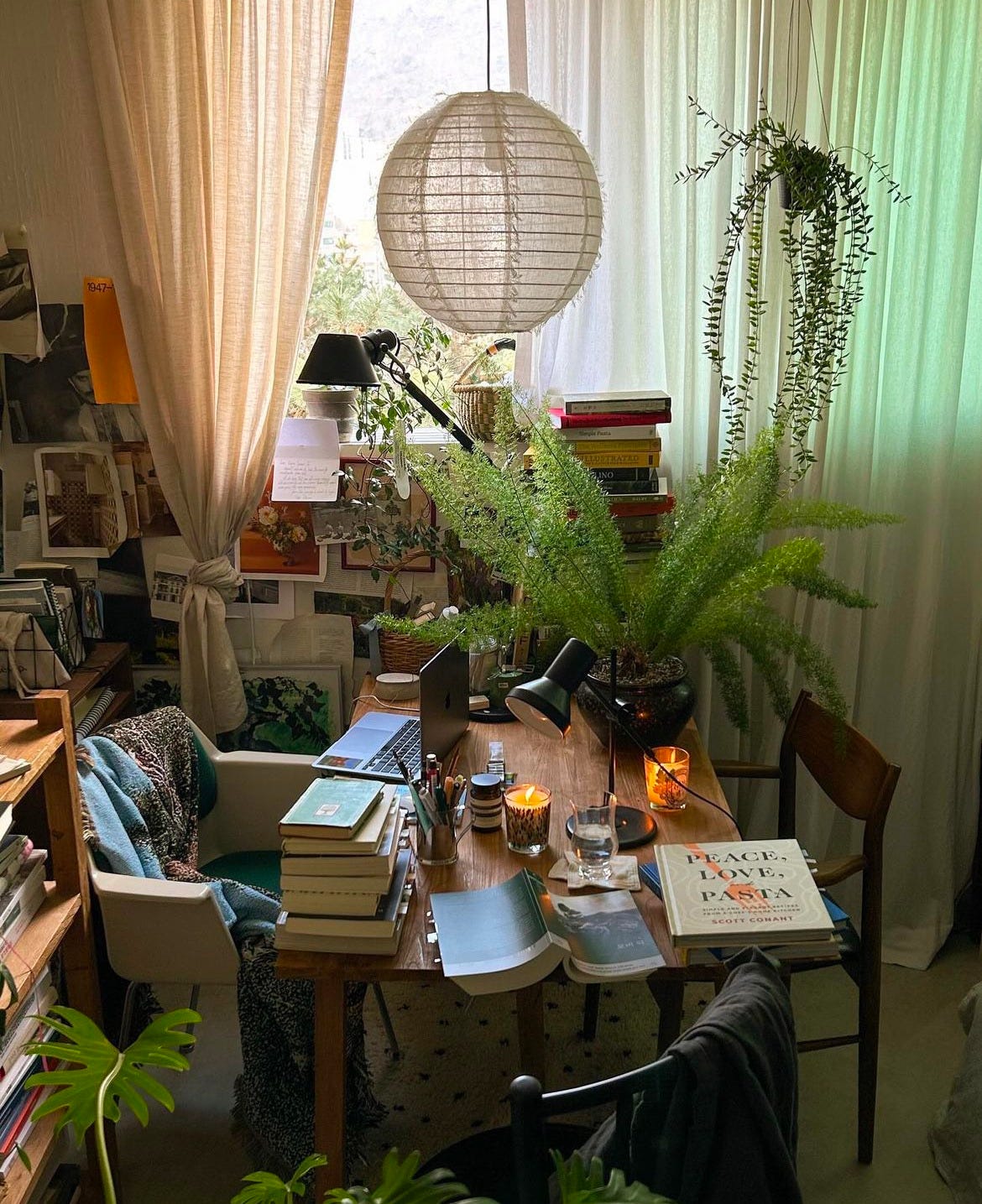

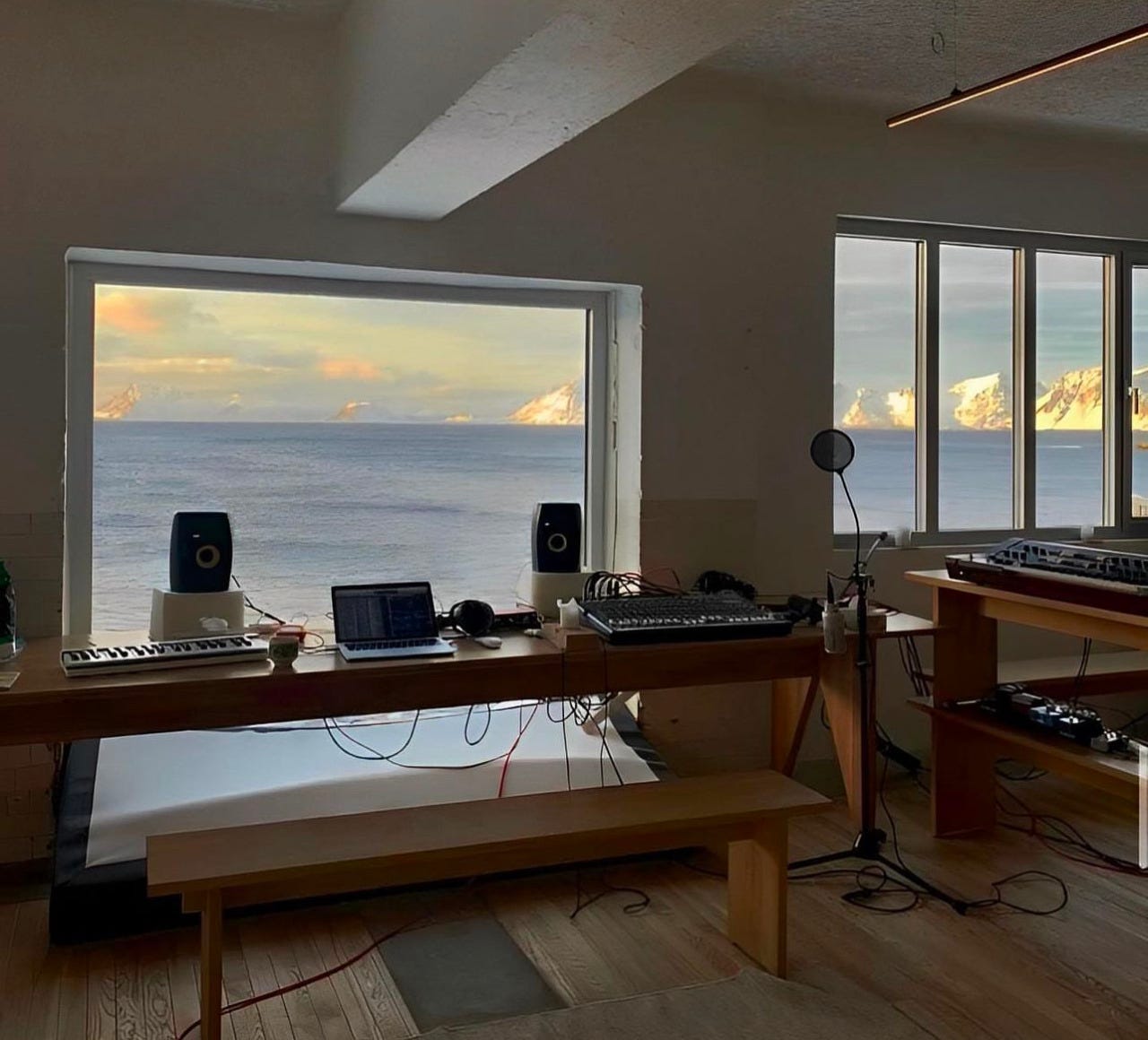

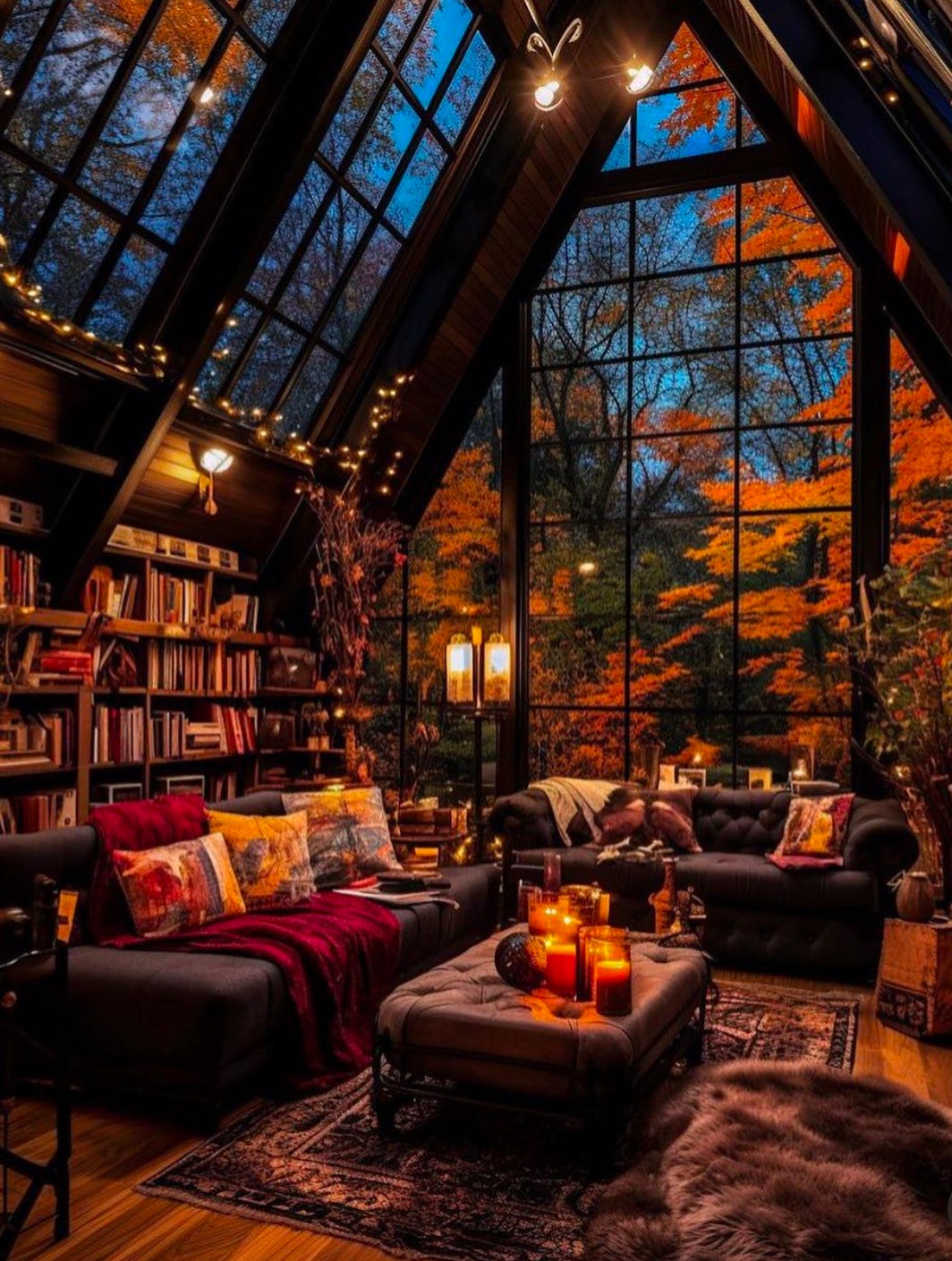
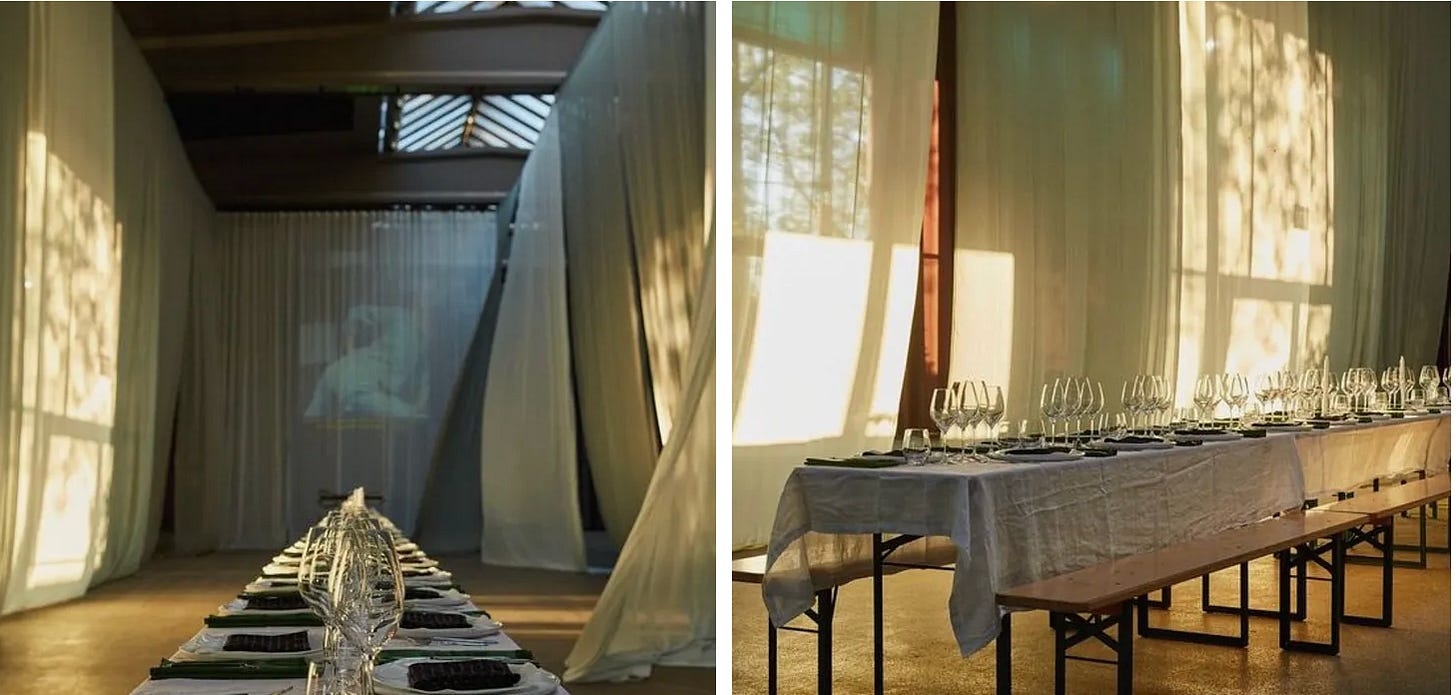



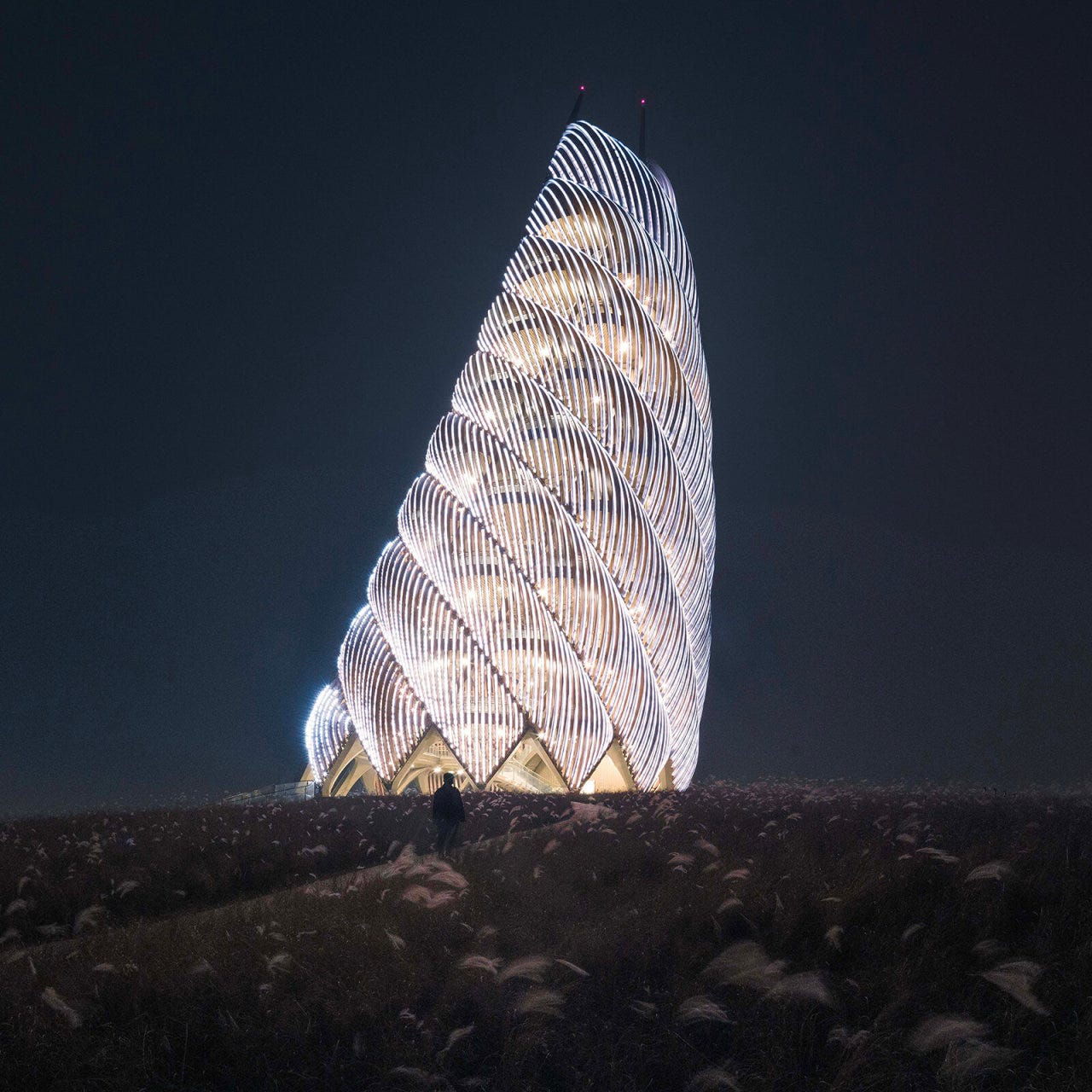

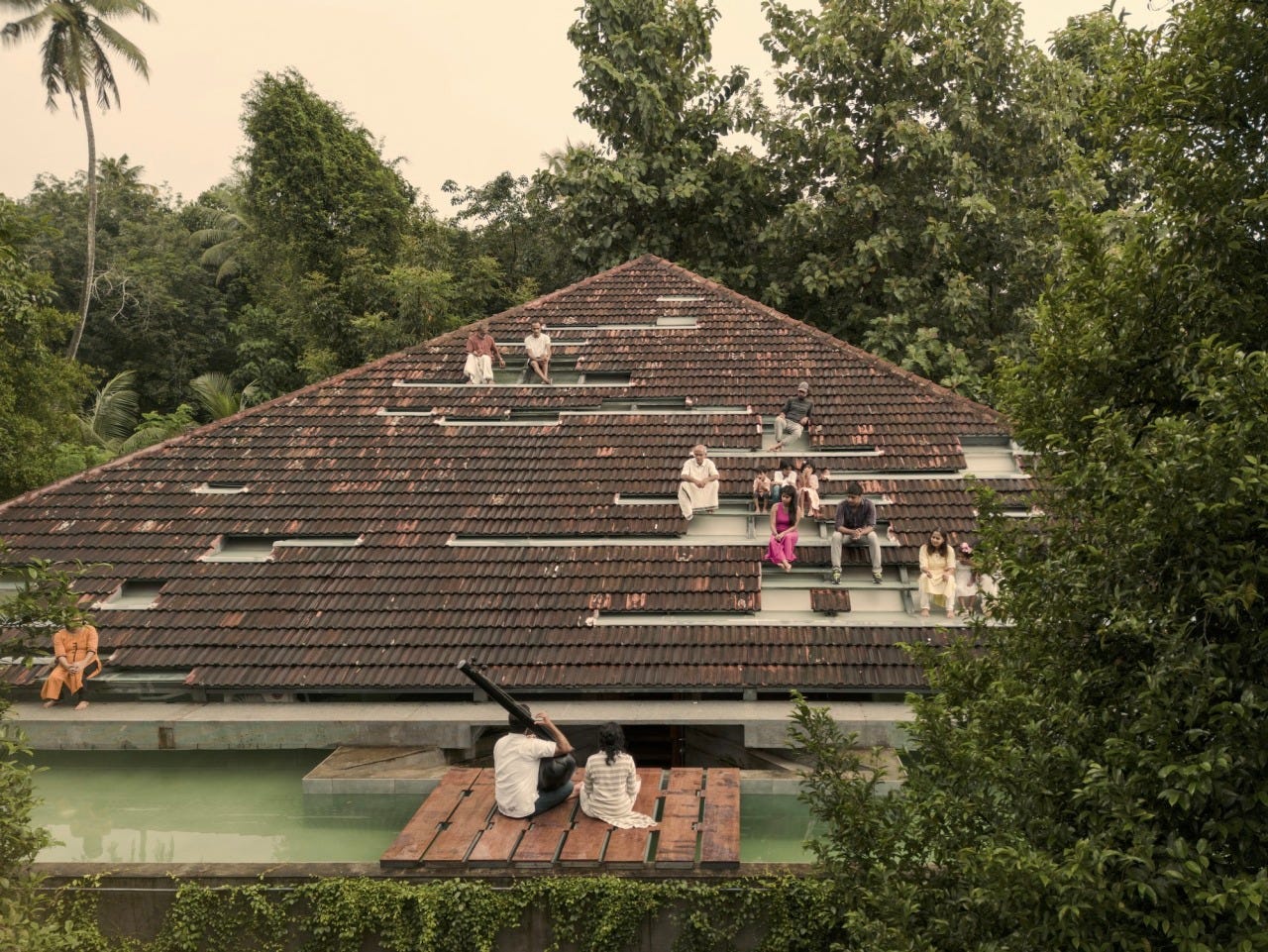
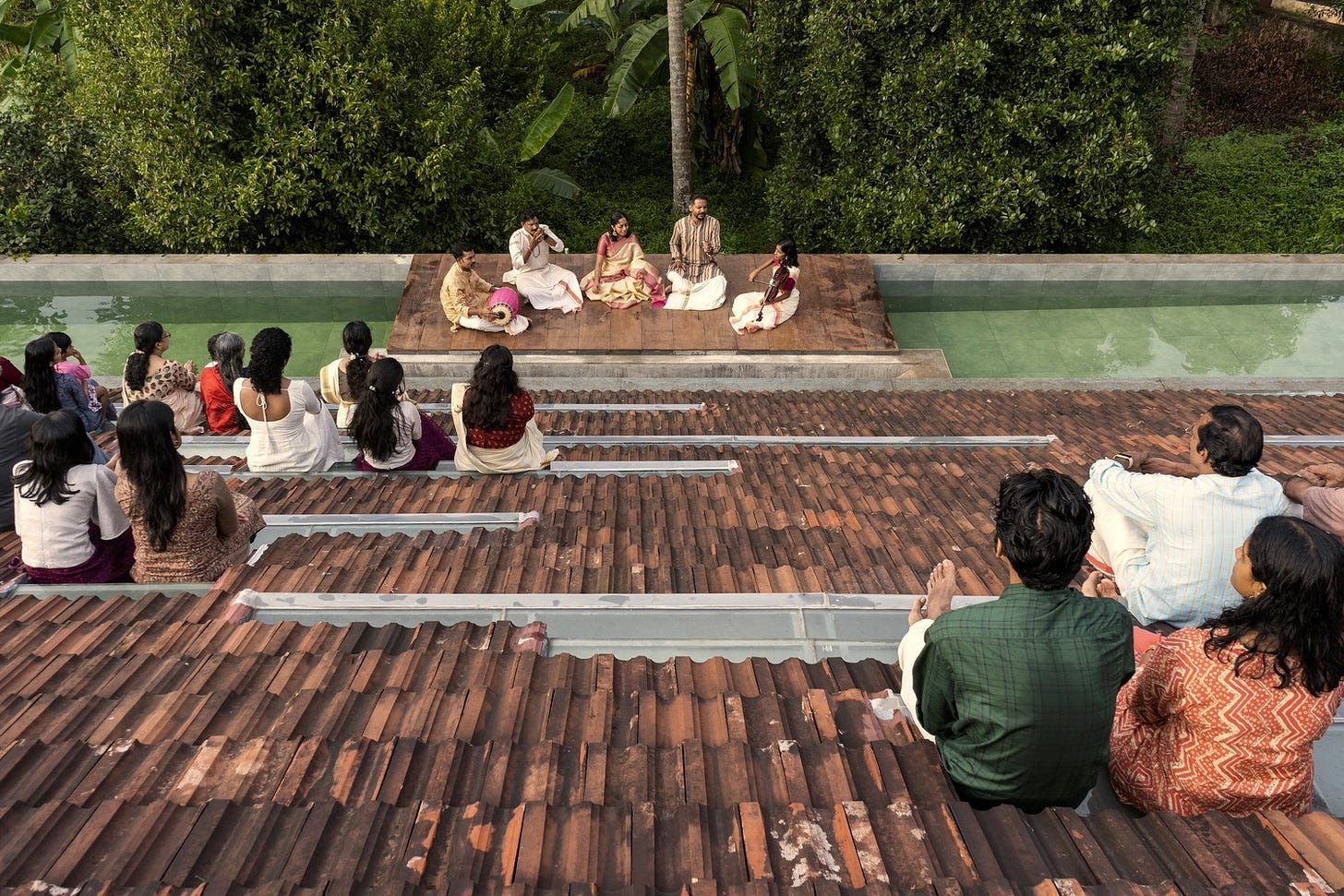
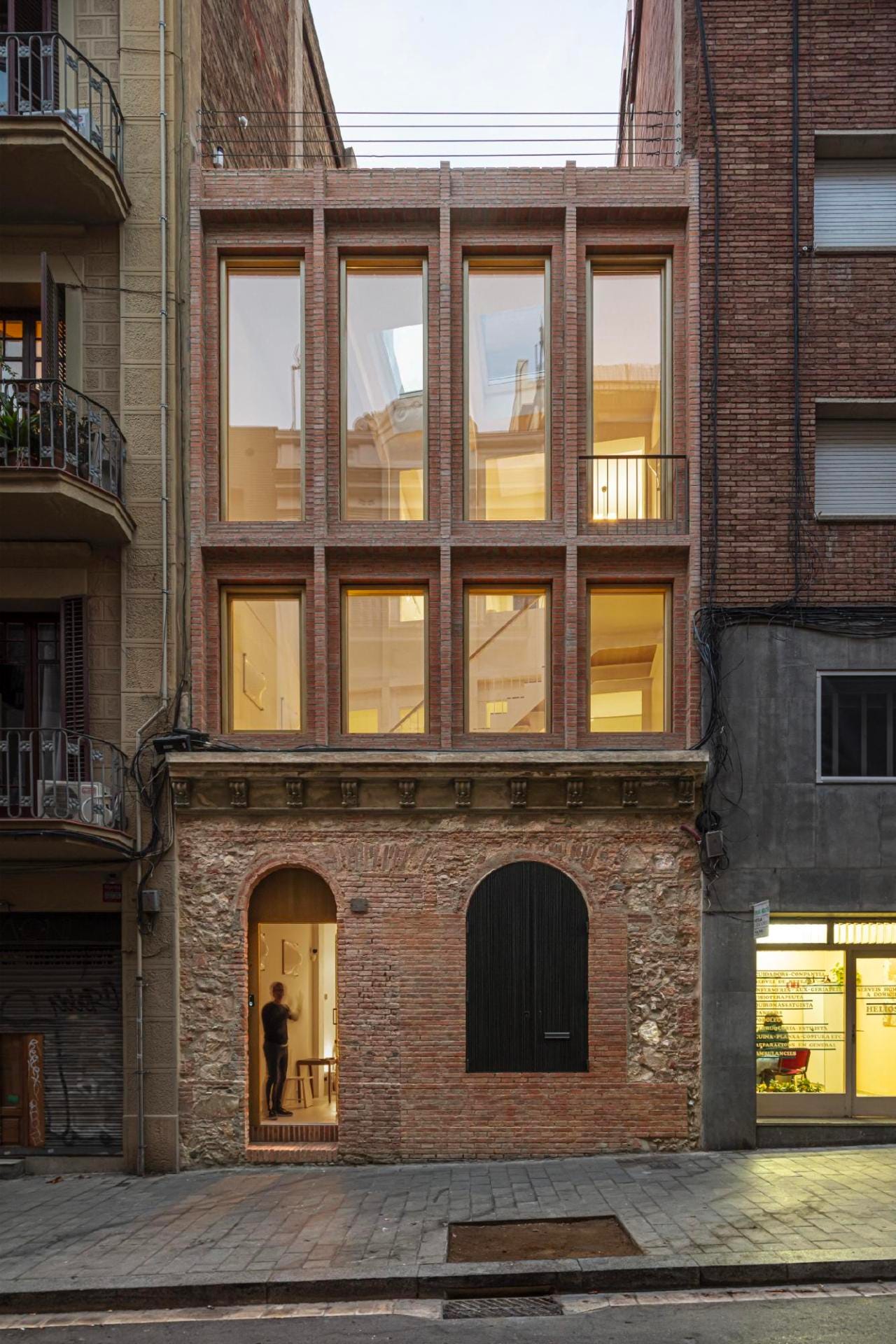

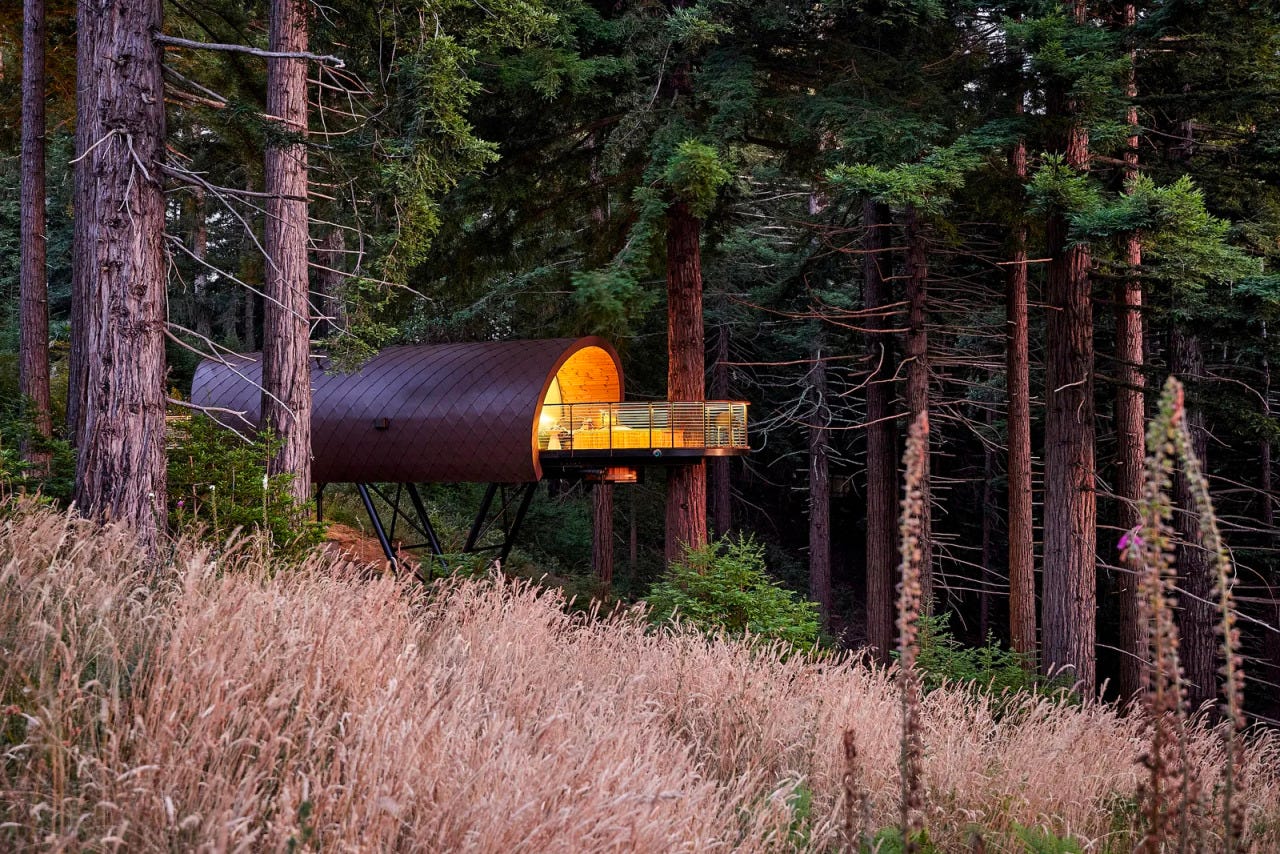



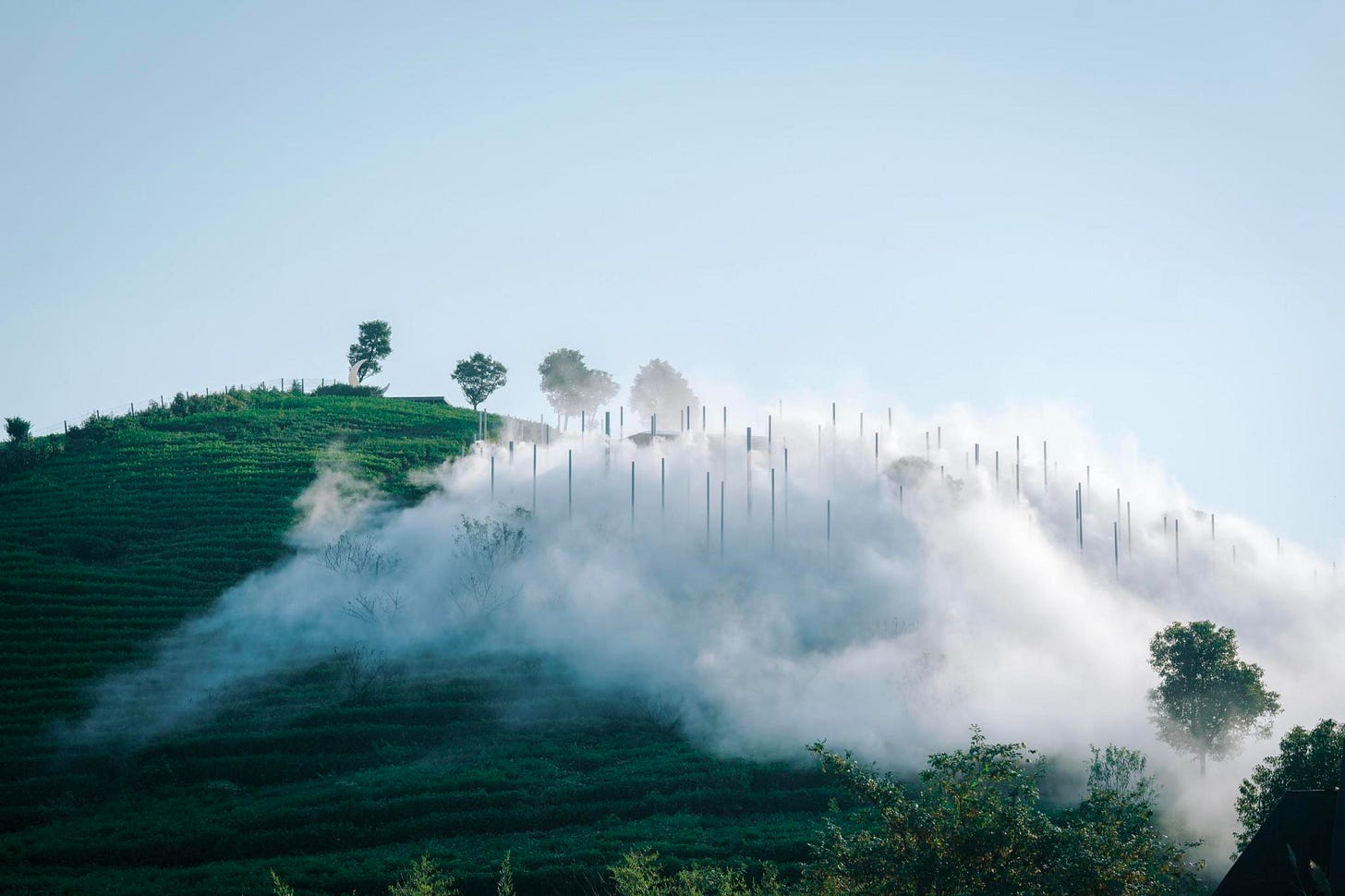


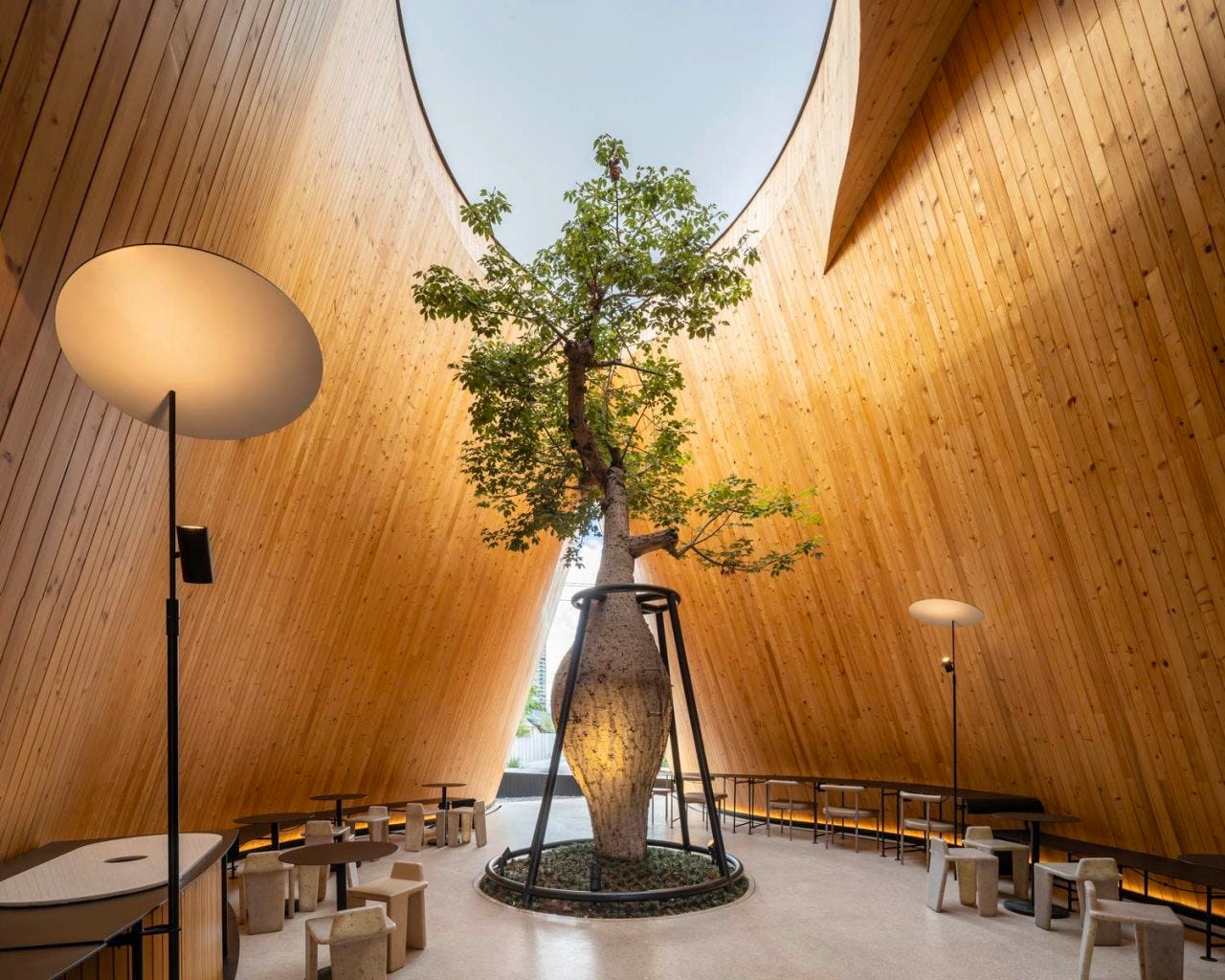



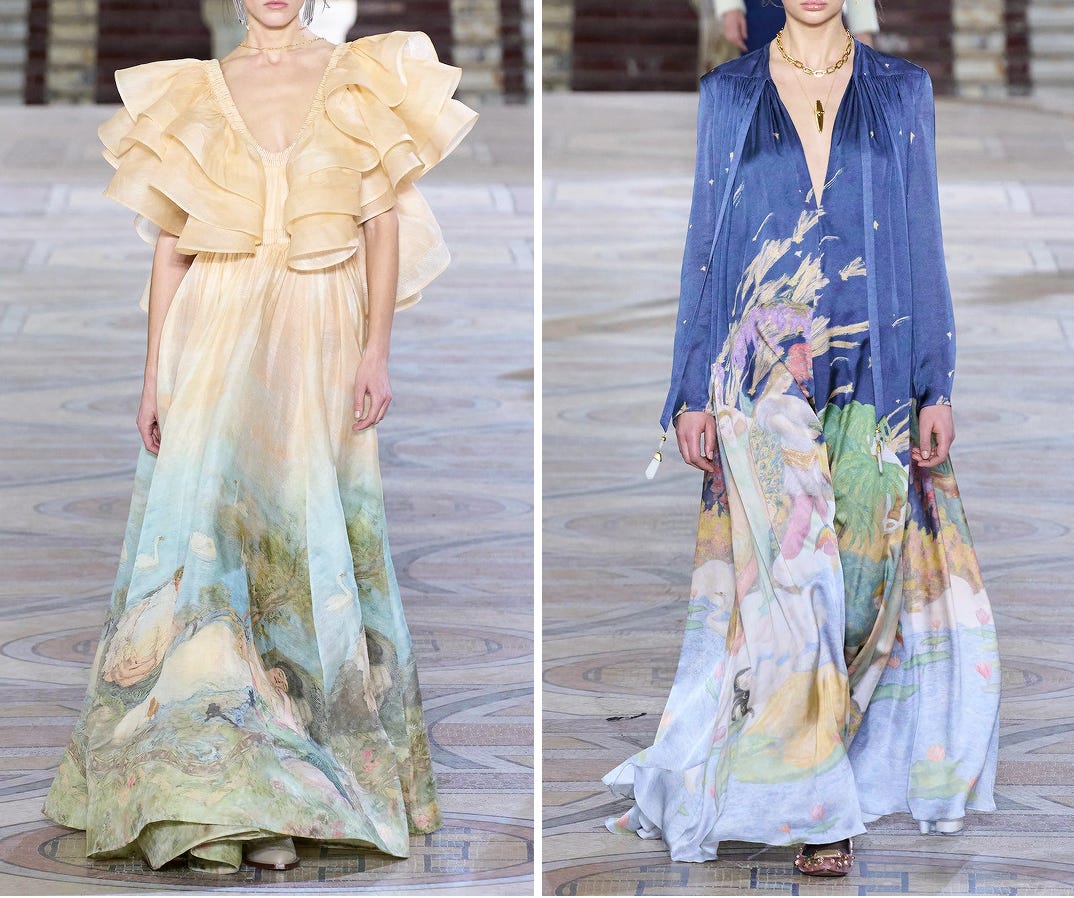

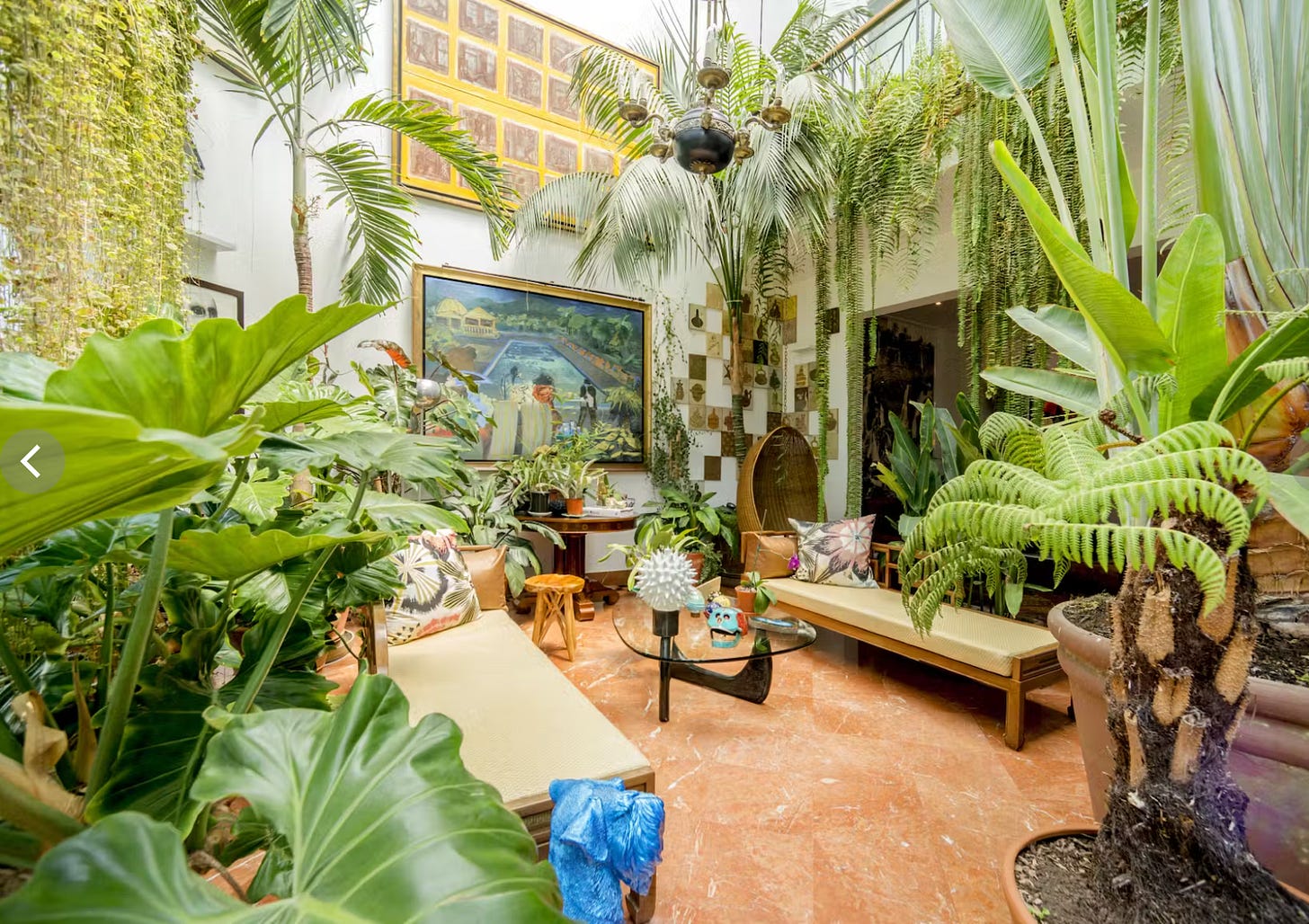



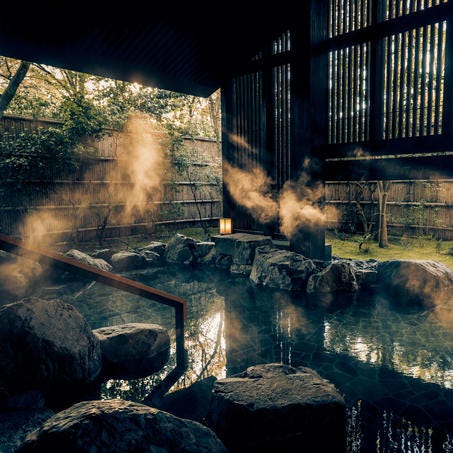
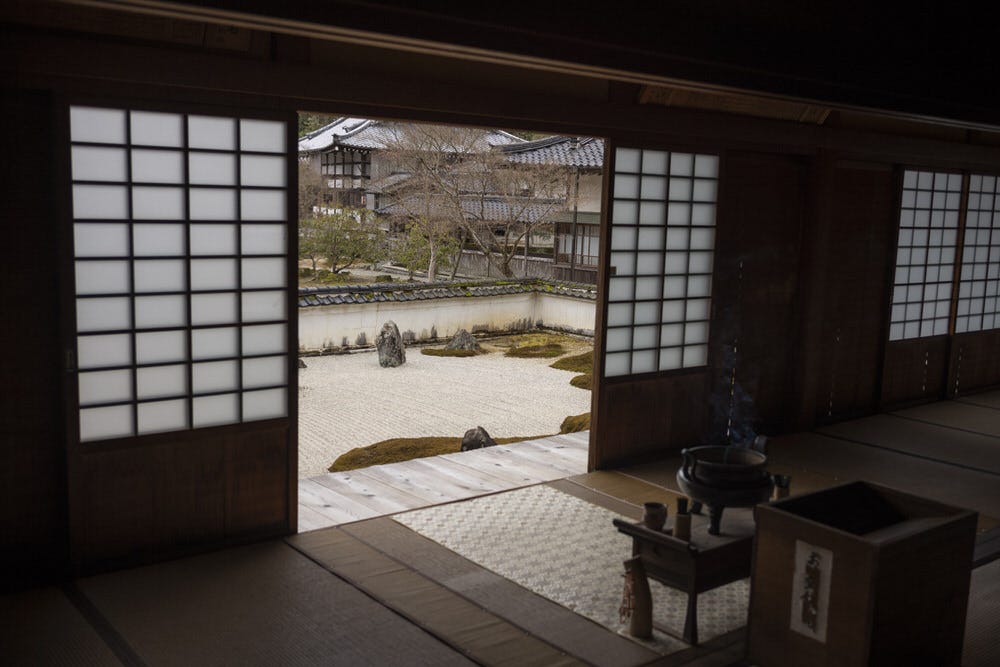
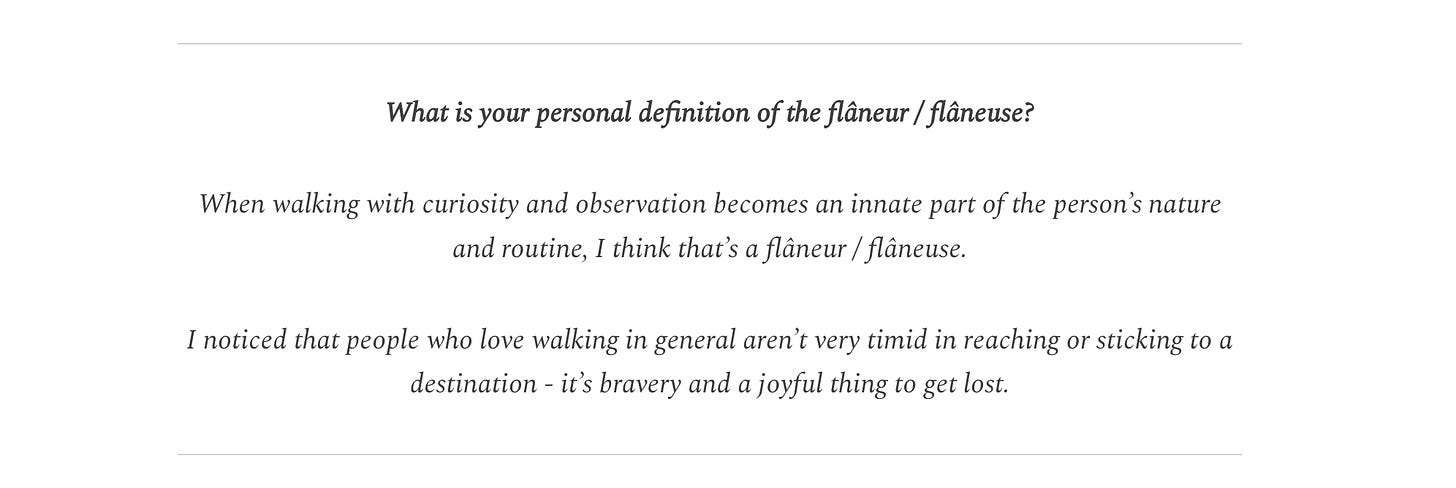

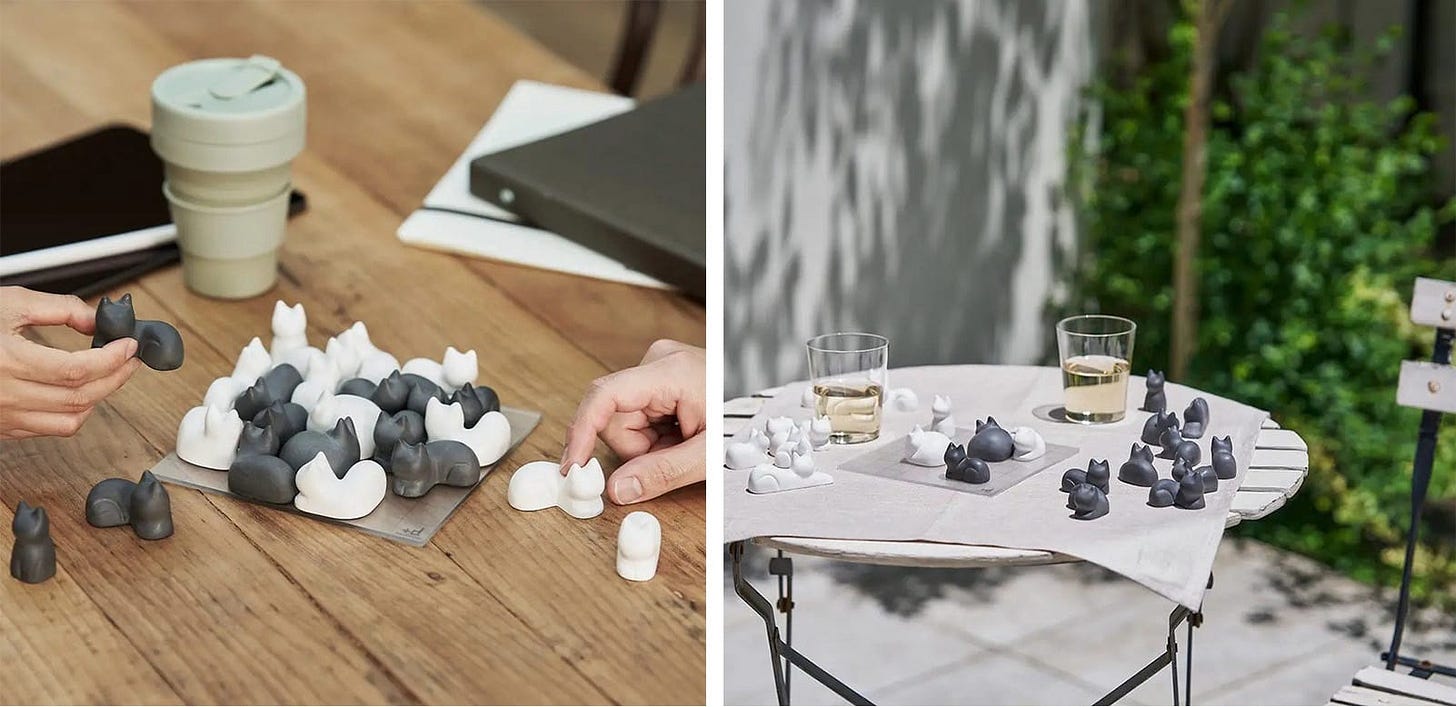
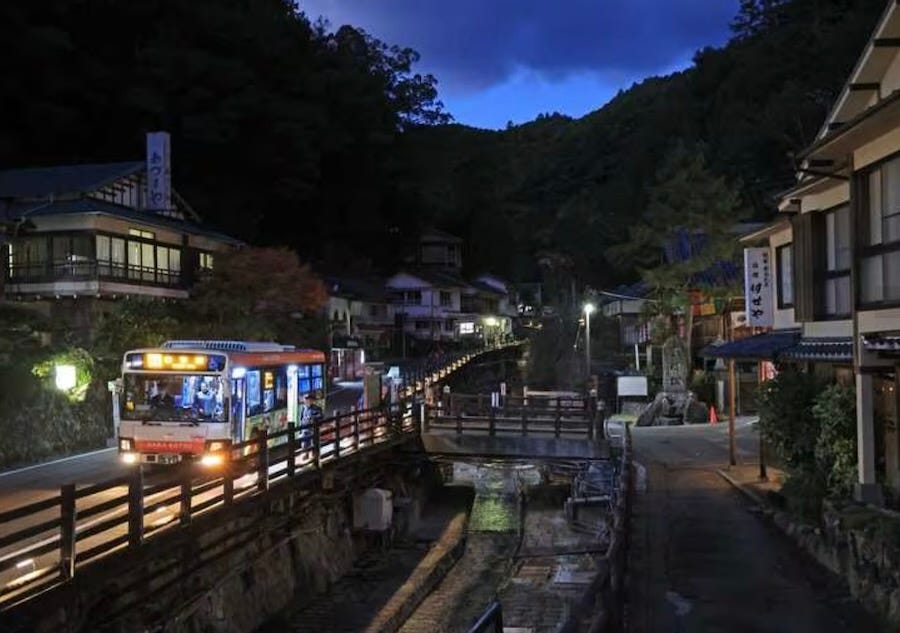
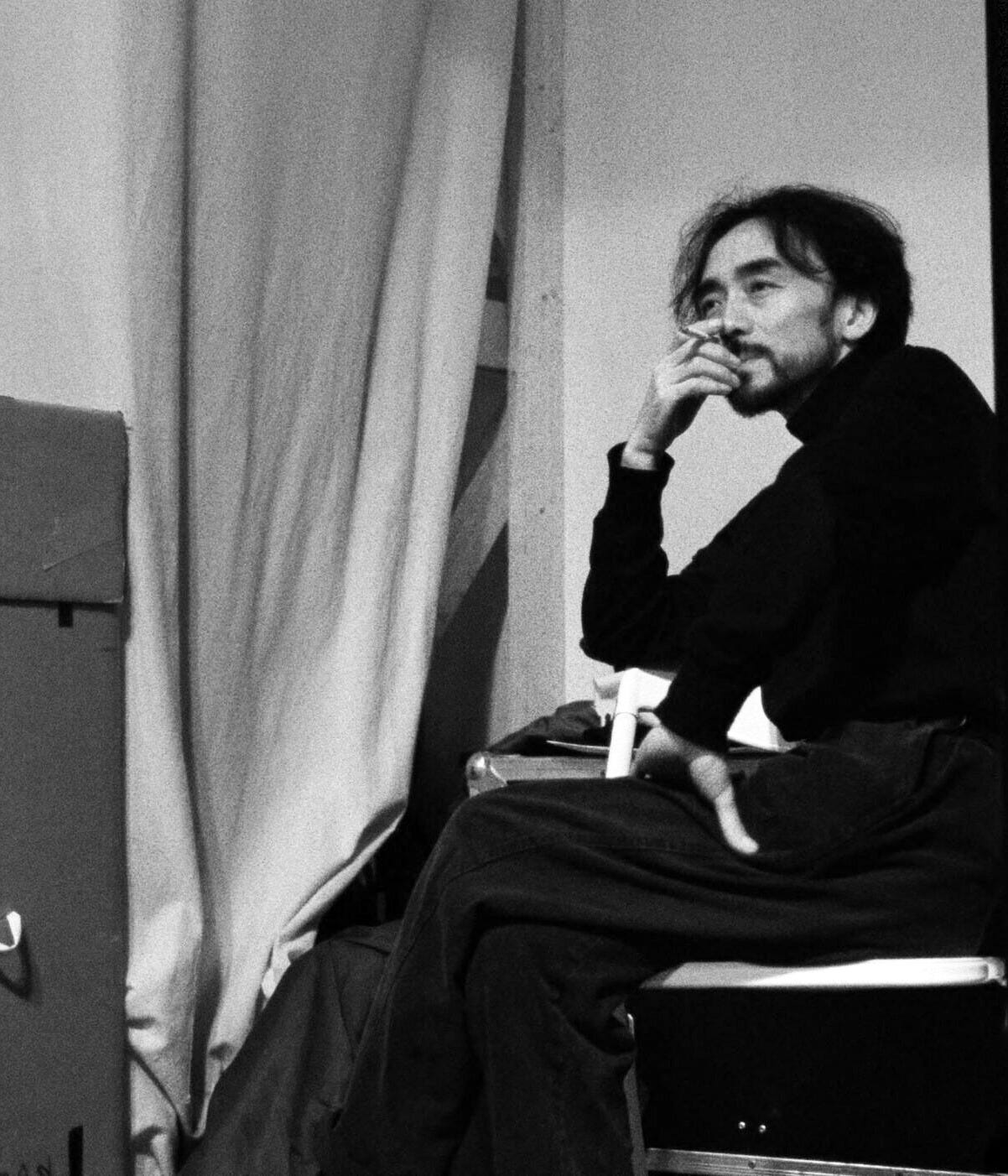

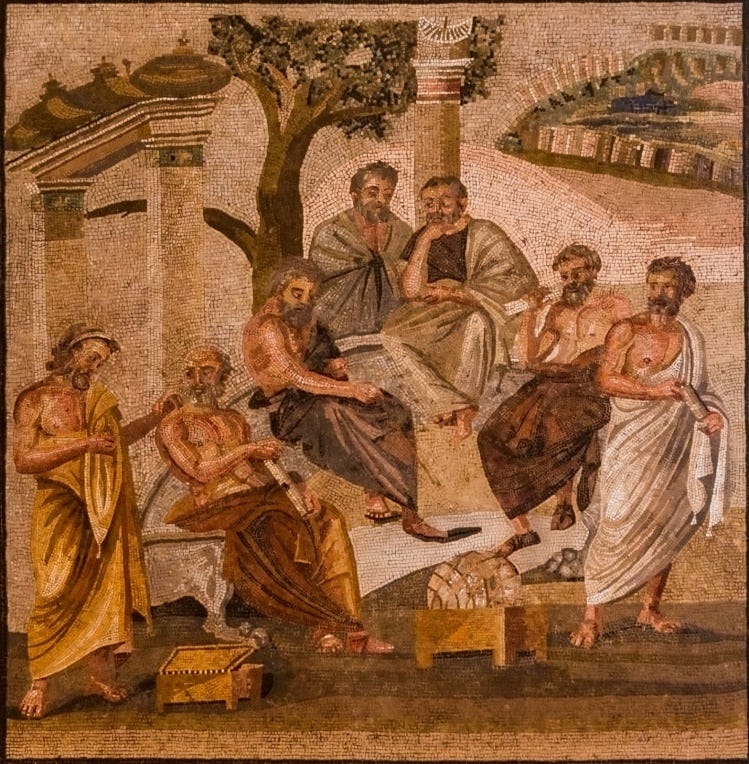
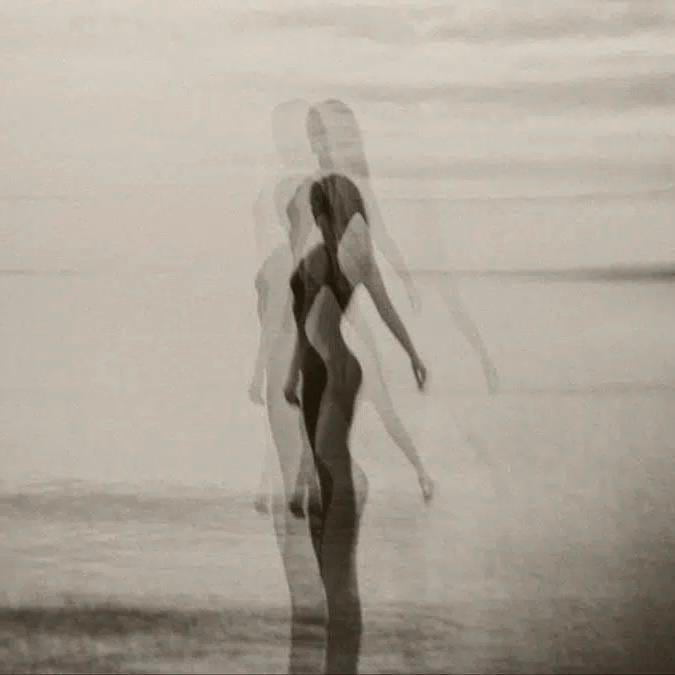

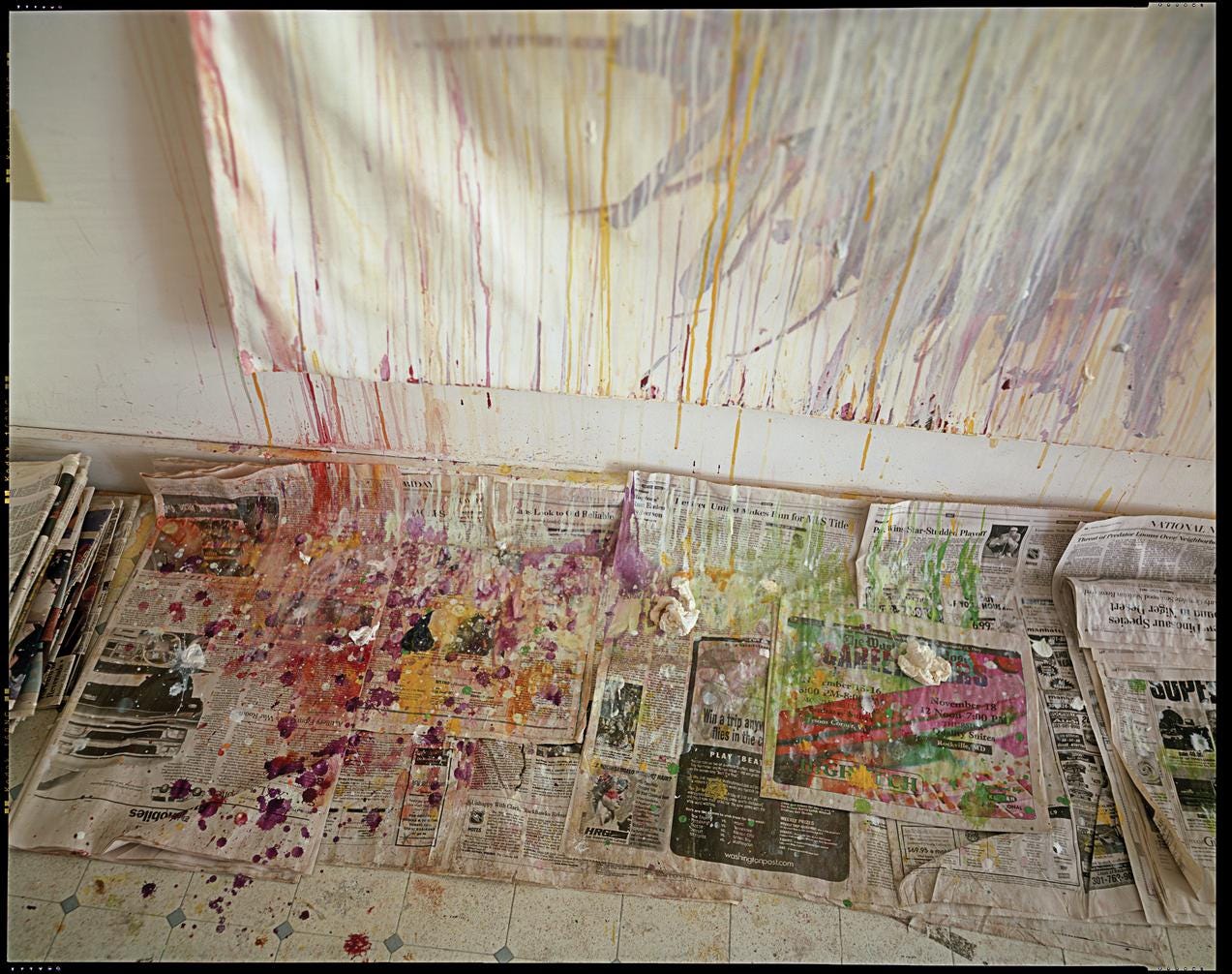






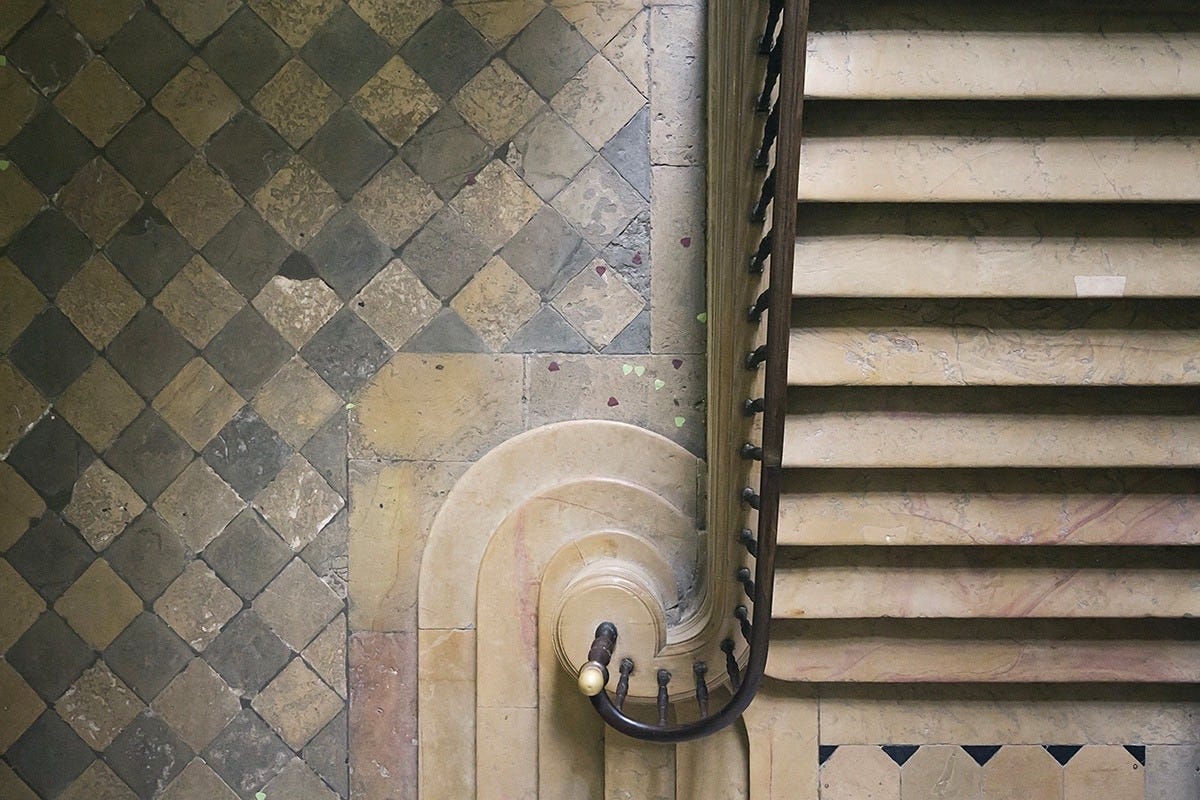



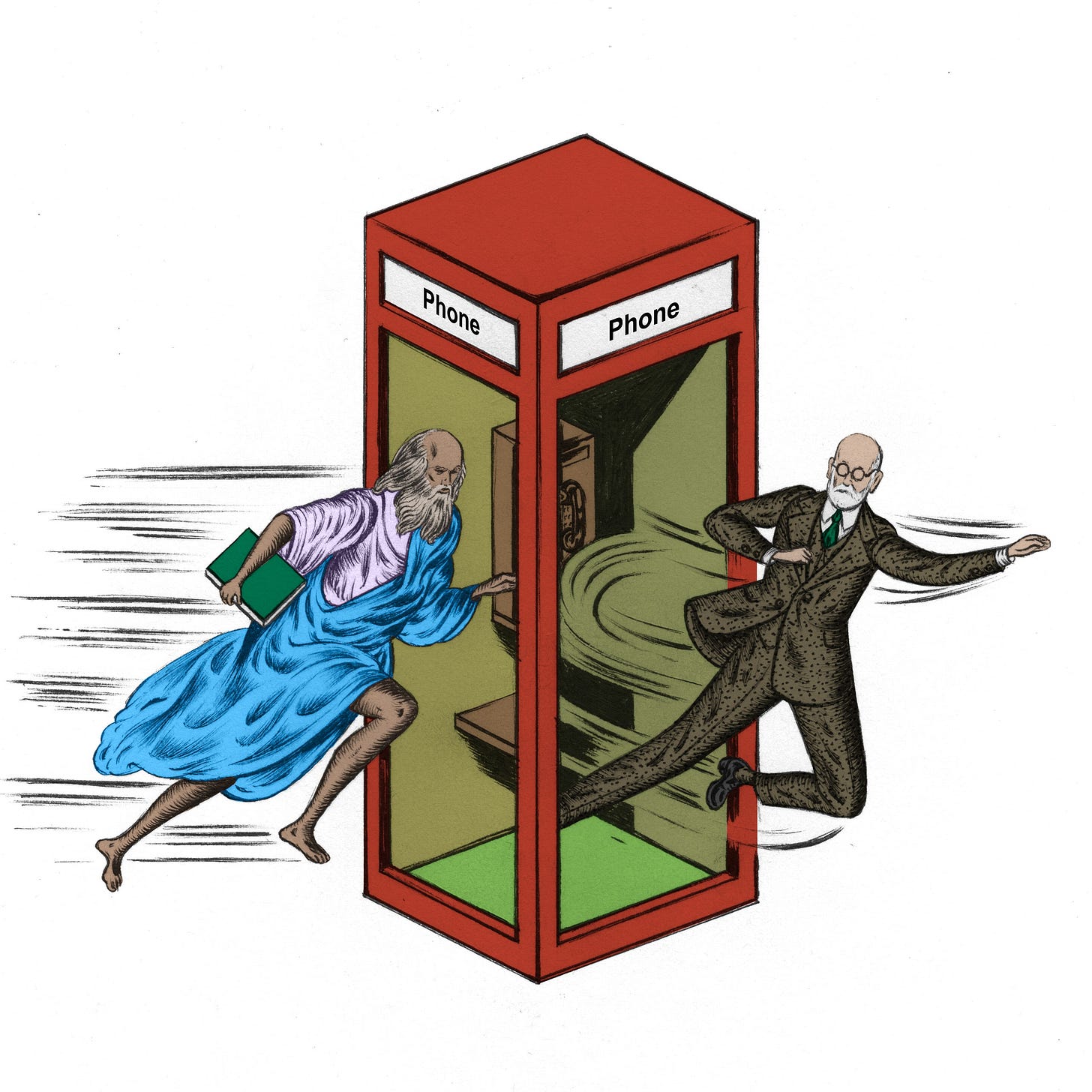


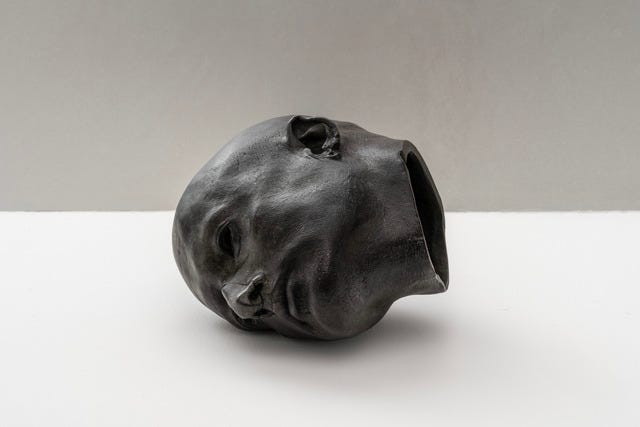




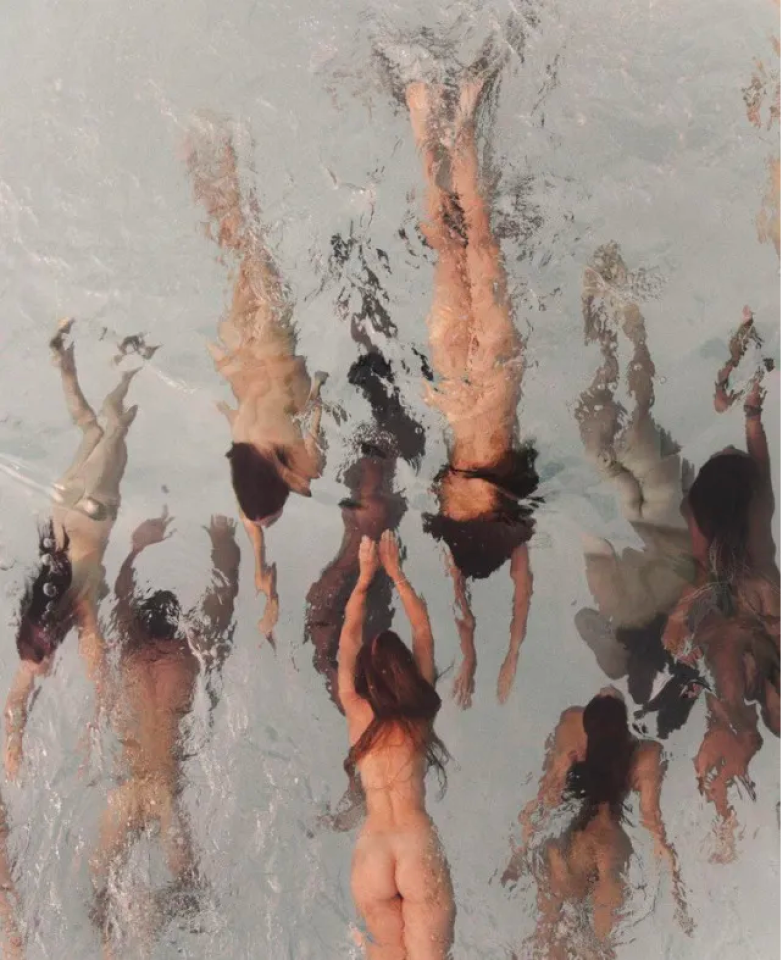


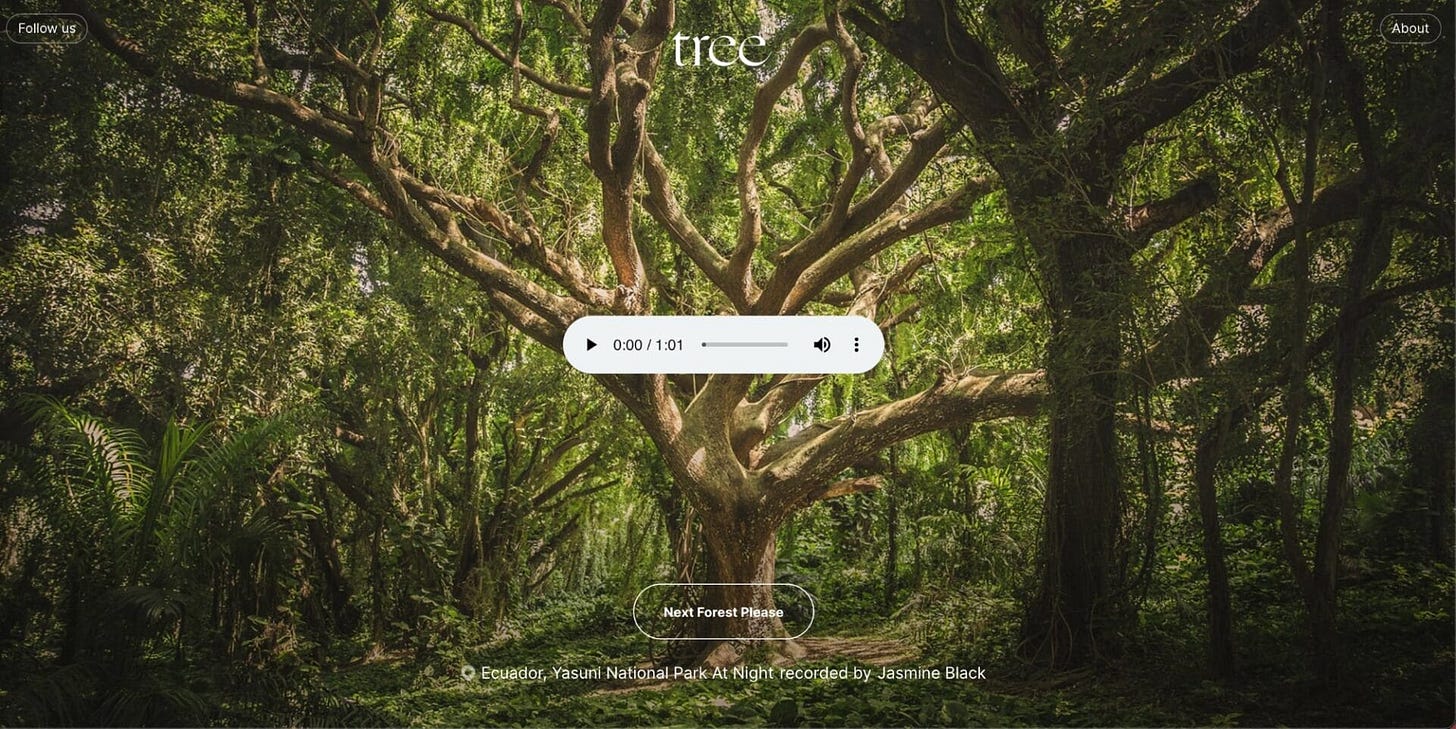


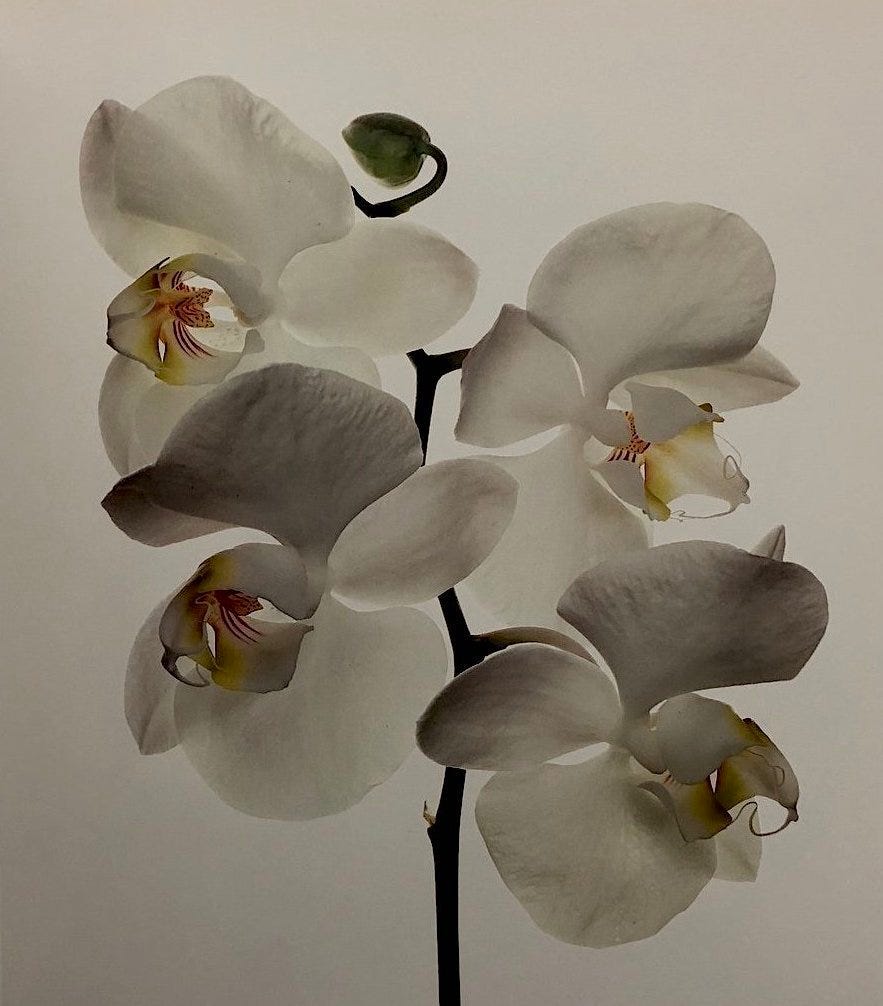
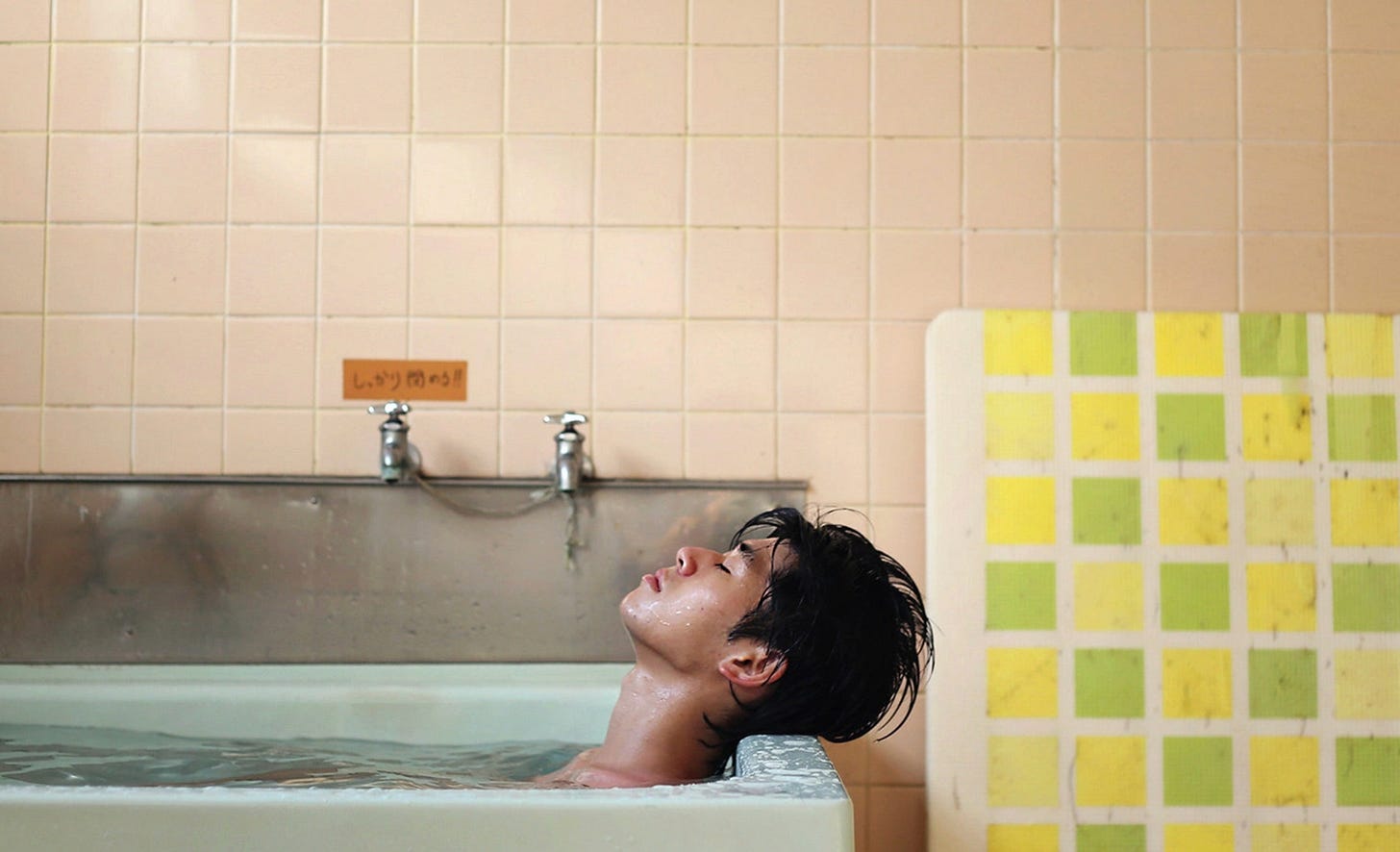



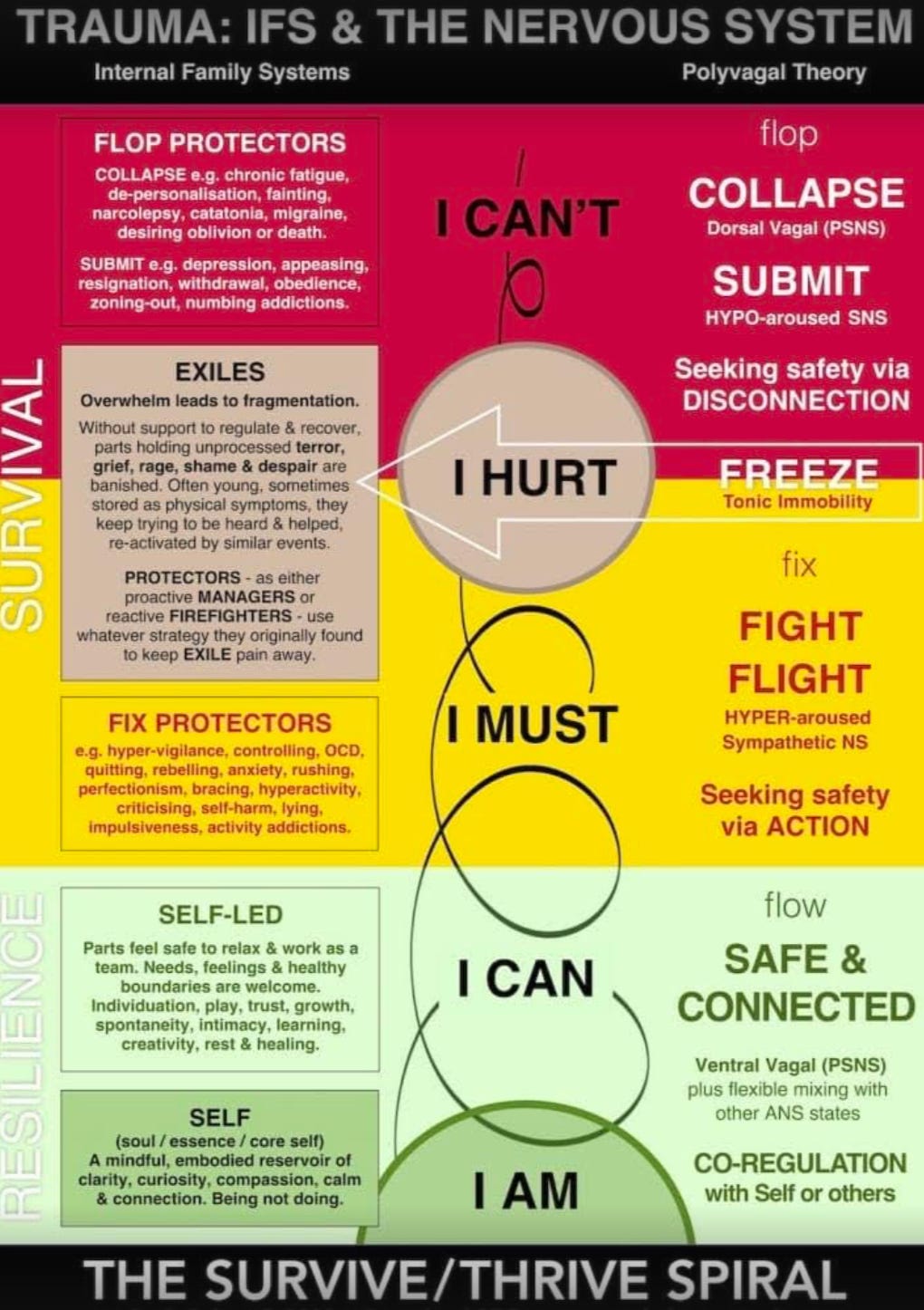
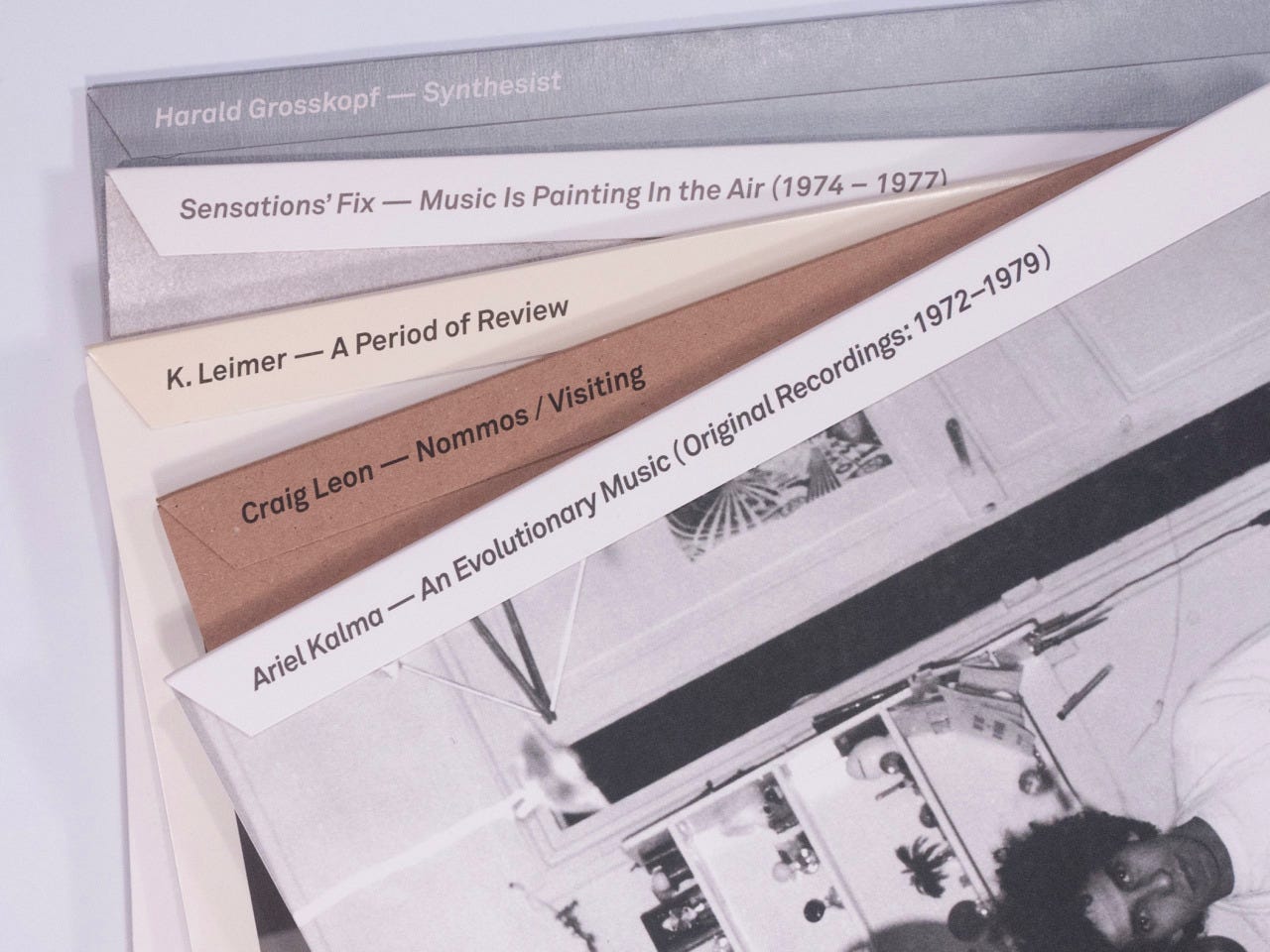
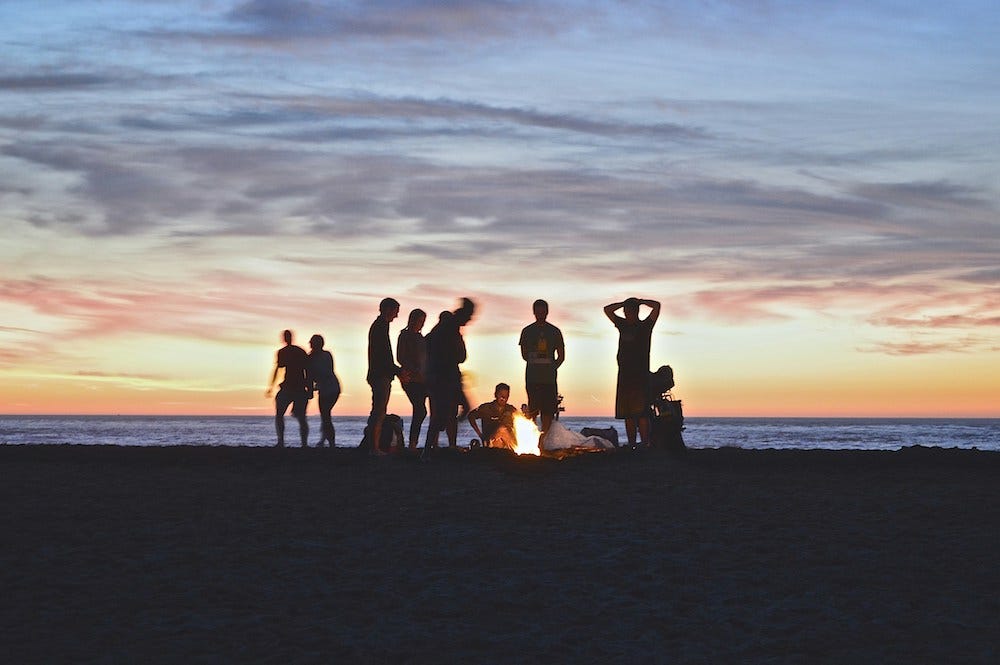

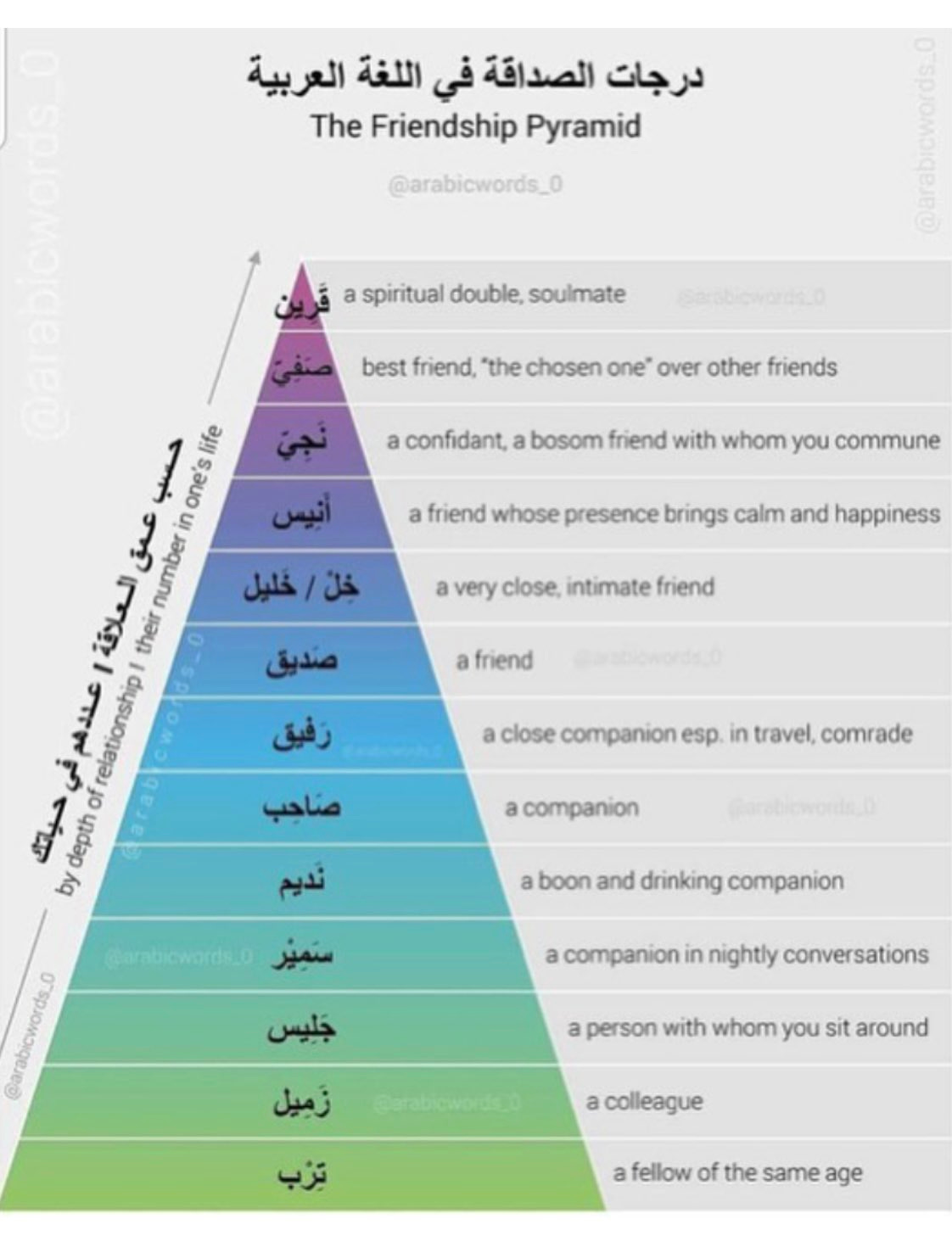


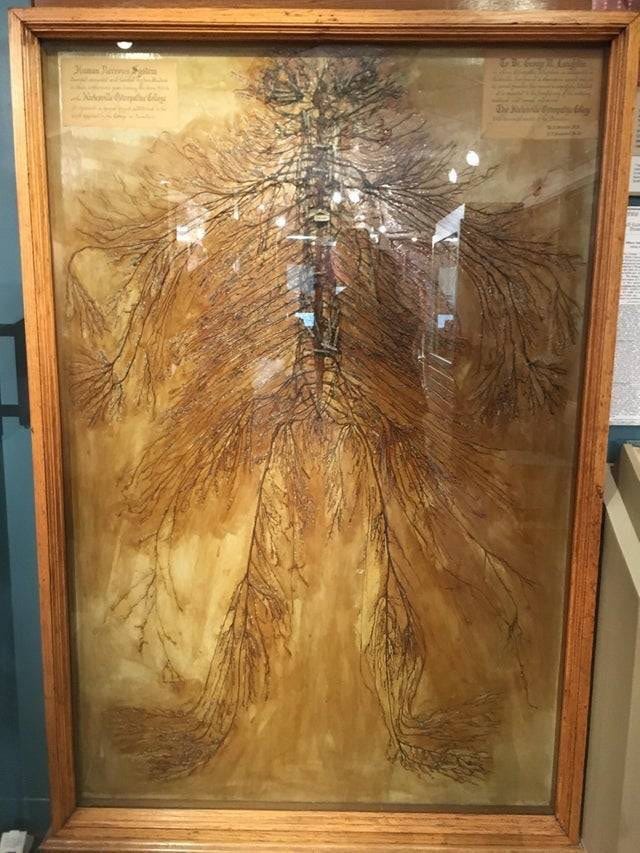






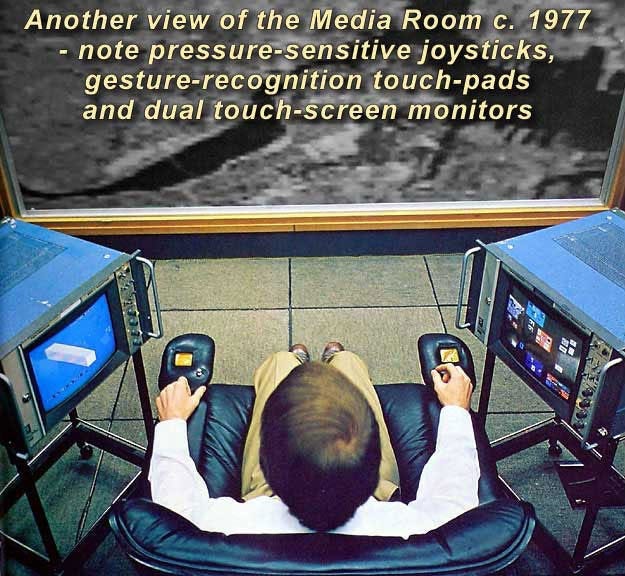




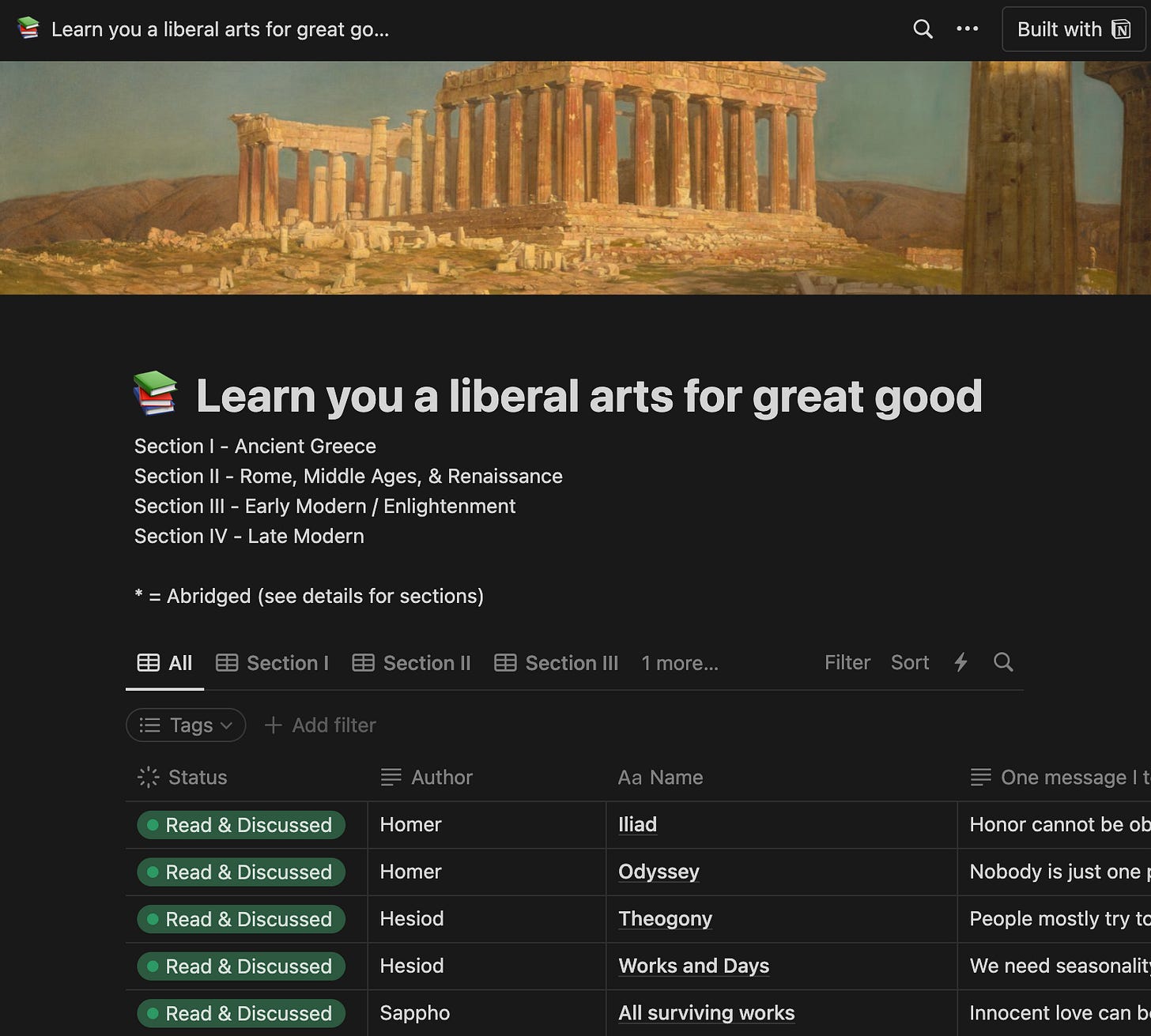



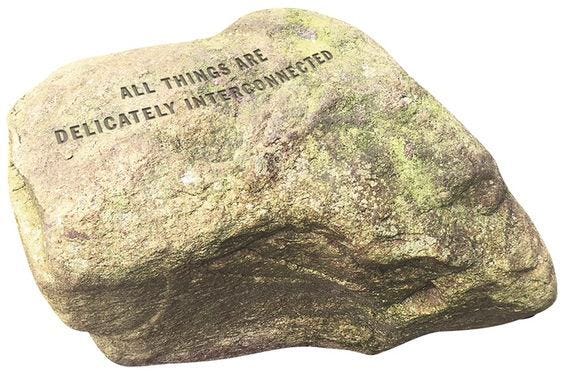
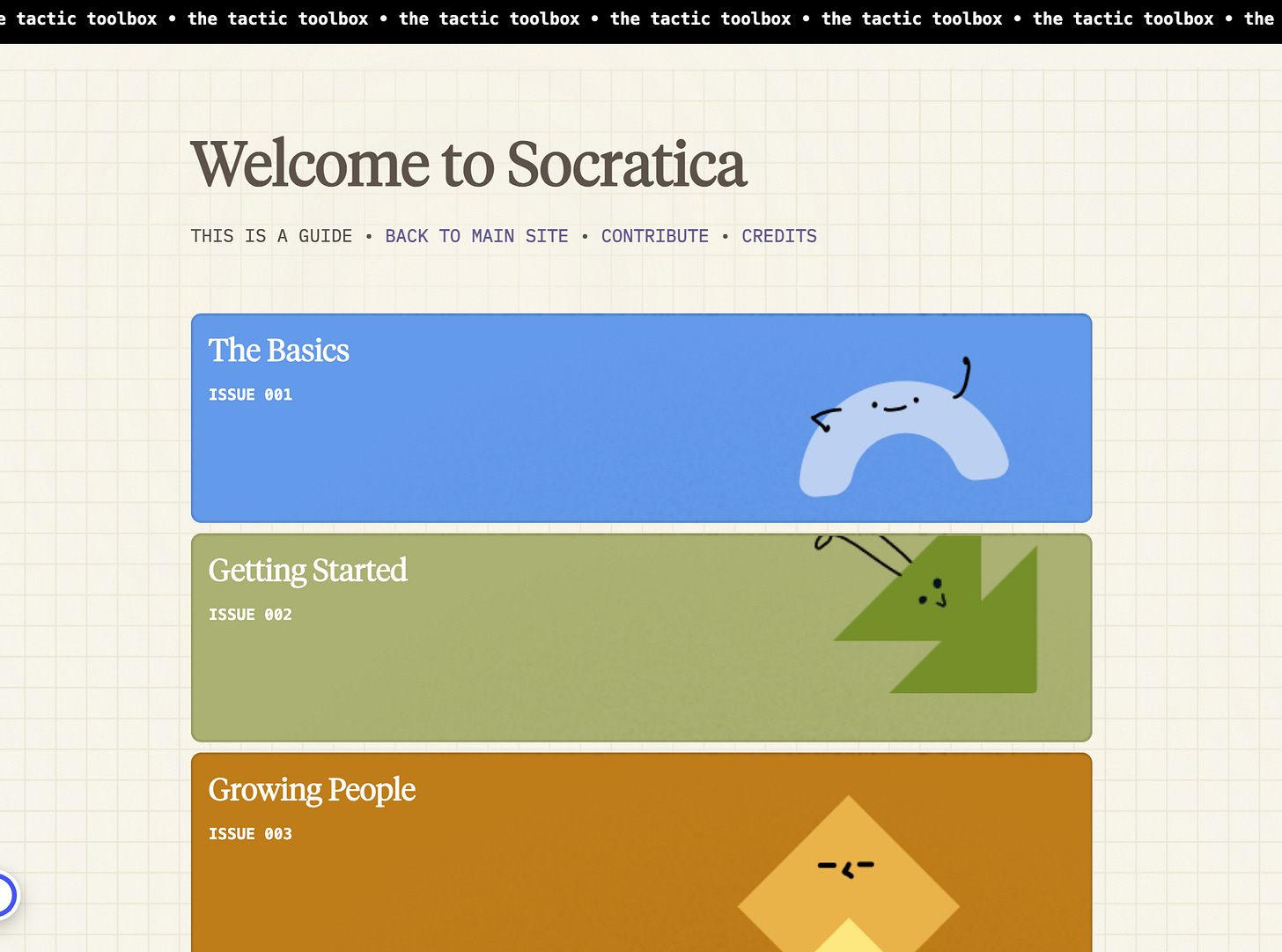
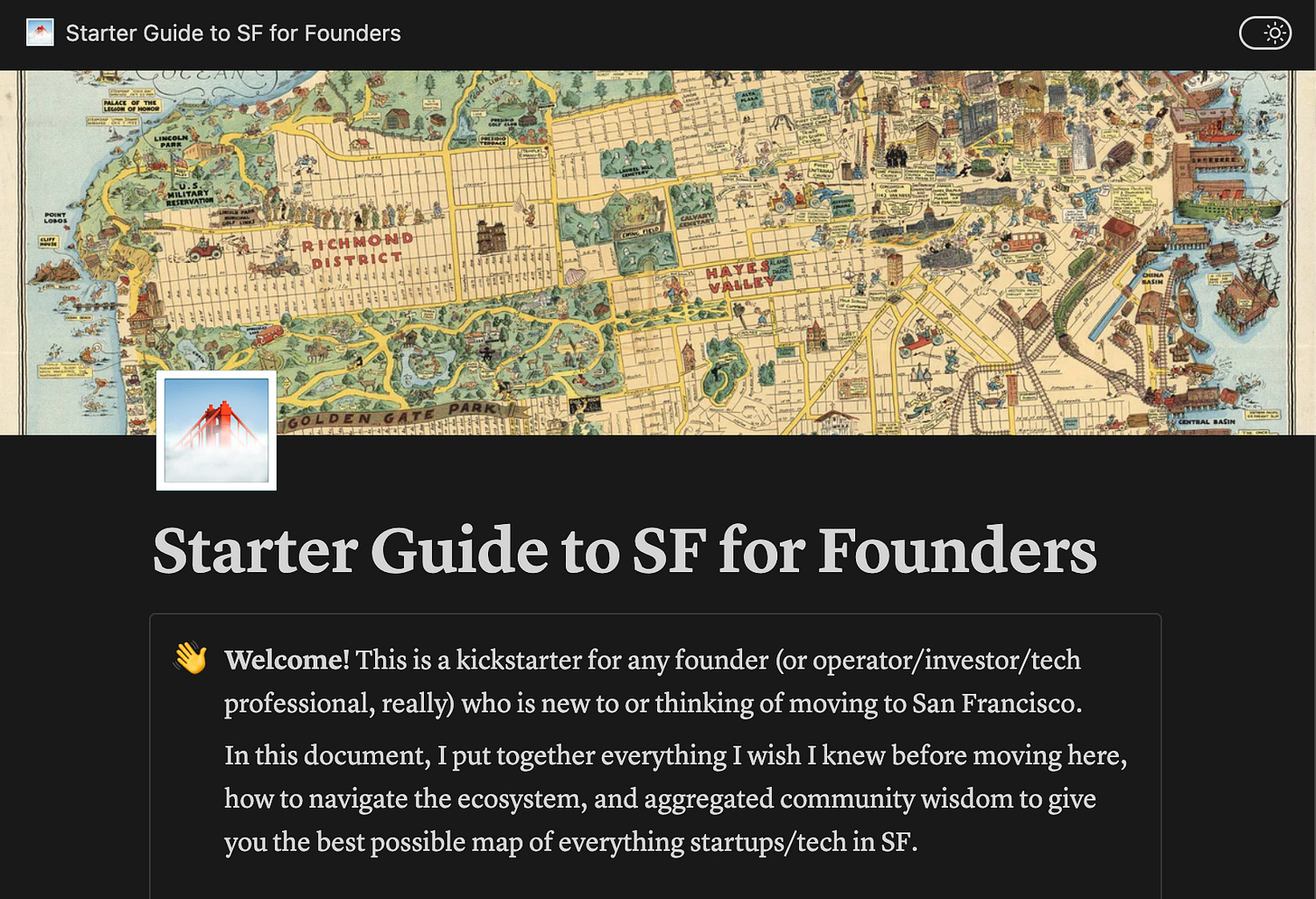
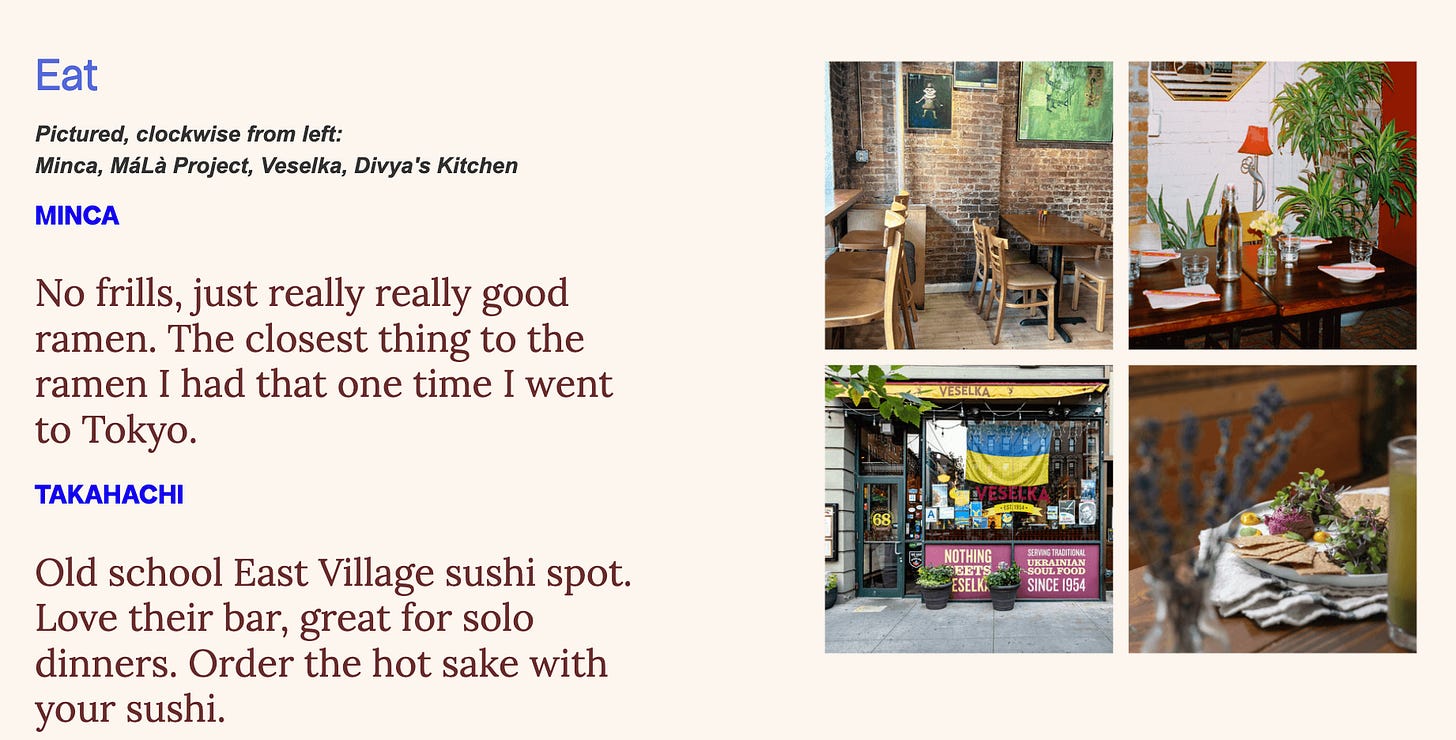
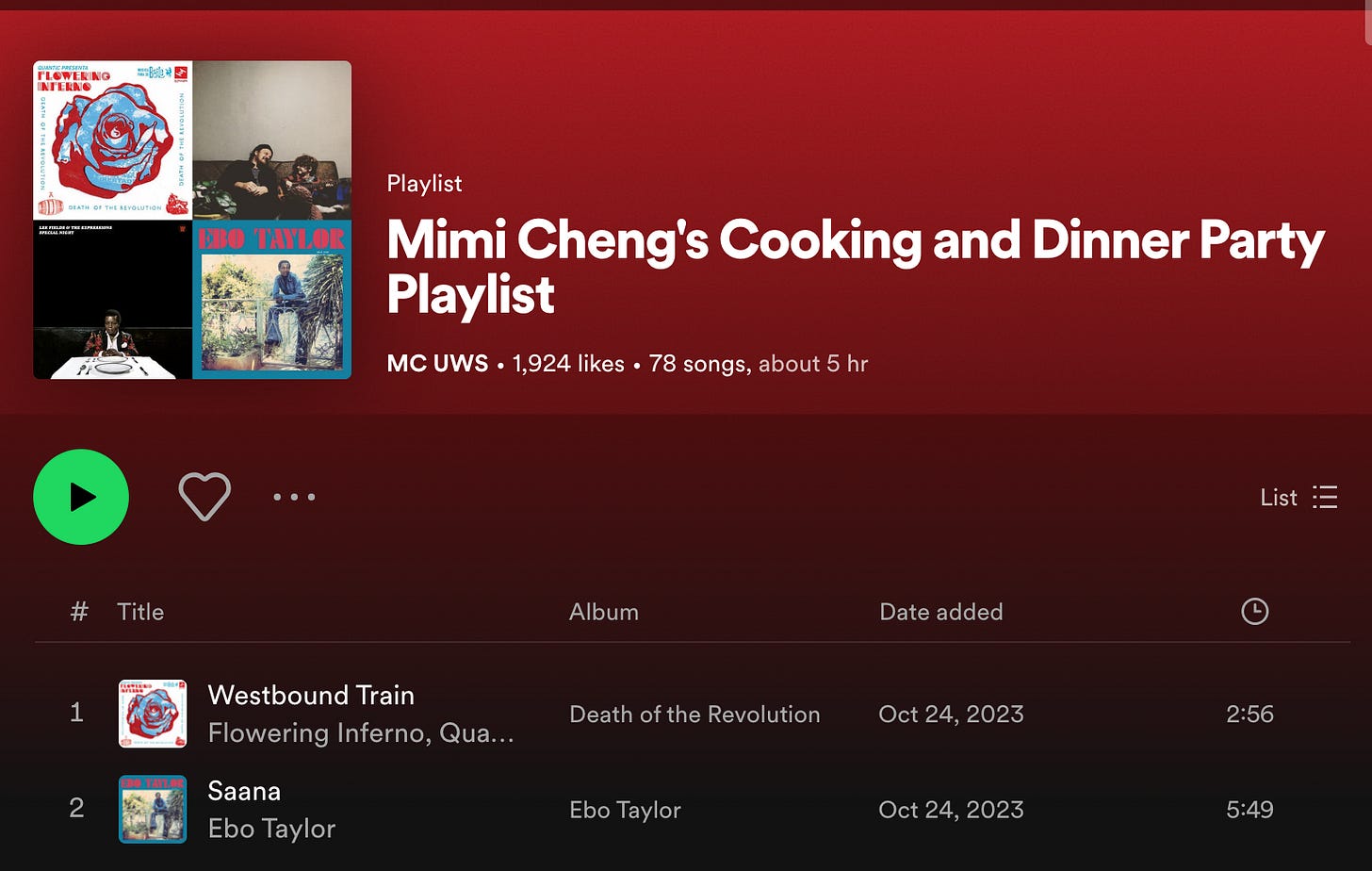

One of your best yet. Thank you!
I wouldn't change a thing. This one just particularly spoke to me over and over again, and I don't think it's right to ask you to change the content to make it more personalized. Part of the appeal is the serendipity that unfolds as I scroll, and it's less serendipitous if I know that's what you're aiming for =D